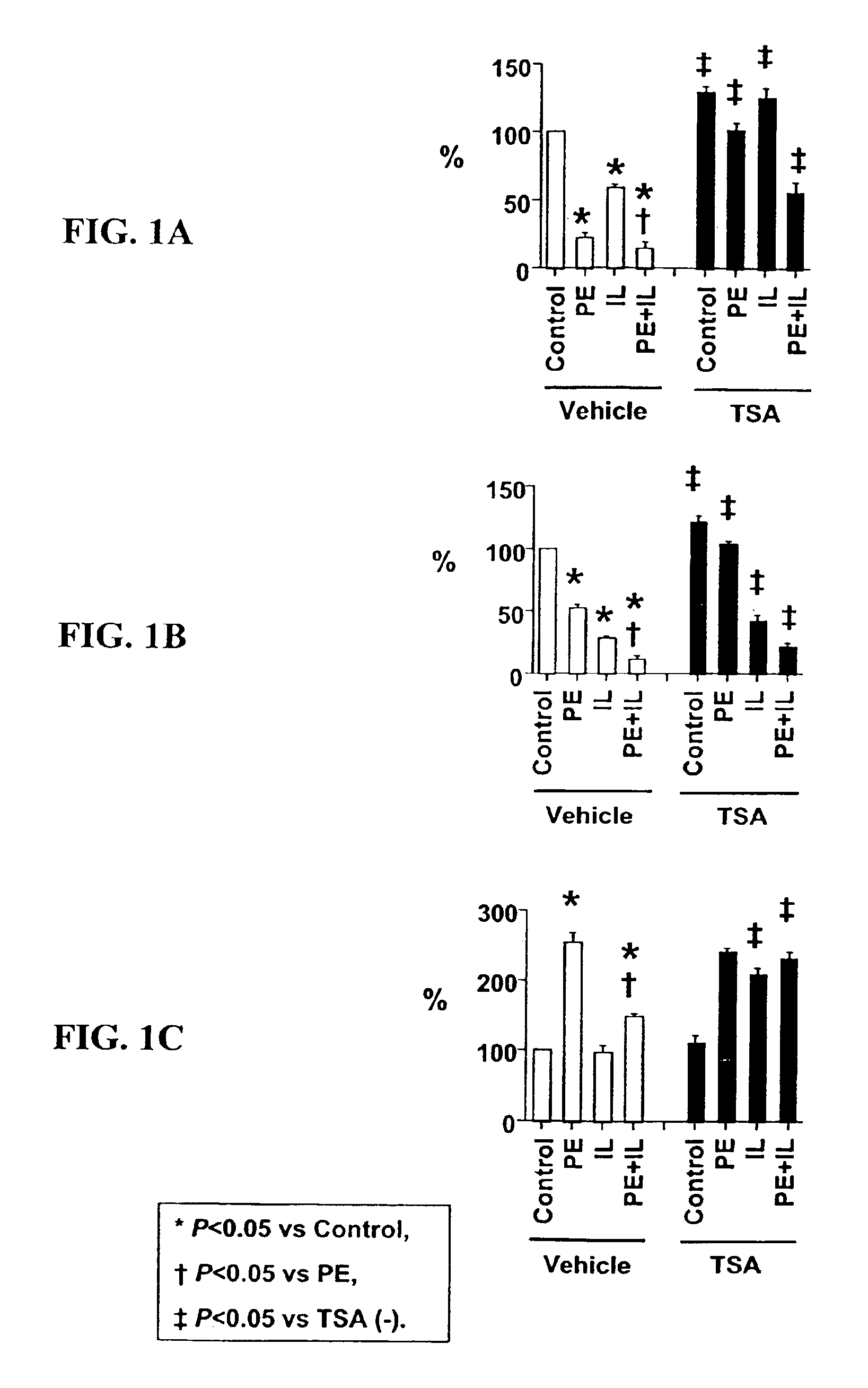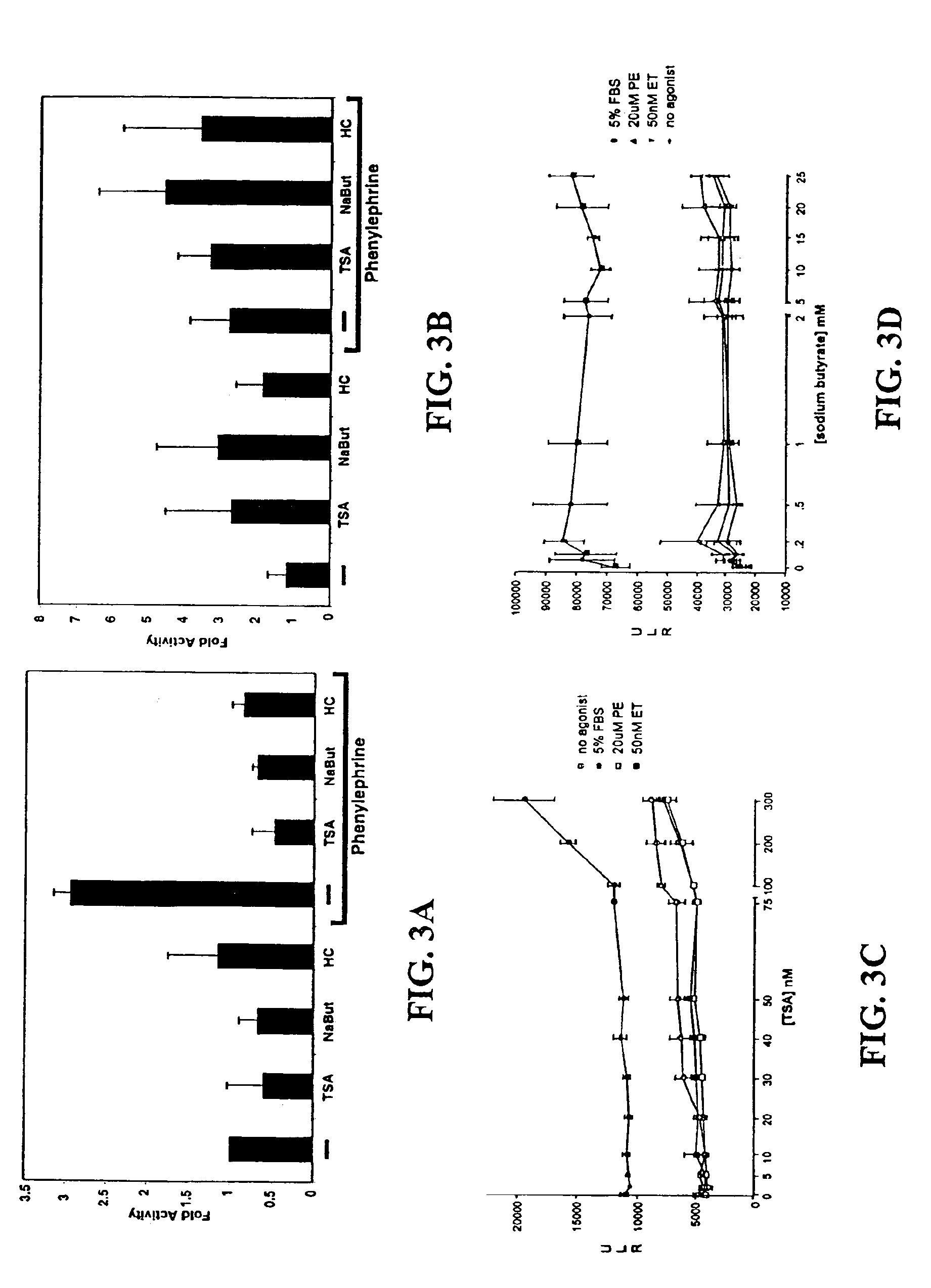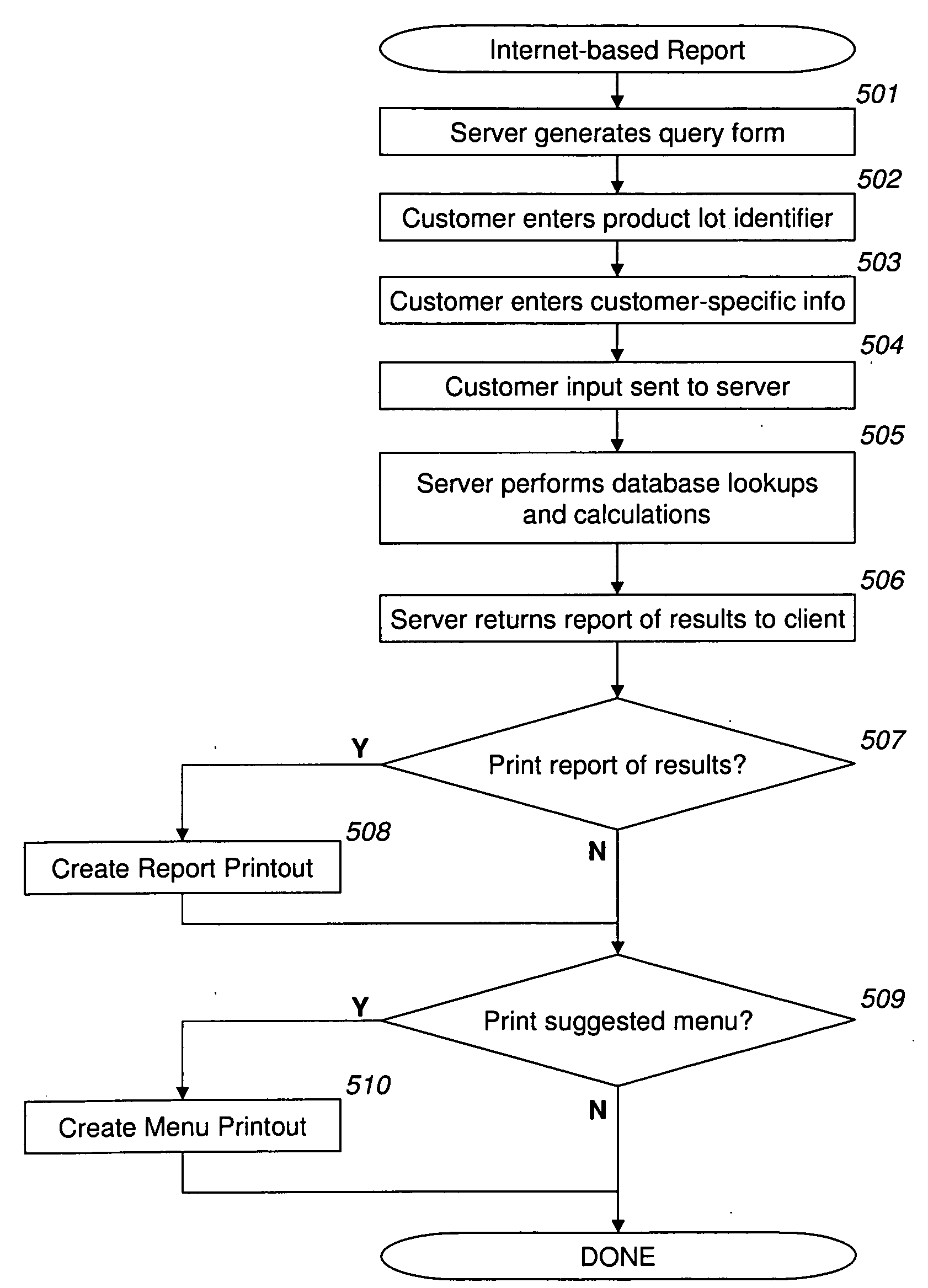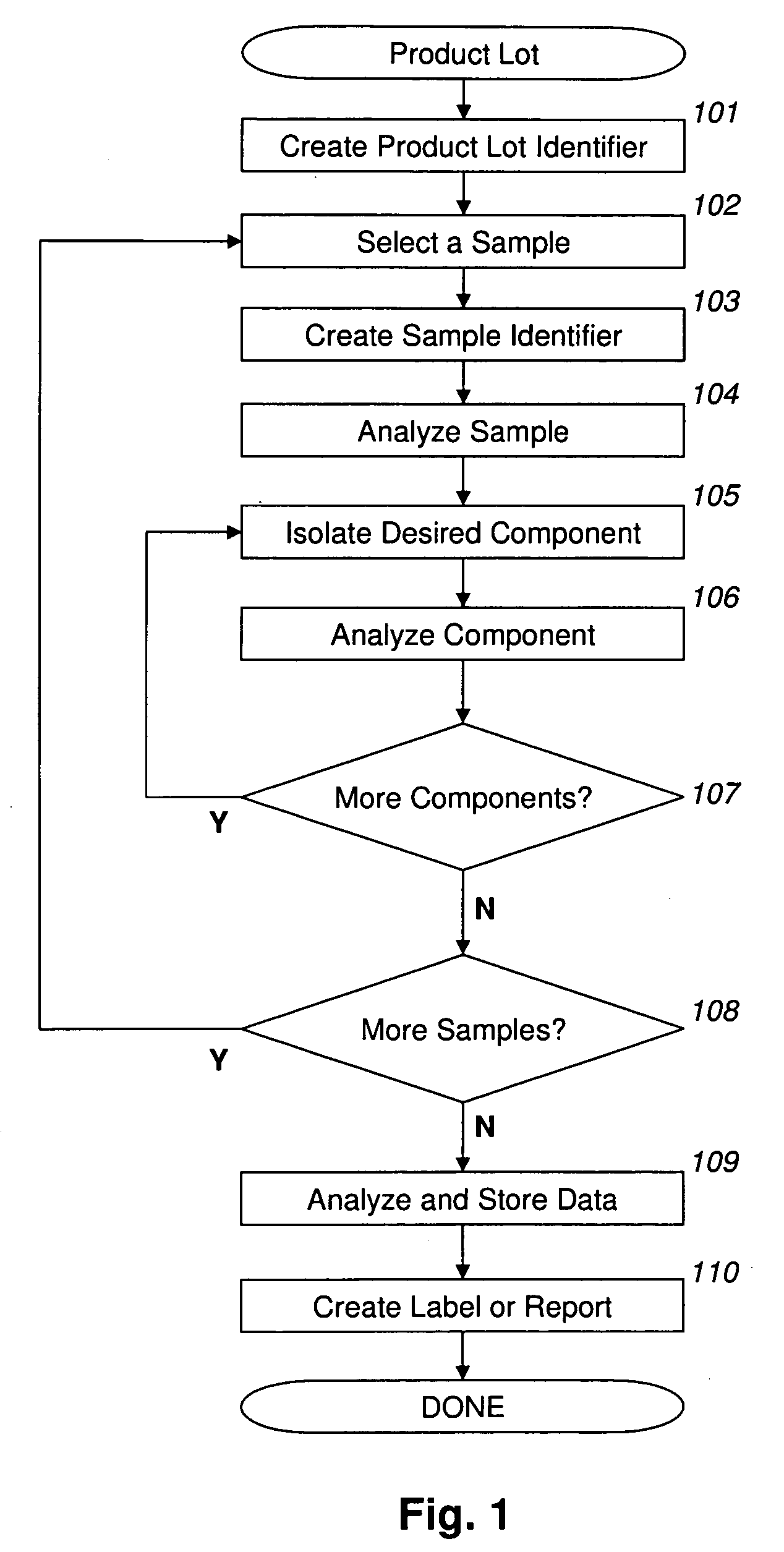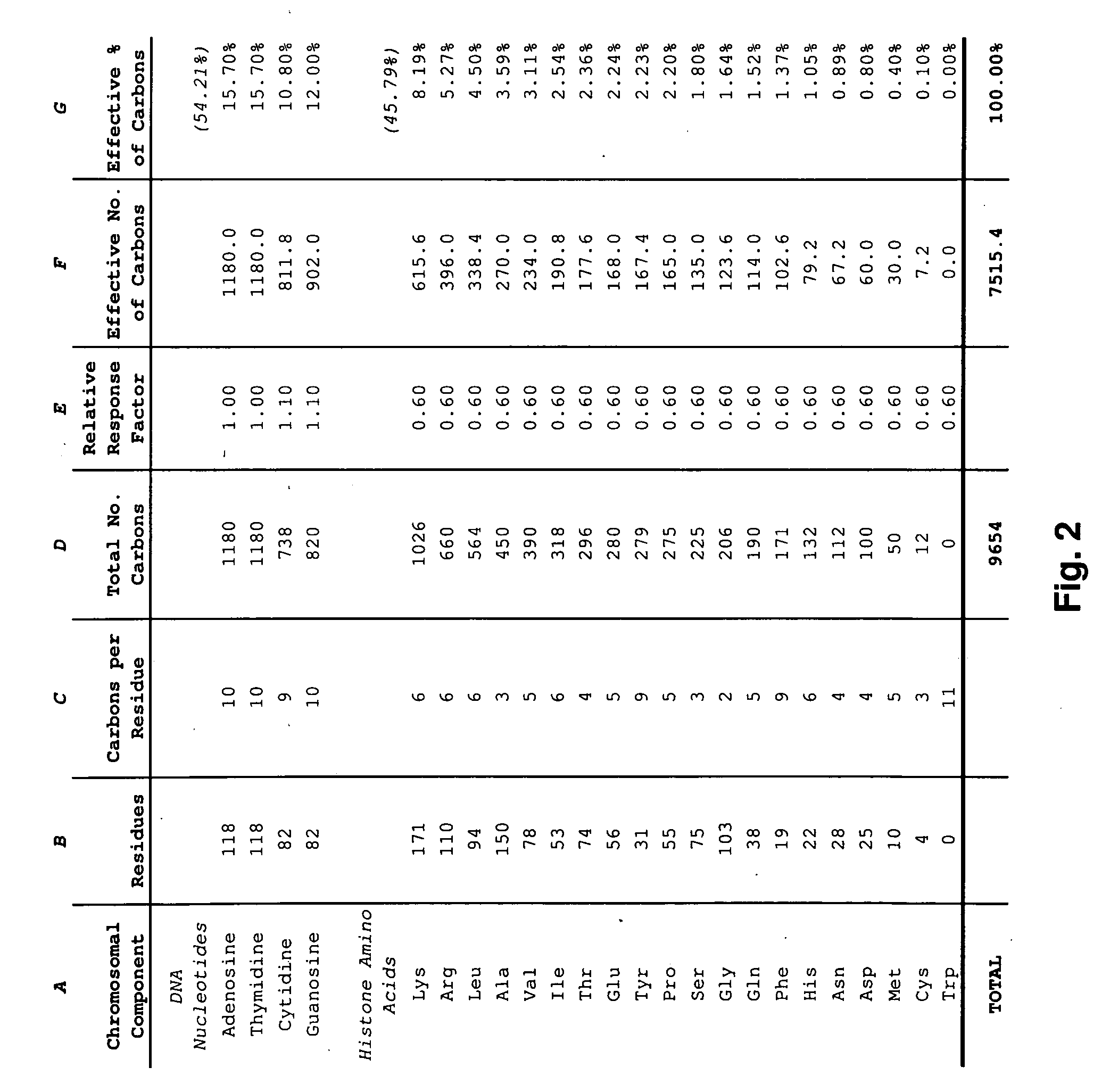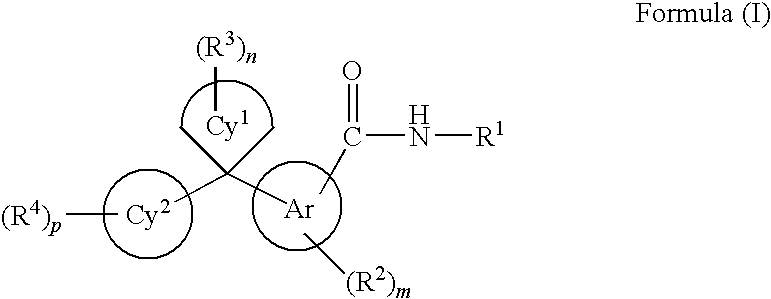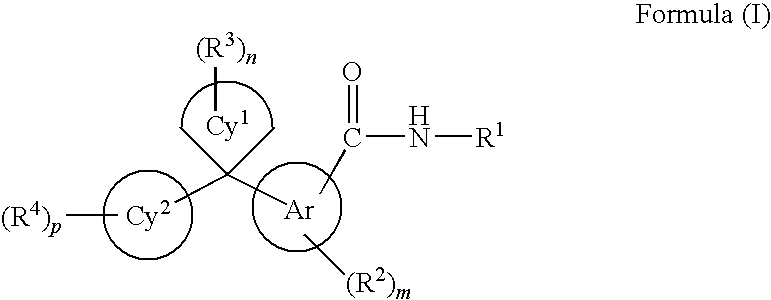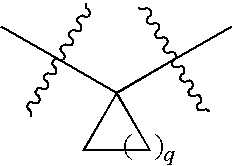Patents
Literature
Hiro is an intelligent assistant for R&D personnel, combined with Patent DNA, to facilitate innovative research.
1678 results about "Histone protein" patented technology
Efficacy Topic
Property
Owner
Technical Advancement
Application Domain
Technology Topic
Technology Field Word
Patent Country/Region
Patent Type
Patent Status
Application Year
Inventor
Histone - a simple protein containing mainly basic amino acids; present in cell nuclei in association with nucleic acids. simple protein - a protein that yields only amino acids when hydrolyzed.
Multi-Functional Small Molecules as Anti-Proliferative Agents
InactiveUS20080221132A1High activityBiocideNervous disorderHistone deacetylaseAntiproliferative Agents
The present invention relates to the compositions, methods, and applications of a novel approach to selective inhibition of several cellular or molecular targets with a single small molecule. More specifically, the present invention relates to multi-functional small molecules wherein one functionality is capable of inhibiting histone deacetylases (HDAC) and the other functionality is capable of inhibiting a different cellular or molecular pathway involved in aberrant cell proliferation, differentiation or survival.
Owner:CURIS INC
Inhibitors of histone demethylases
Compounds of the formIn which Q is selected from —CH═NR12, —W, —CH2NHR13, —CH═O and —CH(OR17)2 capable of modulating the activity of histone demethylases (HDMEs), which are useful for prevention and / or treatment of diseases in which genomic dysregulation is involved in the pathogenesis, such as e.g. cancer and formulations and methods of use of such compounds.
Owner:GILEAD SCI INC
Human SARS-CoV-2 monoclonal antibody and preparation method and application thereof
PendingCN111153991AHigh affinityStrong specificitySsRNA viruses positive-senseVirus peptidesBALB/cMonoclonal antibody agent
The invention discloses a human SARS-CoV-2 monoclonal antibody. The preparation method of the human SARS-CoV-2 monoclonal antibody comprises the steps: adopting SARS-CoV Nucleocapsid recombinant protein as immunogen, immunizing BALB / c mice, performing fusion and subcloning on spleen cells and myeloma cells of mice, then performing a large amount of repeated screening and domestication of cell lines through commercialized products SARS-CoV-2 Nucleocapsid and MERS Nucleocapsid so as to obtain a hybridoma cell line capable of secreting the SARS-CoV-2-resistant N monoclonal antibody with high affinity and high specificity finally and successfully, and finally performing ascites preparation and purification so as to obtain the monoclonal antibody, wherein the amino acid sequence of the SARS-CoVNucleocapsid recombinant protein is shown in SEQ ID No. 1. The invention also discloses application of the monoclonal antibody in preparation of SARS-CoV-2 virus detection products and preparation ofdrugs for inhibiting the SARS-CoV-2 viruses. The monoclonal antibody can be used for detecting the SARS-CoV-2 in human throat swabs / pulmonary secretions and other samples by using a double-antibody sandwich method, and can be applied to diagnosis and prevention and control of SARS-CoV-2 virus infection and scientific researches of viruses and other study.
Owner:BEIJING BIOSYNTHESIS BIOTECH
Inhibitors of histone demethylases
The present application discloses compounds capable of modulating the activity of histone demethylases (HDMEs), which are useful for prevention and / or treatment of diseases in which genomic dysregulation is involved in the pathogenesis, such as e.g. cancer. The present application also discloses pharmaceutical compositions comprising said compounds and the use of such compounds as a medicament. The compounds take the form
Owner:GILEAD SCI INC
Histone deacetylase inhibitors and methods of use thereof
The invention provides novel classes of HDAC inhibitors. Methods of sensitizing a cancer cell to the cytotoxic effects of radiotherapy are also provided as well as methods for treating cancer and methods for treating neurological diseases. Additionally, the invention further provides pharmaceutical compositions comprising an HDAC inhibitor of the invention, and kits comprising a container containing an HDAC inhibitor of the invention.
Owner:GEORGETOWN UNIV
Production of proteins in eggs
InactiveUS6861572B1Reduce usageUseful in treatmentEgg immunoglobulinsVector-based foreign material introductionBiotechnologyAnimal science
Methods for preparing recombinant proteins, such as antibodies, in eggs are described. The method offers advantages over existing systems for preparing recombinant proteins including high yield, low cost and compatibility with animal protection regulations. In addition, since eggs are edible food sources the recombinant protein does not have to be isolated from the egg.
Owner:RGT UNIV OF CALIFORNIA
Proteome epitope tags and methods of use thereof in protein modification analysis
InactiveUS20060014212A1High clinical application valueReliable detectionLibrary screeningNanoinformaticsEpitopePost translational
Disclosed are reagents and methods for reliably detecting the presence and measuring the amount of proteins, including proteins with various post-translational modifications (phosphorylation, glycosylation, methylation, acetylation, etc.) in a sample by the use of one or more capture agents that recognize and interact with recognition sequences uniquely characteristic of a protein or a set of proteins (Proteome Epitope Tags, or PETs) in the sample. Arrays comprising these capture agents or PETs are also provided.
Owner:EPITOME BIOSYST
Epigenetic mechanisms re-establish access to long-term memory after neuronal loss
ActiveUS20080300205A1Increase the number ofIncrease in histone acetylationBiocideNervous disorderEpigenetic ProfileAcetylation
The invention relates to methods and products for enhancing and improving recovery of lost memories. In particular the methods are accomplished through the increase of histone acetylation.
Owner:THE GENERAL HOSPITAL CORP +2
Methods of overexpression and recovery of porcine circovirus type 2 ORF2
ActiveUS20090042245A1SsRNA viruses positive-senseInorganic active ingredientsOpen reading frameIntracellular
An improved method for recovering the protein expressed by open reading frame 2 from PCV2 is provided. The method generally involves the steps of transfecting recombinant virus containing open reading frame 2 coding sequences into cells contained in growth media, causing the virus to express open reading frame 2, and recovering the expressed protein in the supernate. This recovery should take place beginning approximately 5 days after infection of the cells in order to permit sufficient quantities of recombinant protein to be expressed and secreted from the cell into the growth media. Such methods avoid costly and time consuming extraction procedures required to separate and recover the recombinant protein from within the cells.
Owner:BOEHRINGER LNGELHEIM VETMEDICA GMBH
Inhibitors of histone deacetylase
InactiveUS7868205B2Strong inhibitory activityBiocideGroup 4/14 element organic compoundsHistone deacetylaseStereochemistry
Owner:METHYLGENE
Formulation comprising histone deacetylase inhibitors
InactiveUS20070232528A1Inhibition becomes largerInhibit HDAC target enzymesBiocideSenses disorderValproic AcidApoptosis
The present invention relates to an orally available galenics formulation of Valproic Acid or derivatives thereof exhibiting a specific bi-phasic pharmacokinetic profile optimized for maximum inhibition of histone deacetylases in a therapeutic setting. This specific galenics formulation is designed for the treatment of malignant diseases and diseases associated with hypoacetylation of histones or in which induction of hyperacetylation has a beneficial effect, e.g., by induction of differentiation and / or apoptosis. Due to the bi-phasic release pattern the resulting pharmacokinetic profile is able to inhibit HDAC target enzymes most efficiently and to subsequently induce histone hyperacetylation in a rapid as well as a long-lasting fashion. This profile secures the efficient modulation of a desired target gene expression profile which contributes to the therapeutic benefit.
Owner:TOPOTARGET GERMANY AG +1
PCV2 immunogenic compositions and methods of producing such compositions
ActiveUS7700285B1Reduce the impactReduce severityViral antigen ingredientsMicrobiological testing/measurementOpen reading frameCell culture media
An improved method for recovering the protein expressed by open reading frame 2 from porcine circovirus type 2 is provided. The method generally involves the steps of transfecting recombinant virus containing open reading frame 2 coding sequences into cells contained in growth media, causing the virus to express open reading frame 2, and recovering the expressed protein in the supernate. This recovery should take place beginning approximately 5 days after infection of the cells in order to permit sufficient quantities of recombinant protein to be expressed and secreted from the cell into the growth media. Such methods avoid costly and time consuming extraction procedures required to separate and recover the recombinant protein from within the cells.
Owner:BOEHRINGER LNGELHEIM VETMEDICA GMBH
Hydroxamates as inhibitors of histone deacetylase
ActiveUS20100317678A1Improve permeabilityProlong the action timeBiocideNervous disorderDiseaseHydroxamic acid
Compounds of formula (I), and salts, N-oxides, hydrates and solvates thereof are histone deacetylase inhibitors and are useful in the treatment of cell proliferative diseases, including cancers:wherein Q, V and W independently represent —N═ or —C═; B is a divalent radical selected from (B1), (B2), (B3), (B4), (B5) and (B6).wherein the bond marked * is linked to the ring containing Q, V and W through -[Linker1]- and the bond marked ** is linked to A through -[Linker2]-; A is an optionally substituted mono-, bi- or tri-cyclic carbocyclic or heterocyclic ring system; -[Linker1]- and -[Linker2]- independently represent a bond, or a divalent linker radical; and R is (a) a radical of formula R1R2CHNH—Y-L1-X1—(CH2)z— or (b) a radical of formula R-L1-Y1—(CH2)z—,
Owner:GLAXOSMITHKLINE INTPROP DEV LTD
Method of using histone deacetylase inhibitors and monitoring biomarkers in combination therapy
ActiveUS20080153877A1Lower Level RequirementsInhibitory activityBiocideMicrobiological testing/measurementPharmaceutical drugBiologic marker
Provided herein are methods for using at least one histone deacetylase inhibitor to decrease cellular DNA repair activity, methods for monitoring the decrease of cellular DNA repair activity using at least one biomarker, methods of treating cancer by using at least one histone deacetylase inhibitor to decrease cellular DNA repair activity in combination therapy, methods of combination therapy where at least one histone deacetylase inhibitor interferes with a DNA repairing mechanism involving RAD51, methods for predicting a induction time period between a first administration of at least one histone deacetylase inhibitor and a second administration of at least one other therapeutic treatment, and pharmaceutical compositions for combination therapy.
Owner:PHARMACYCLICS
Novel hydroxamates as therapeutic agents
The present invention is directed to certain hydroxamate derivatives that are useful in the treatment of hepatitis C. These compounds are also inhibitors of histone deacetylase and are therefore useful in the treatment of diseases associated with histone deacetylase activity. Pharmaceutical compositions and processes for preparing these compounds are also disclosed.
Owner:PHARMACYCLICS
Promotion of adoptosis in cancer cells by co-administration of cyclin dependent kinase inhibitiors and cellular differentiation agents
The invention provides compositions and methods for promoting apoptosis of cancer cells, and methods for treating cancer. The compositions comprise cyclin dependent kinase inhibitor and an agent that induces cellular differentiation. The methods of promoting apoptosis of cancer cells involve the co-administration to the cancer cells of a cyclin dependent kinase inhibitor and an agent that induces cell differentiation. The method for treating cancer involves the co-administration of a cyclin dependent kinase inhibitor and an agent that induces cellular differentiation to a patient. Examples of cyclin dependent kinase inhibitors include histone deacetylase inhibitors, protein kinase C activators, retinoids, and Vitamin D3.
Owner:VIRGINIA COMMONWEALTH UNIV
Application of 2-([1,1'-biphenyl]-4-yl)-2-oxoethyl 4-((3-chloro-4-methylphenyl) amino)-4-oxobutanoate in preparing an LSD1 (lysine-specific demethylase 1) inhibitor medicament
InactiveCN103893163AStrong inhibitory activitySelectiveOrganic active ingredientsNervous disorderMedicineMonoamine Oxidase A Gene
The invention belongs to the field of medicine, and in particular relates to a medical application of 2-([1,1'-biphenyl]-4-yl)-2-oxoethyl 4-((3-chloro-4-methylphenyl) amino)-4-oxobutanoate in a selective histone lysine-specific demethylase 1 (LSD1) inhibitor, especially the application in anti-tumor medicaments. Pharmacodynamic tests indicate that the 2-([1,1'-biphenyl]-4-yl)-2-oxoethyl 4-((3-chloro-4-methylphenyl) amino)-4-oxobutanoate has a remarkable LSD1 inhibiting effect, and has selectivity to homologous proteins MAO-A (monoamine oxidase-A) and MAO-B.
Owner:CHINA PHARM UNIV
Tranylcypromine derivatives as inhibitors of histone demethylases lsd1 and/or lsd2
ActiveUS20130035377A1Avoid rapid distributionImprove stabilityBiocideCarbamic acid derivatives preparationDiseaseHistone demethylation
Tranylcypromine derivatives useful as therapeutic agents, particularly for the prevention and / or treatment of diseases and conditions associated with the activity of histone demethylases LSD1 and LSD2, such as the diseases characterized by deregulation of gene transcription, cell differentiation and proliferation, e.g. tumors, viral infections, are herein described. These compounds belong to the structural formula (I) wherein A and R3 are as defined in the specification. The invention also relates to the preparation of these compounds, as well as to compositions containing them and to therapeutic use thereof.
Owner:FOND IEO 50 +2
Methods for identifying agents which alter histone protein acetylation, decrease aging, increase lifespan
InactiveUS20030207325A1Extend your lifeEasy to identifyCompound screeningSenses disorderADPRibosylationNad dependent
Abstract of the Disclosure Methods of identifying agents which alter the NAD-dependent acetylation status and mono-ADP-ribosylation of nuclear proteins are disclosed. The methods further include identifying agents which alter the life span or aging of a cell or an organism by determining the level of NAD-dependent acetylation and / or ADP ribosylation of a nuclear protein. The invention also relates to a mammalian Sir2 protein which acetylates or deacetylates nuclear proteins in a NAD-dependent manner and has mono-ADP-ribosyltransferase activity. Host cells producing the Sir2 protein and antibodies to the Sir2 protein are also provided.
Owner:MASSACHUSETTS INST OF TECH
3-spiro-7-hydroxamic acid tetralins as HDAC inhibitors
ActiveUS20160304462A1Useful in treatmentImproved profileNervous disorderOrganic chemistryProliferative diseaseAutoimmune disease
The present invention is directed to inhibitors of histone deacetylases (HDACs) such as HDAC6, and their use in the treatment of diseases such as cell proliferative diseases (e.g., cancer), neurological (e.g., neurodegenerative disease or neurodevelopmental disease), inflammatory or autoimmune disease, infection, metabolic disease, hematologic disease, or cardiovascular disease.
Owner:VALO HEALTH INC
Gene expression and production of TGF-beta proteins including bioactive mullerian inhibiting substance from plants
InactiveUS20060248616A1Reduce eliminatePromote accumulationOther foreign material introduction processesFermentationBiotechnologyGreek letter beta
This invention describes a novel method of producing bioactive recombinant proteins from plants. General methods of designing and engineering plants for expression and production of such proteins are also disclosed. Methods for the expression of Transforming Growth Factor-β (TGF-β) proteins, such as Müllerian Inhibiting Substance (MIS), in plants, and methods of producing recombinant proteins from plants are specifically disclosed. Furthermore, the present invention provides methodology for the direct expression and production of a bioactive C-terminal fragment of a TGF-β protein, such as C-terminal MIS. The new method is more cost-effective than other large-scale expression systems, by eliminating the need for costly cell culture and fermentation manufacturing facilities.
Owner:RADIN DAVID N +1
Quinolyl-containing hydroxamic acid compound and preparation method thereof, and pharmaceutical composition containing this compound and use thereof
InactiveUS9186318B2Enhanced inhibitory effectInhibit tumor growthSenses disorderNervous disorderHydroxamic acidHistone deacetylase
Provided in the present invention is a quinolyl-containing hydroxamic acid compound as shown in formula (I), at the same time also disclosed is the preparation method of the compound and the use thereof, and a pharmaceutical composition containing the quinolyl-containing hydroxamic acid compound. Such compounds are inhibitors of protein kinases and / or histone deacetylases, and can be used in the treatment of diseases caused by the abnormal activity of protein kinases and / or histone deacetylases, for example, tumors, etc.
Owner:BEIJING KONRUNS PHARM CO LTD
3-alkyl-4-amido-bicyclic [4,5,0] hydroxamic acids as HDAC inhibitors
ActiveUS20160222028A1Useful in treatmentOrganic active ingredientsNervous disorderDiseaseHydroxamic acid
Owner:VALO HEALTH INC
Compositions and methods for treating neoplasia, inflammatory disease and other disorders
The invention features compositions and methods for treating or preventing a neoplasia. More specifically, the invention provides compositions and methods for disrupting the interaction of a BET family polypeptide comprising a bromodomain with chromatin (e.g., disrupting a bromodomain interaction with an acetyl-lysine modification present on a histone N-terminal tail).
Owner:DANA FARBER CANCER INST INC
Inhibition of histone deacetylase as a treatment for cardiac hypertrophy
InactiveUS6946441B2Increase exercise capacitySymptoms improvedBiocideCyclic peptide ingredientsGene expressionCardiac hypertrophy
The present invention provides for methods of treating and preventing cardiac hypertrophy. Class II HDACs, which are known to participate in regulation of chromatin structure and gene expression, have been shown to have beneficial effects on cardiac hypertrophy. Surprisingly, the present invention demonstrates that HDAC inhibitors inhibit cardiac hypertrophy by inhibiting fetal cardiac gene expression and interfering with sarcomeric organization.
Owner:UNIV OF COLORADO THE REGENTS OF +1
Method for analyzing, labeling and certifying low radiocarbon food products
ActiveUS20090282004A1Lower Level RequirementsReduce harmMaterial analysis by optical meansMultiple digital computer combinationsChemical compositionThe Internet
Methods, particularly computer-implemented methods, are provided for analyzing, labeling, reporting, and certifying the radiocarbon abundance levels of low radiocarbon food products, including relevant chemical components of final products as well as components of lots used in manufacturing, so that manufacturers, consumers or other users of these products can have high confidence in their stated radiocarbon content and a better understanding of their potential effectiveness in reducing genetic damage. Other embodiments employ an algorithm to calculate an overall value or grade or range indicative of the product's known or estimated ability to either reduce the radiocarbon level of, or to reduce genetic damage occurring in, newly formed chromosomal material in consumers of such products, the chromosomal material comprising DNA and histone proteins and remote access by consumers to the computer-implemented methods, for example, via the Internet.
Owner:RADIOCARB GENETICS
Cycloalkylidene and heterocycloalkylidene inhibitor compounds
InactiveUS20100022543A1Inhibits enzymatic activityOrganic active ingredientsBiocideDiseaseMedicinal chemistry
The present invention provides a compound of general Formula (I) having histone deacetylase (HDAC) inhibitory activity, a pharmaceutical composition comprising the compound, and a method useful to treat diseases using the compound.
Owner:GILEAD SCI INC
Features
- R&D
- Intellectual Property
- Life Sciences
- Materials
- Tech Scout
Why Patsnap Eureka
- Unparalleled Data Quality
- Higher Quality Content
- 60% Fewer Hallucinations
Social media
Patsnap Eureka Blog
Learn More Browse by: Latest US Patents, China's latest patents, Technical Efficacy Thesaurus, Application Domain, Technology Topic, Popular Technical Reports.
© 2025 PatSnap. All rights reserved.Legal|Privacy policy|Modern Slavery Act Transparency Statement|Sitemap|About US| Contact US: help@patsnap.com
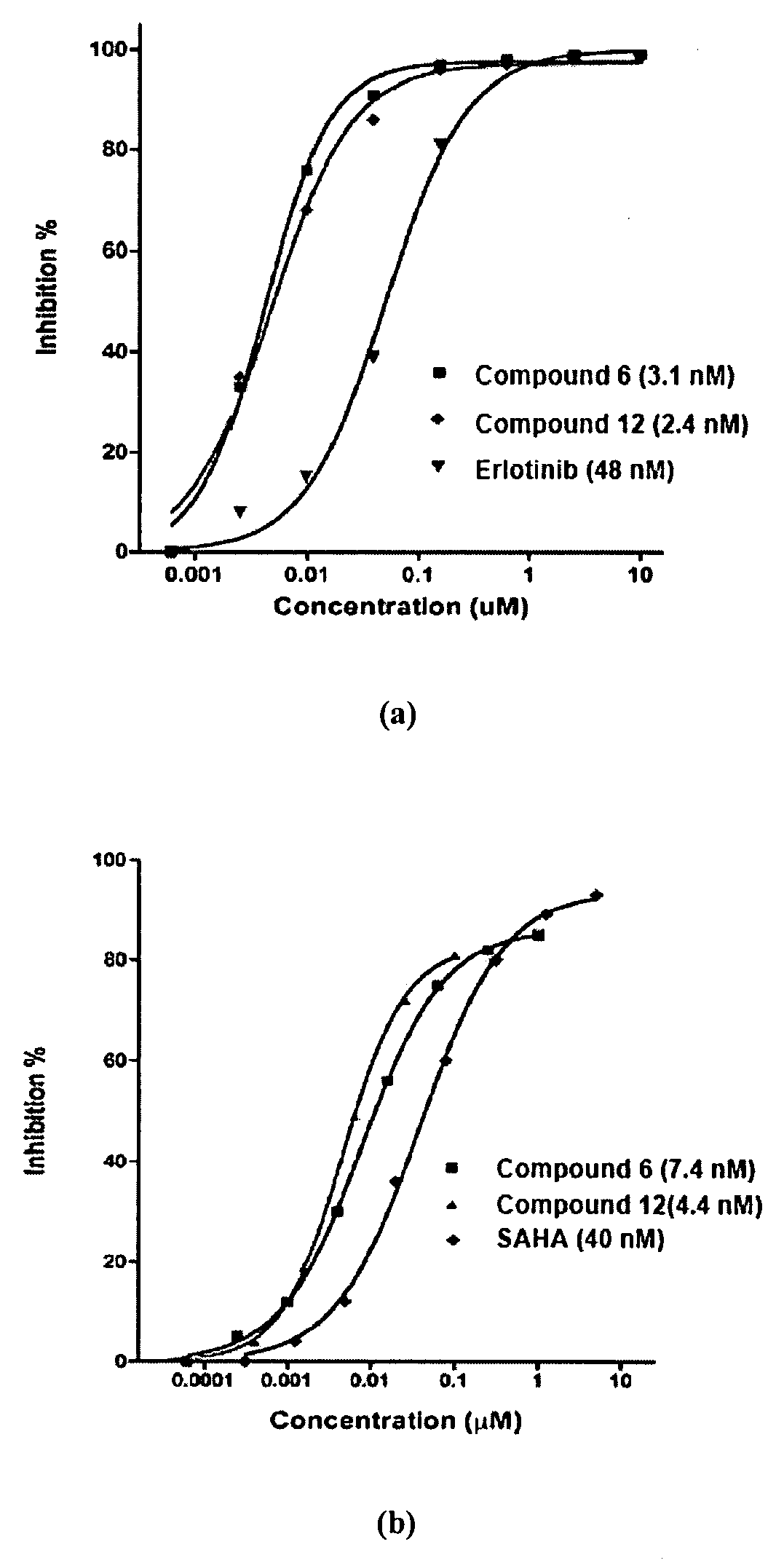
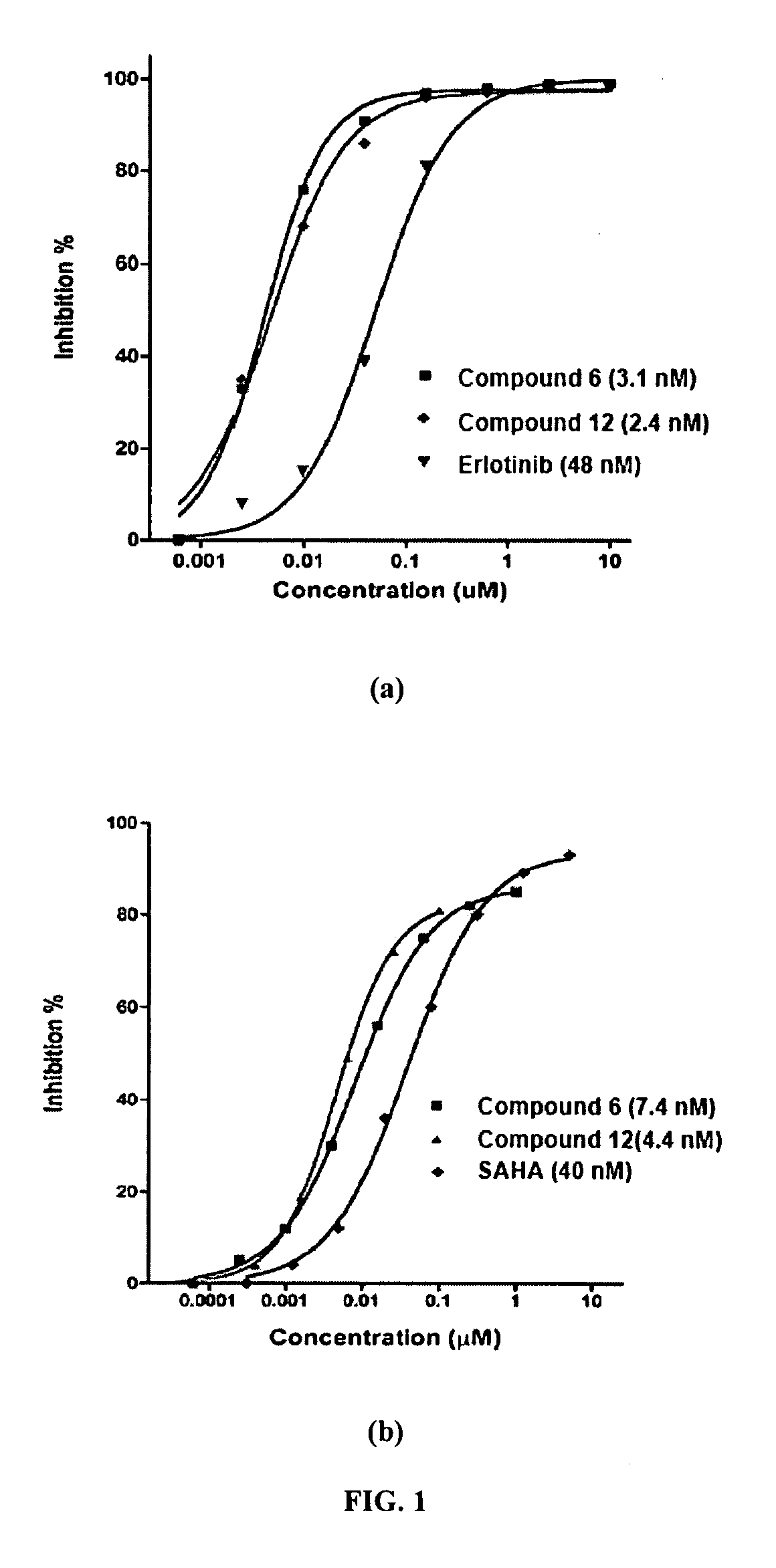
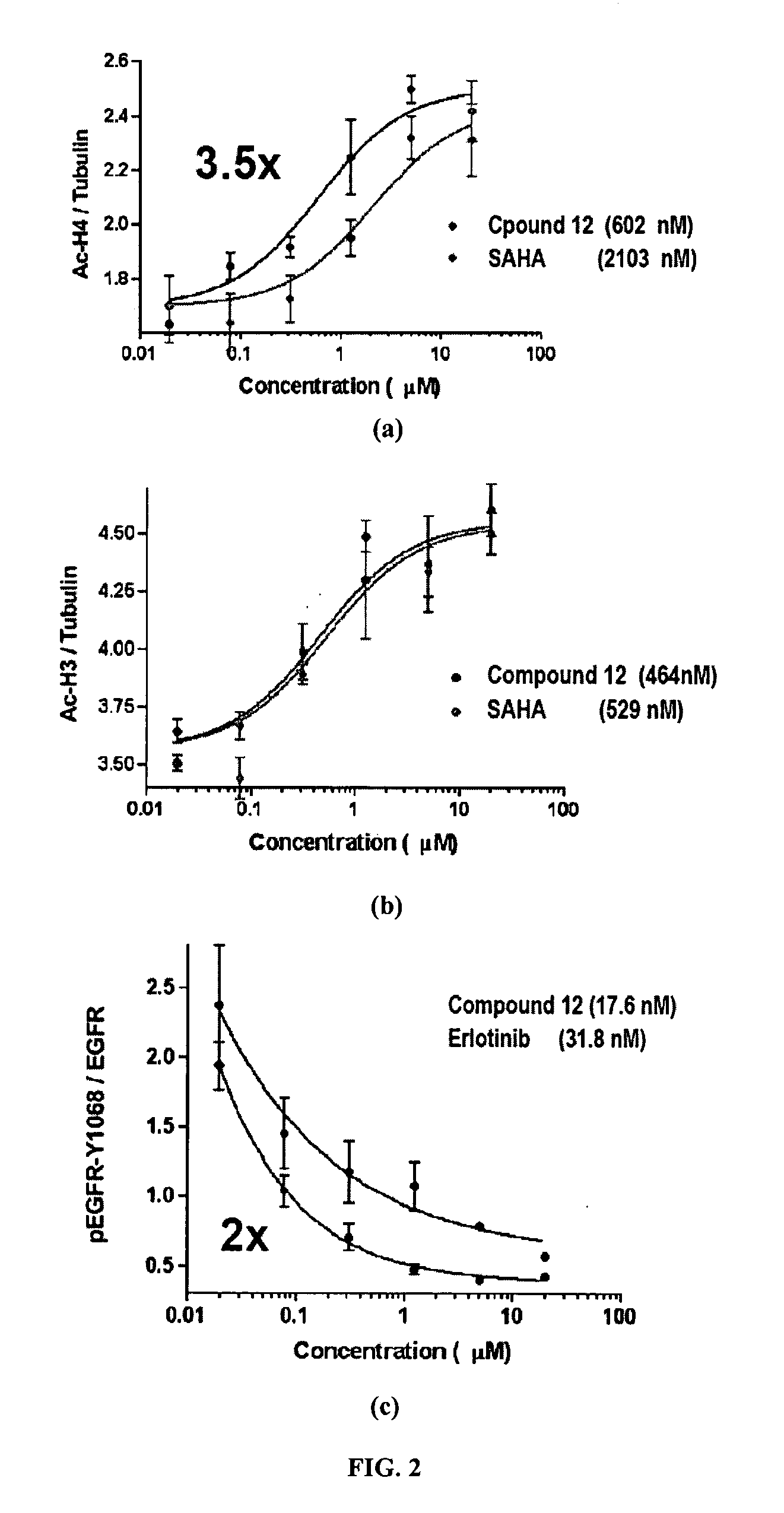
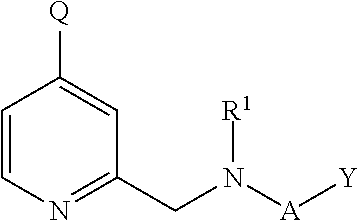
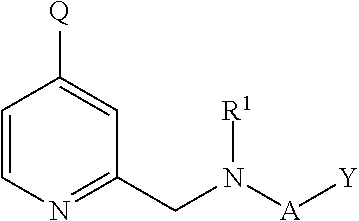
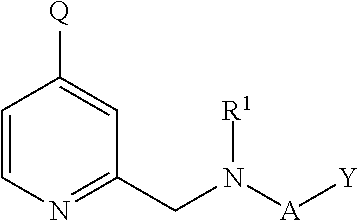
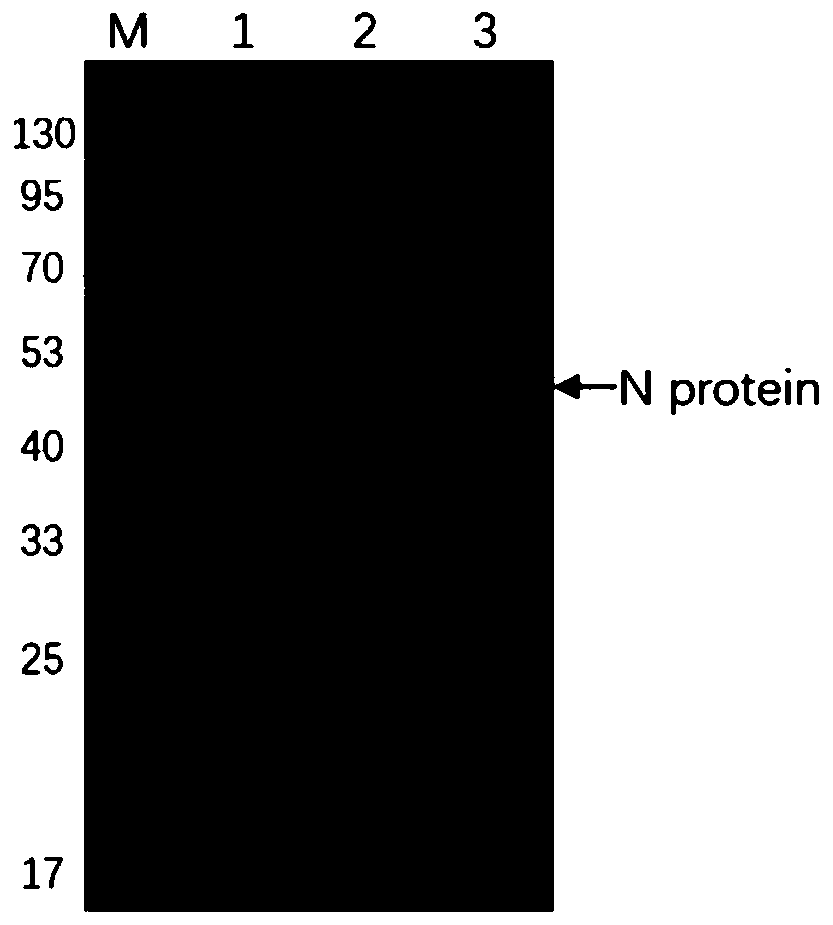
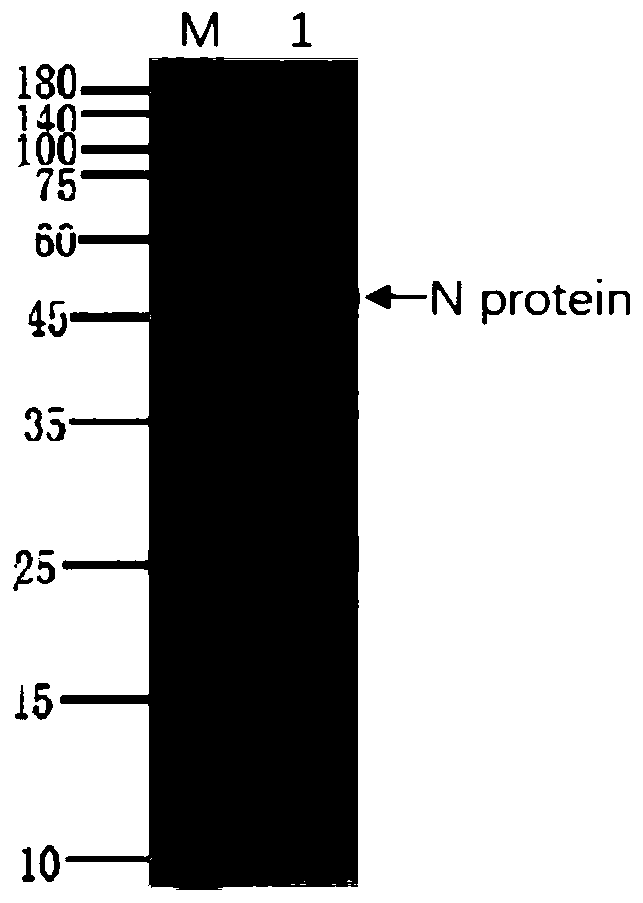
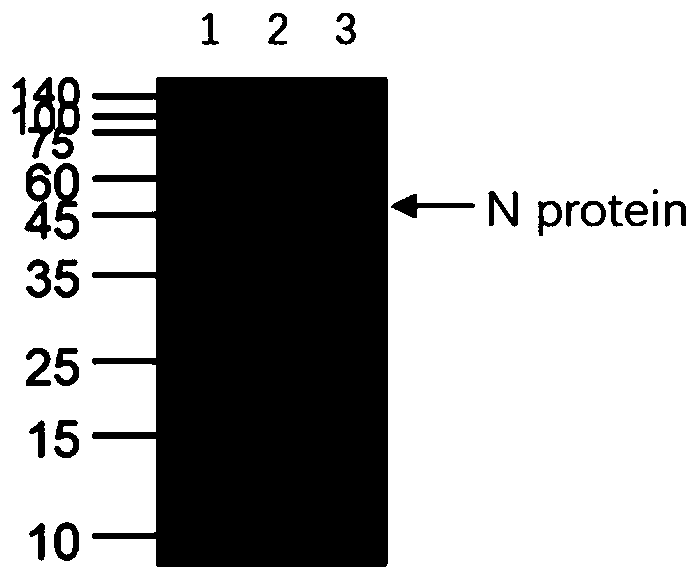
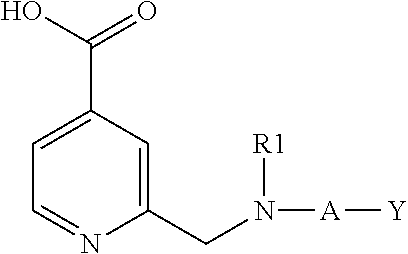
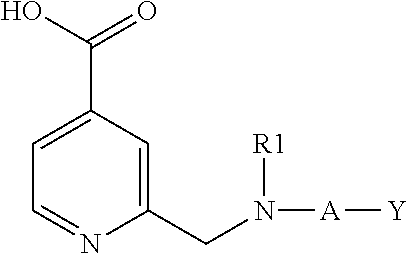
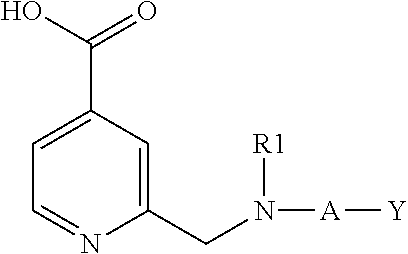
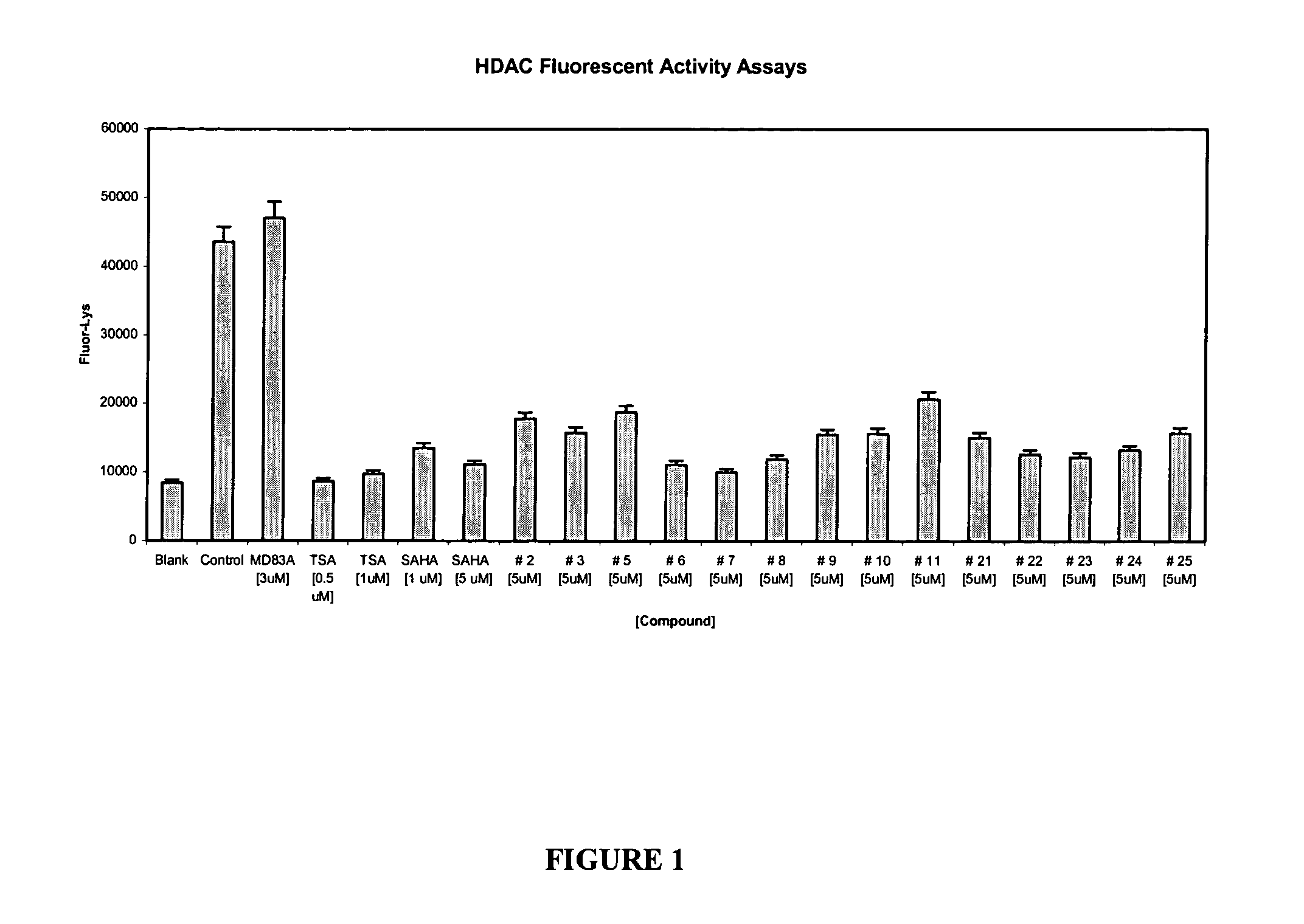


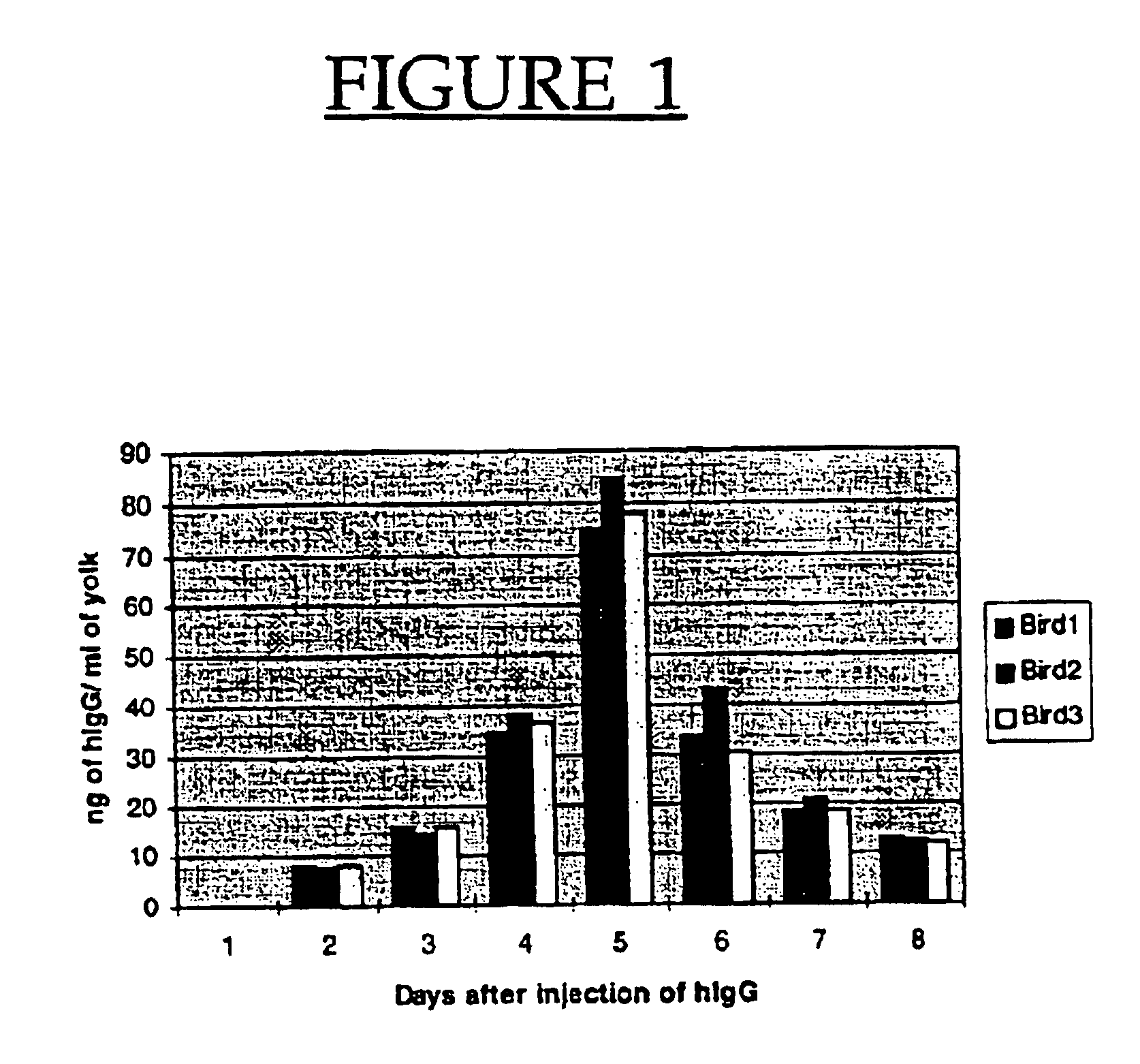
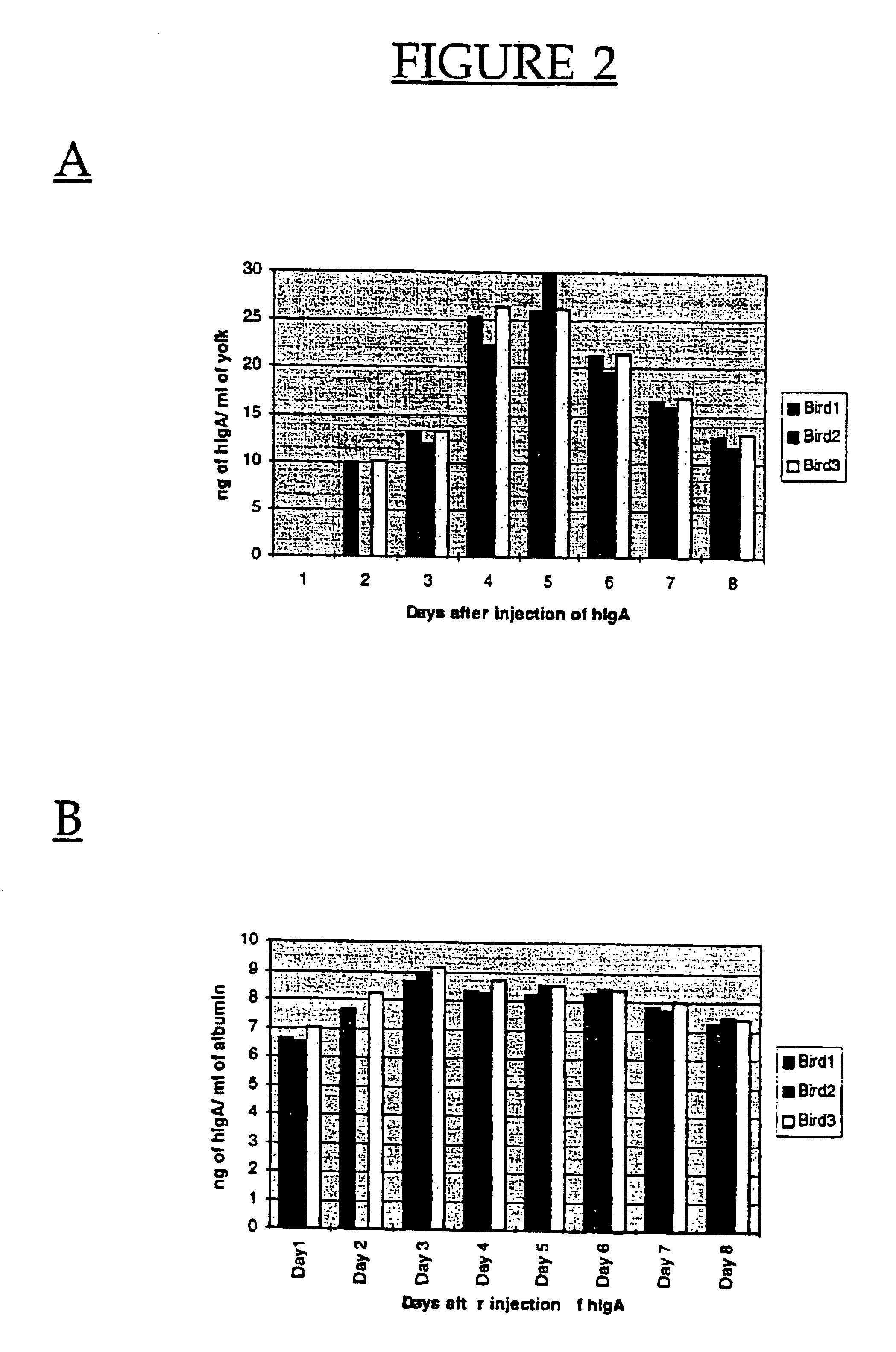
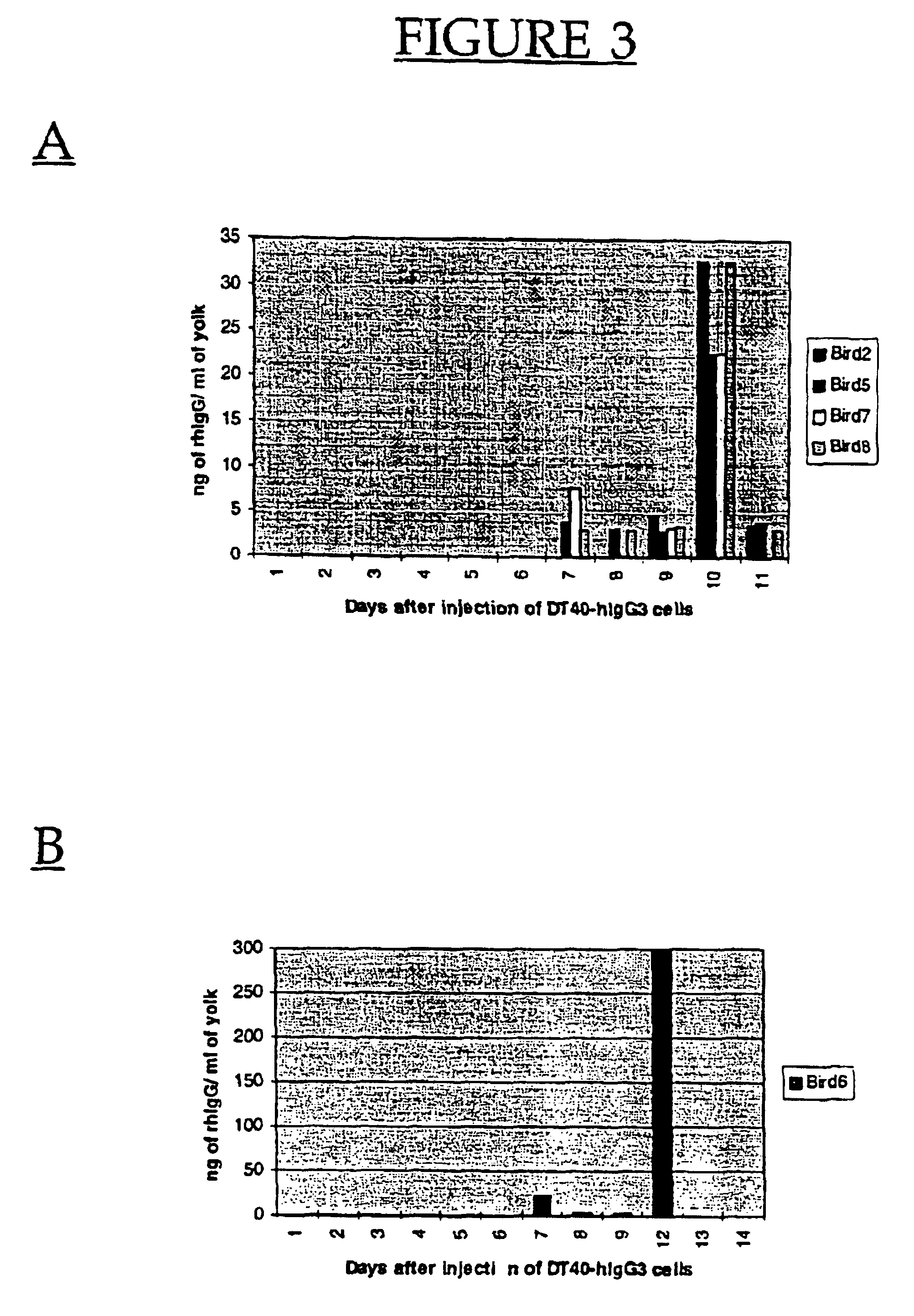
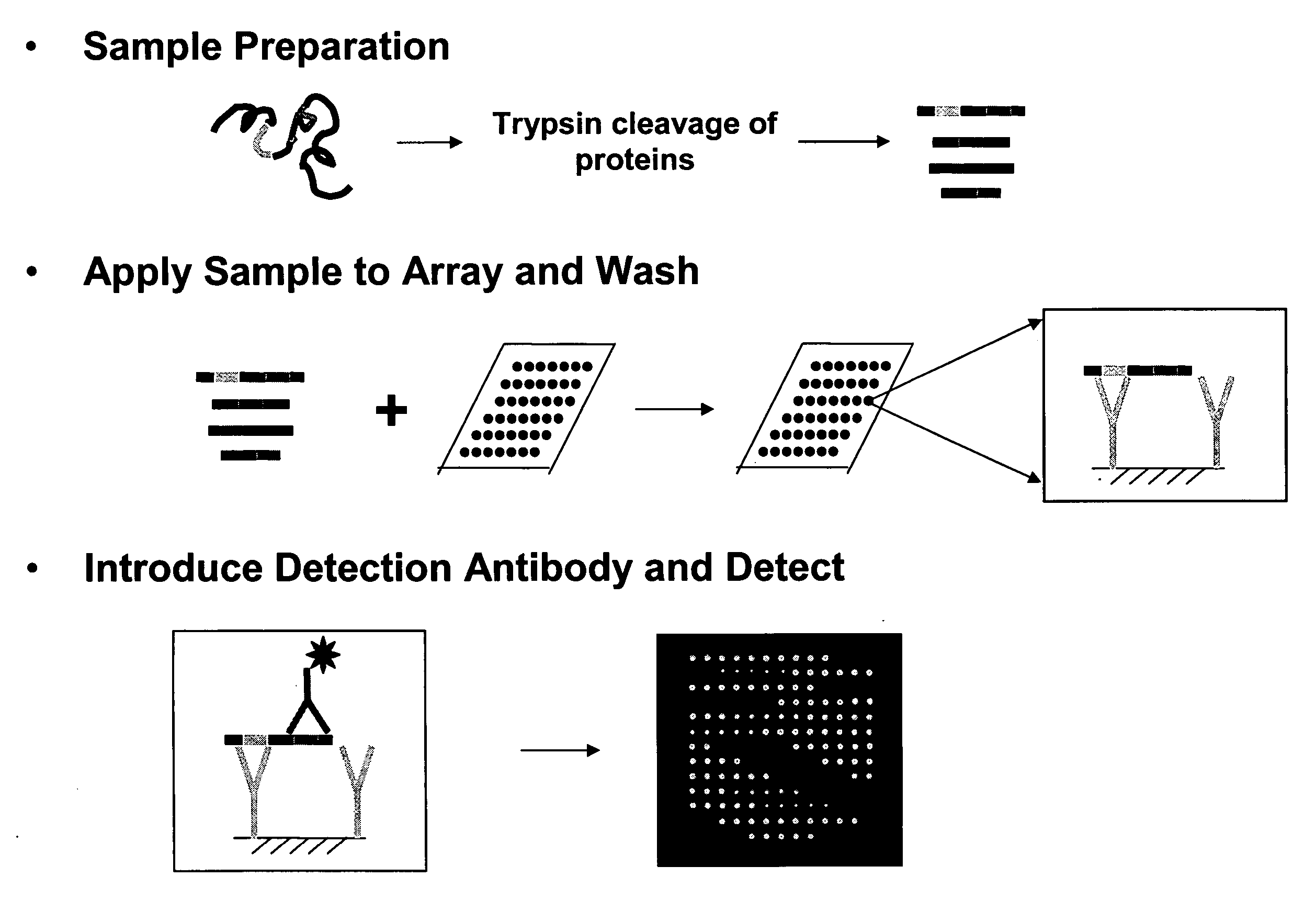
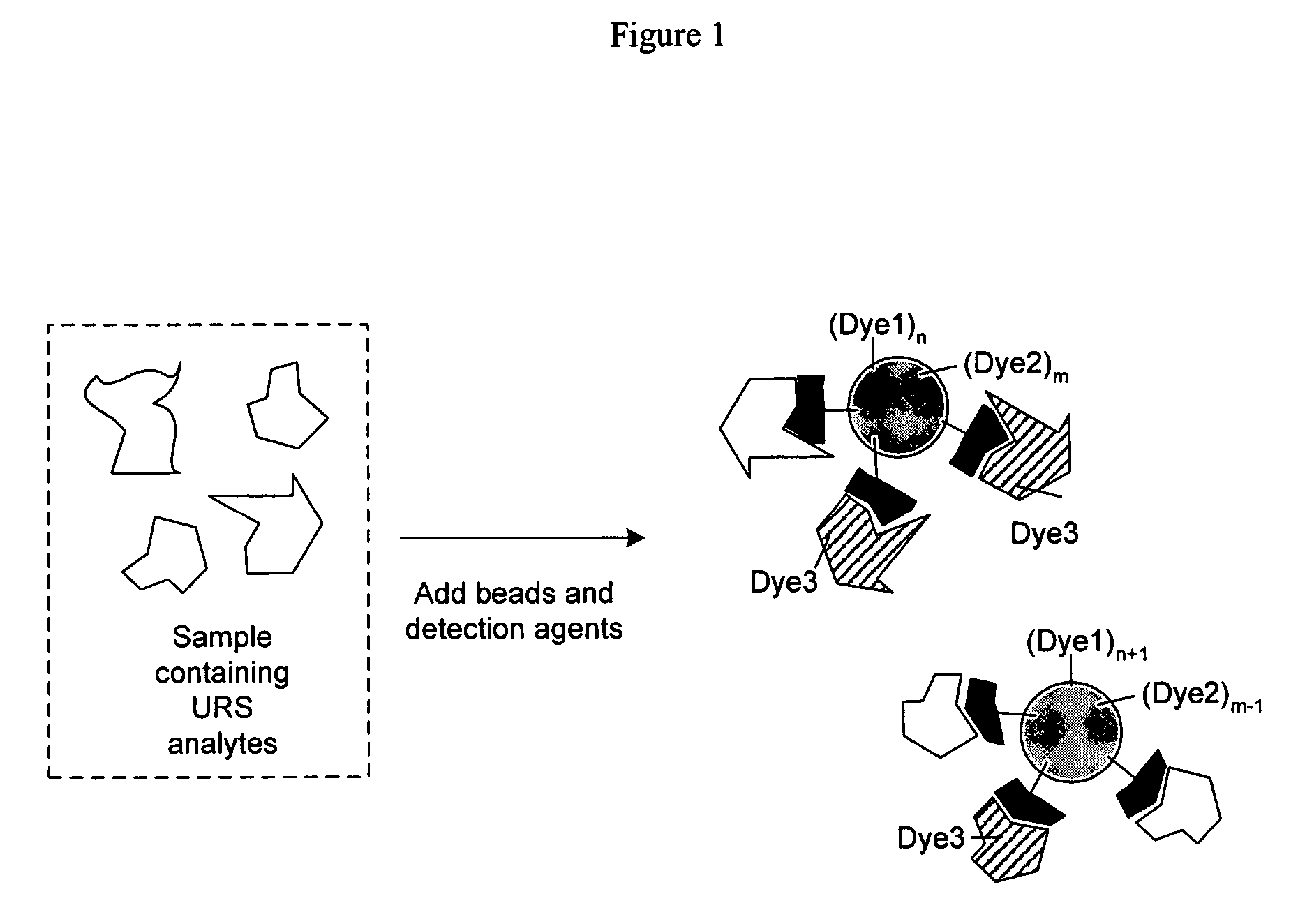
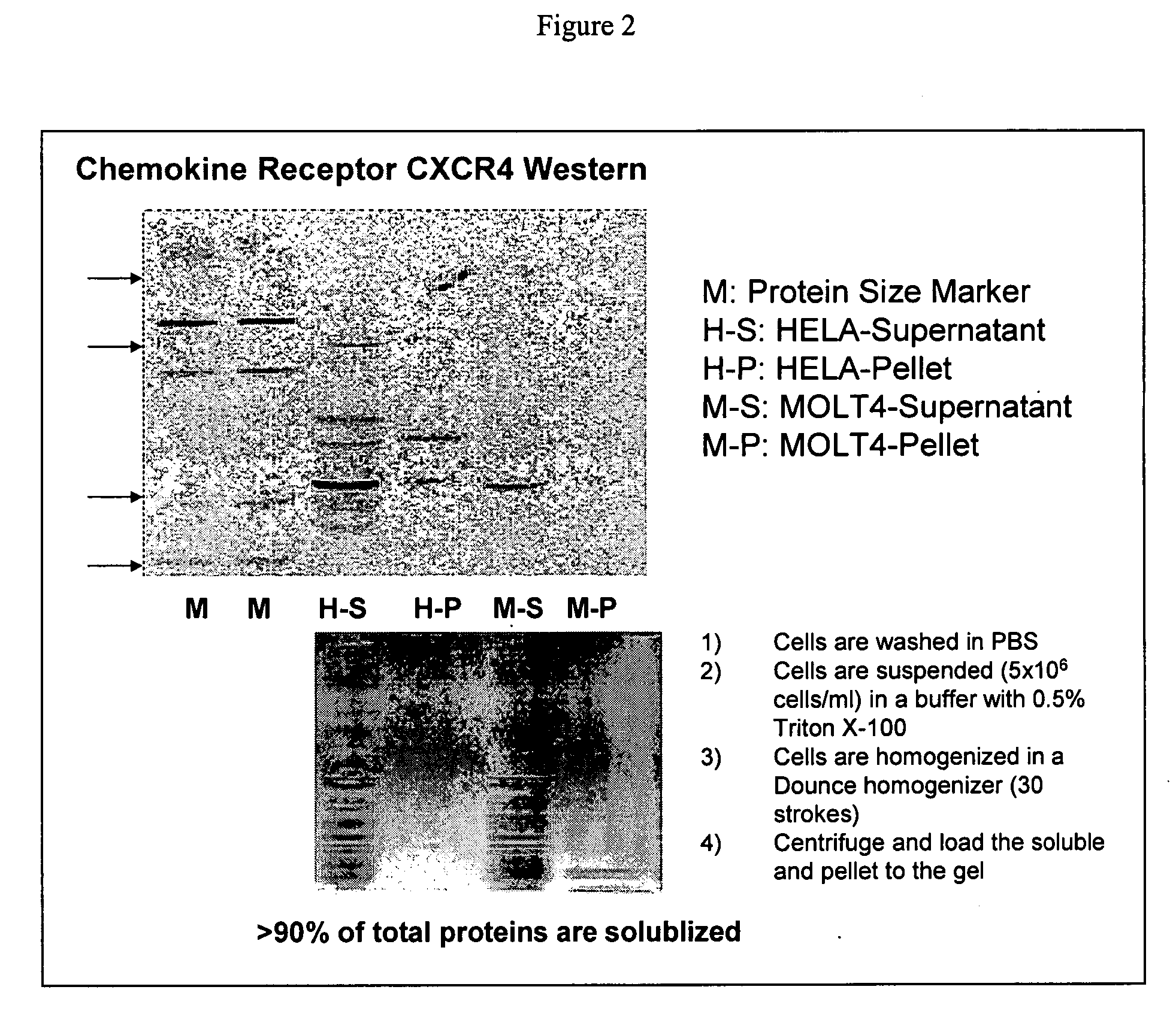
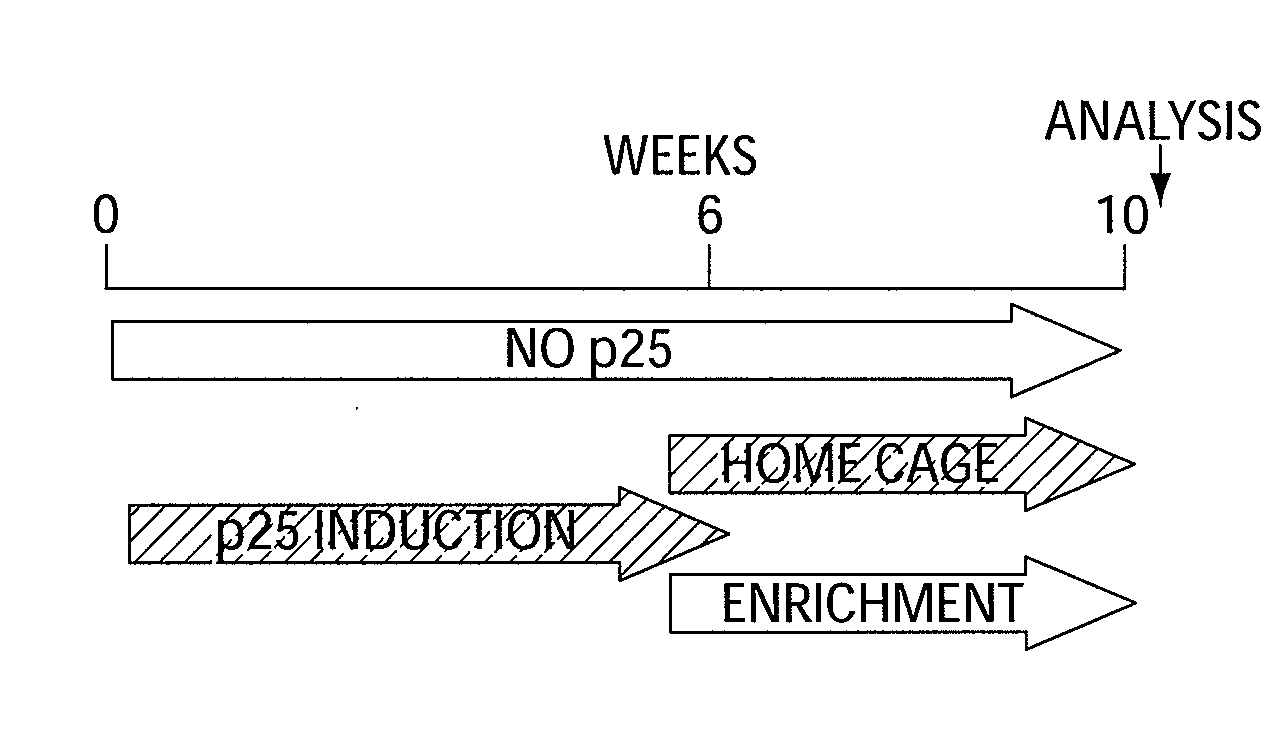
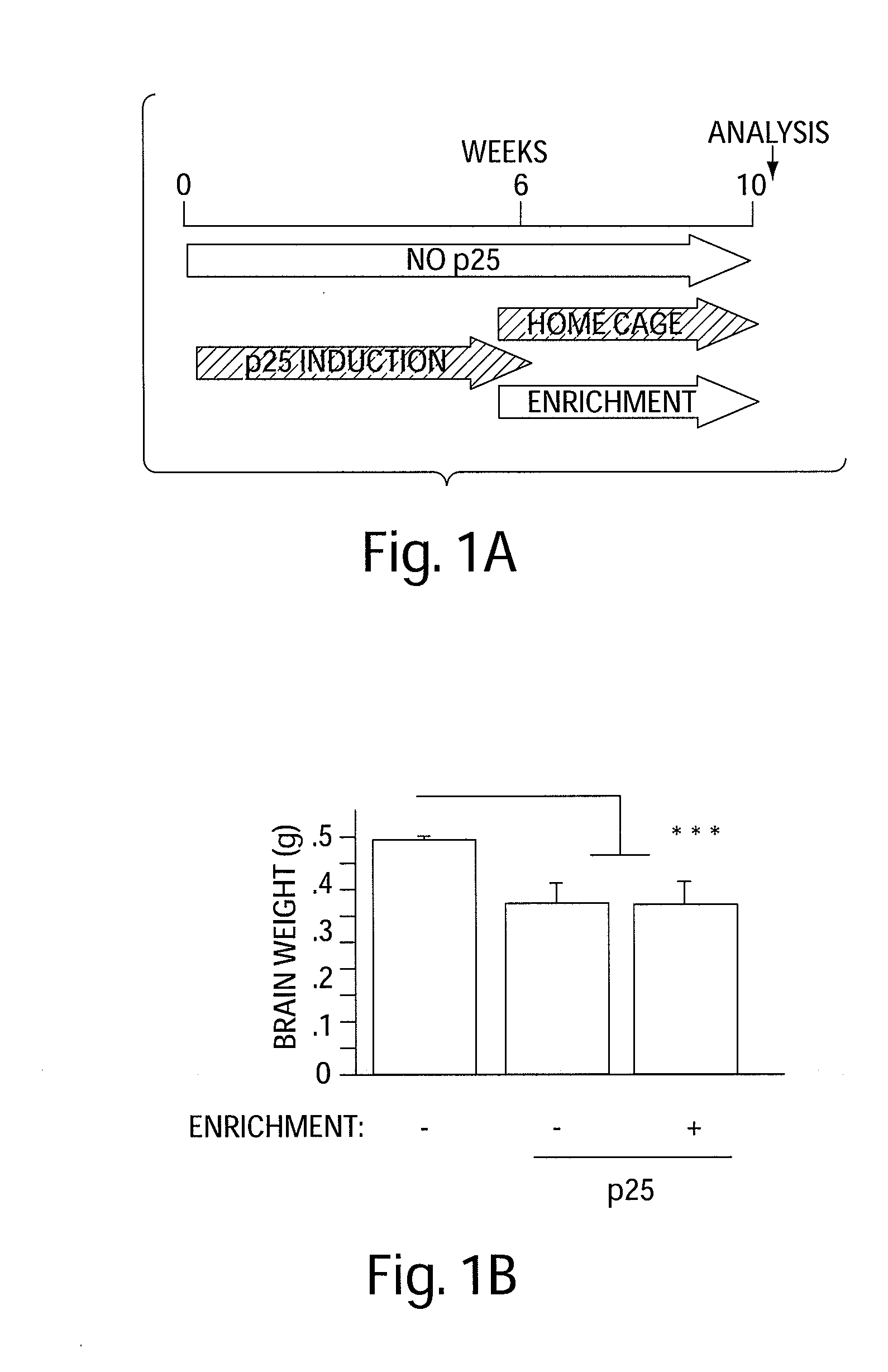
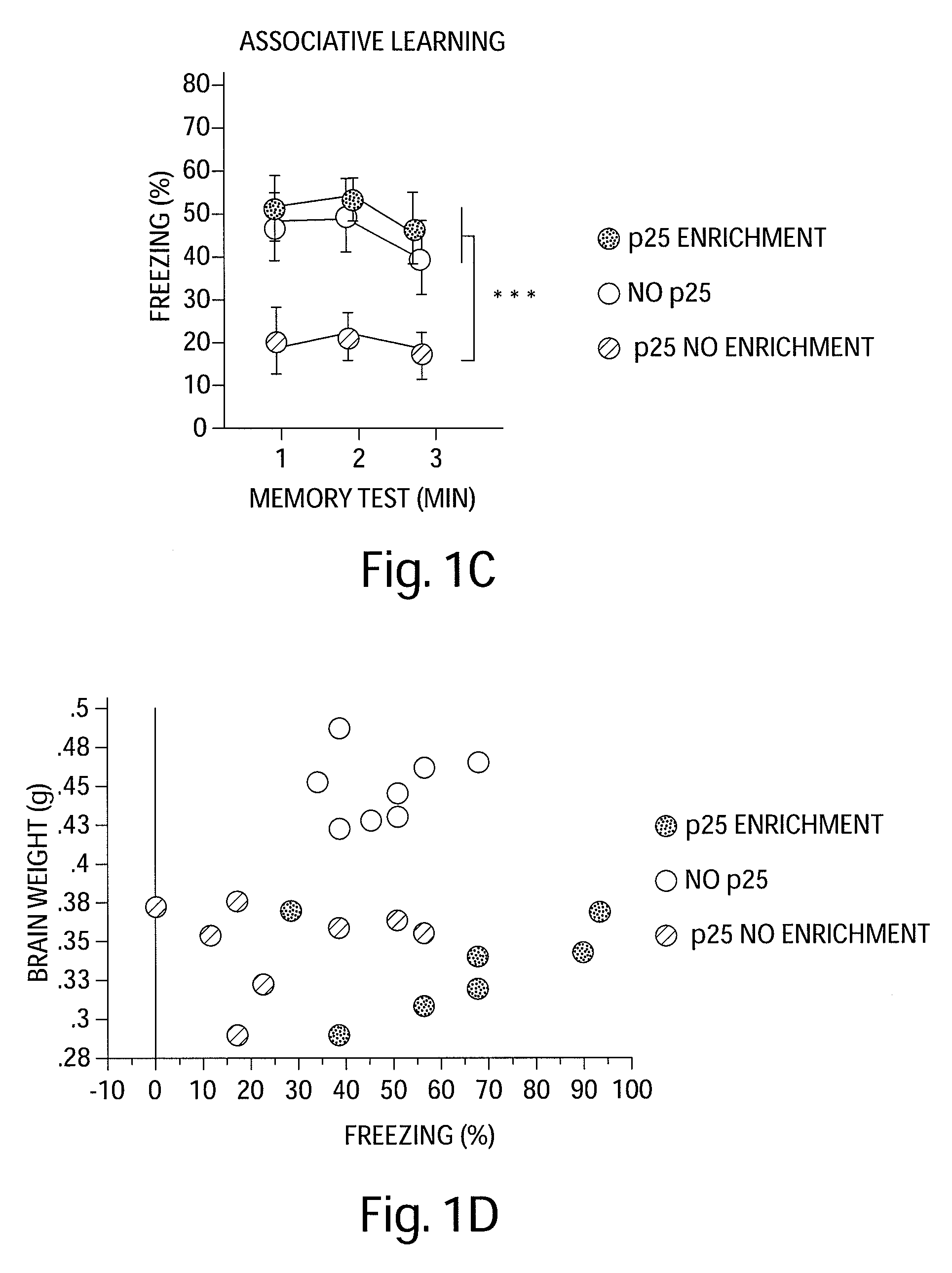
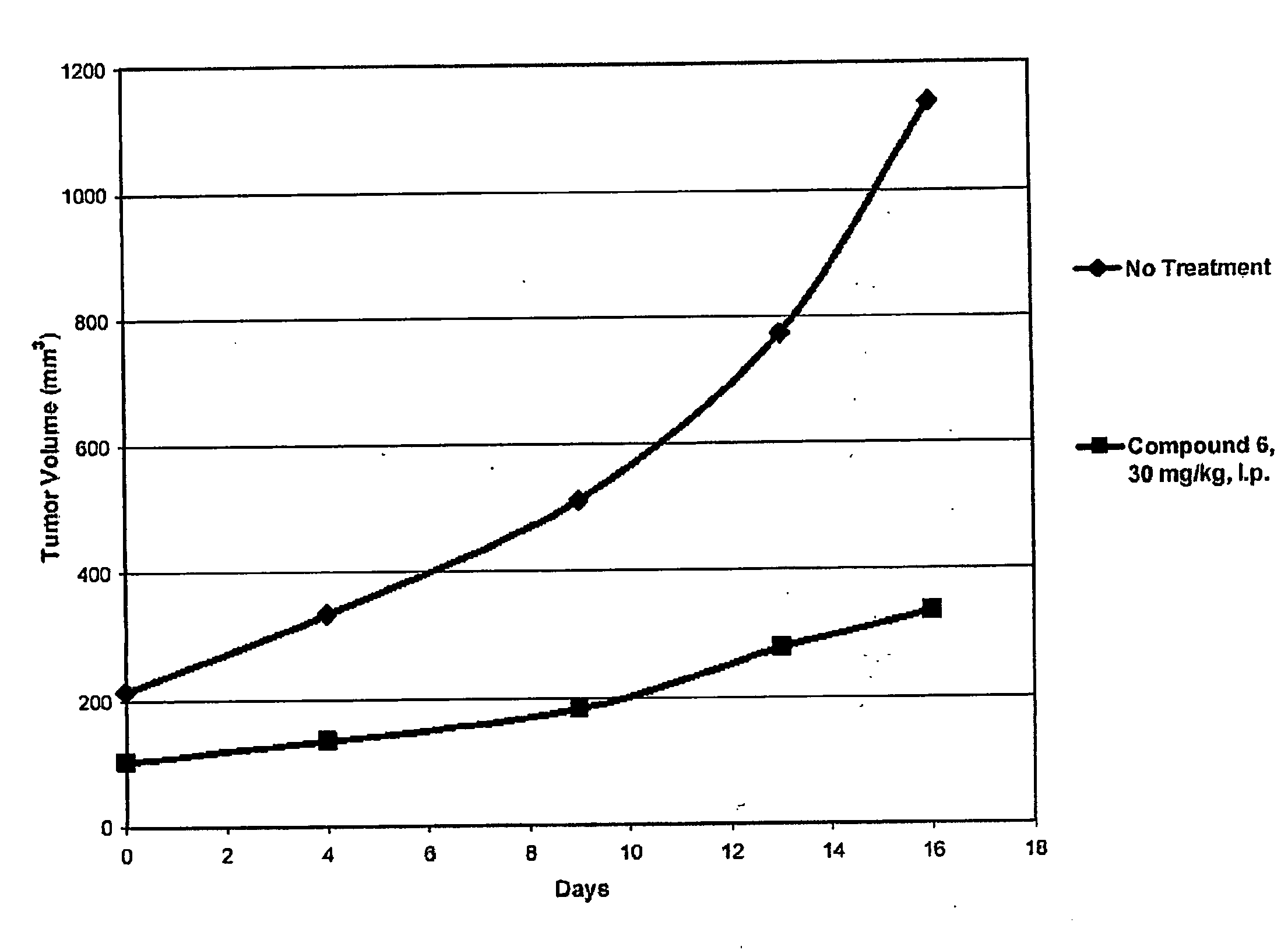
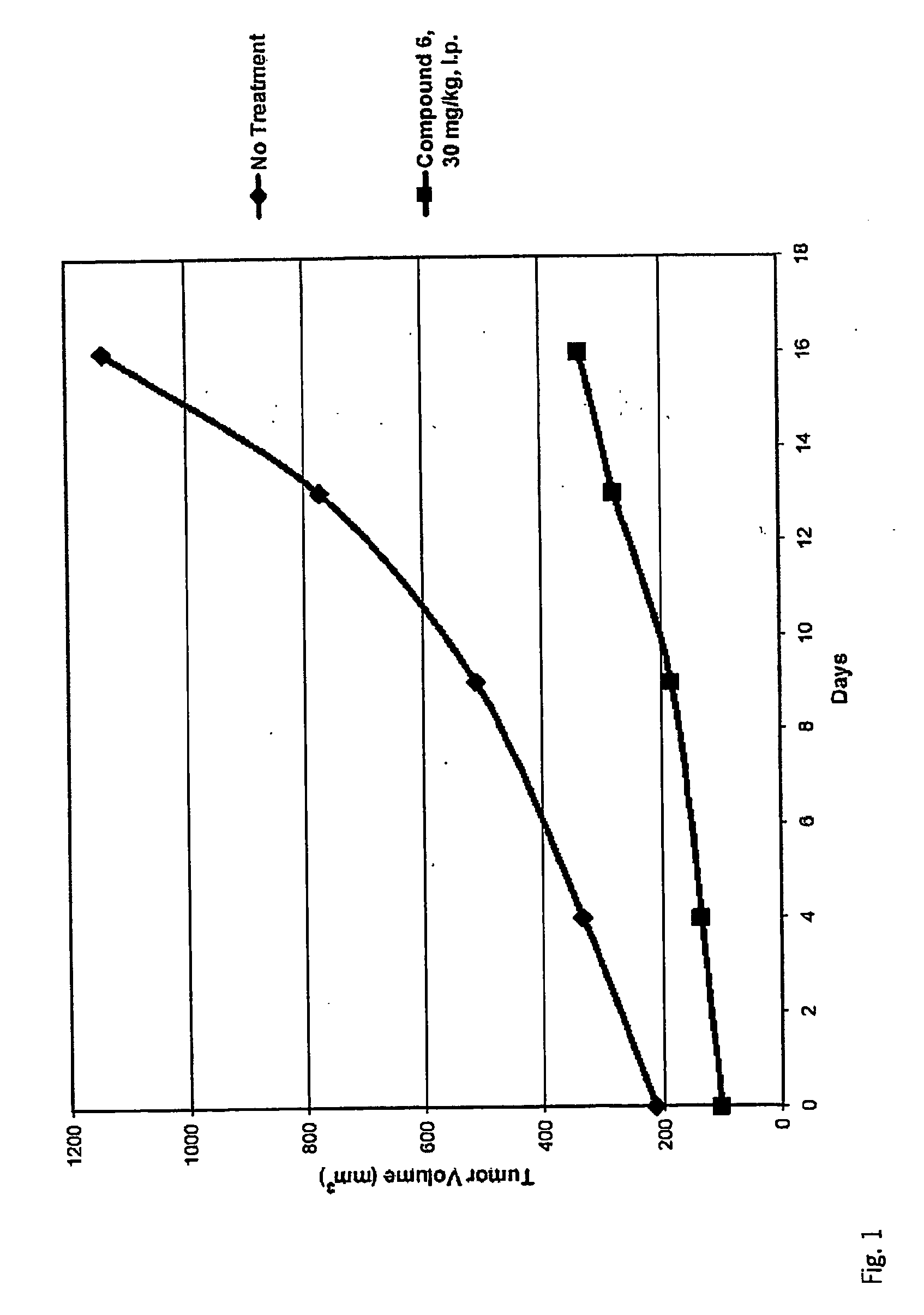
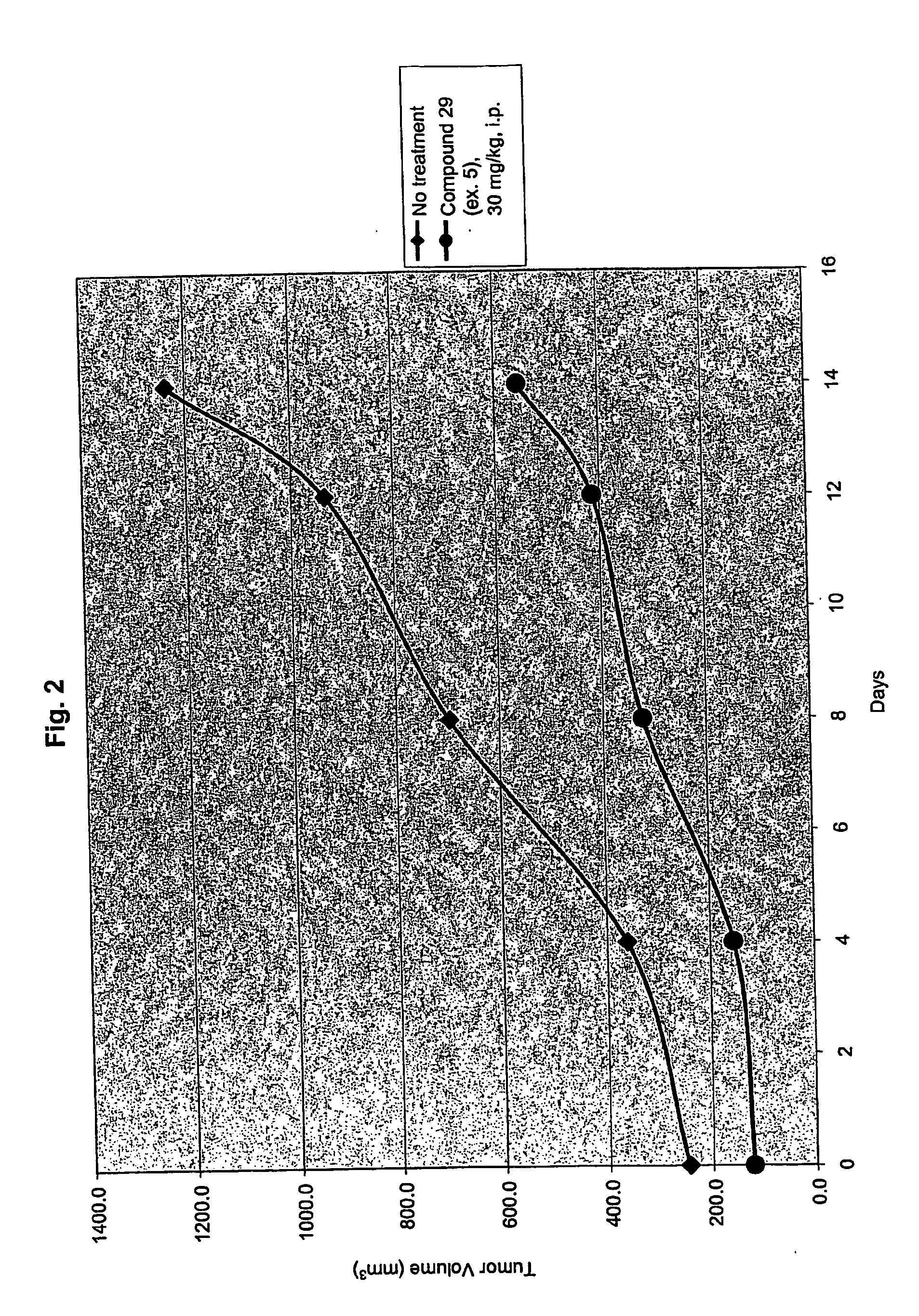
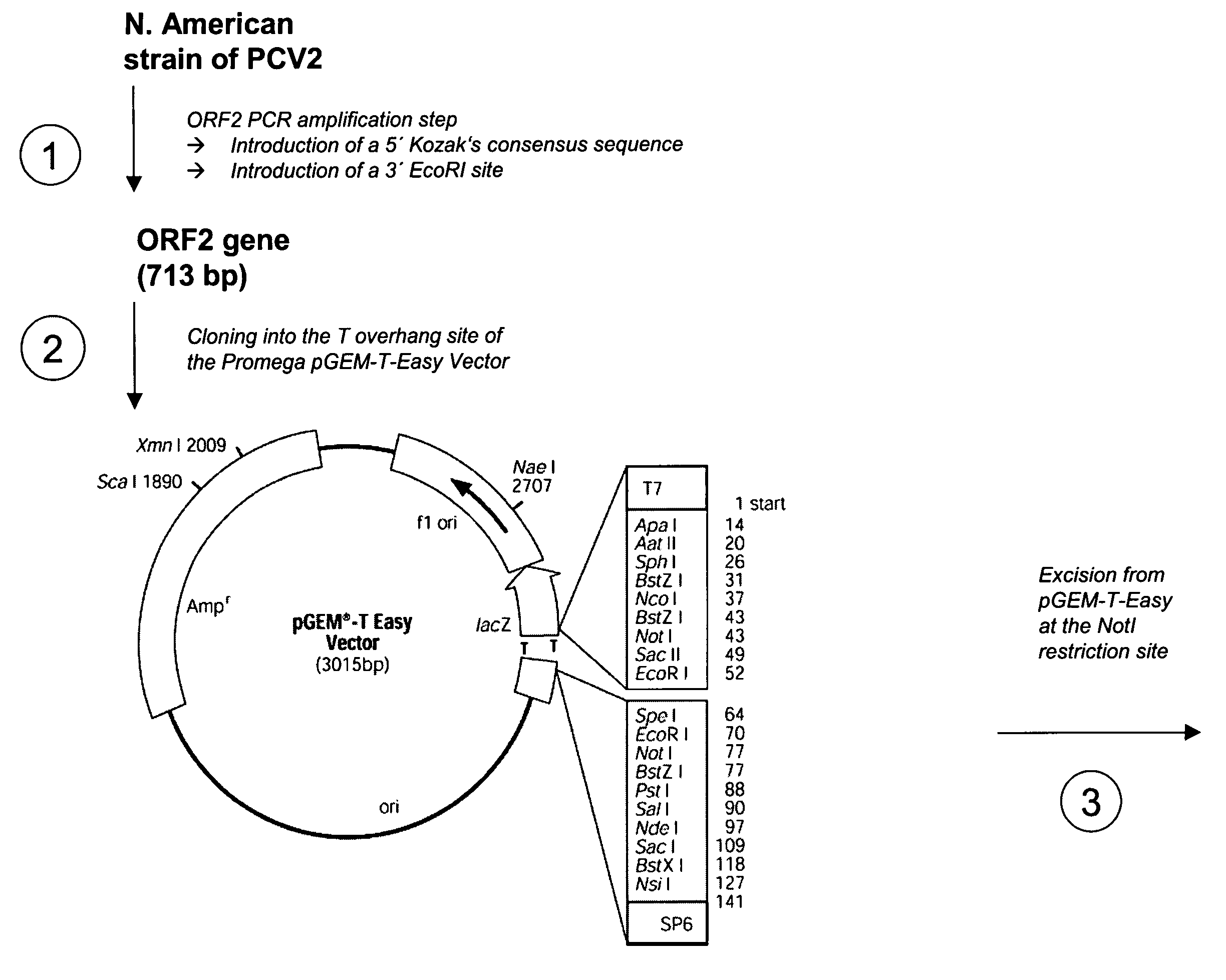
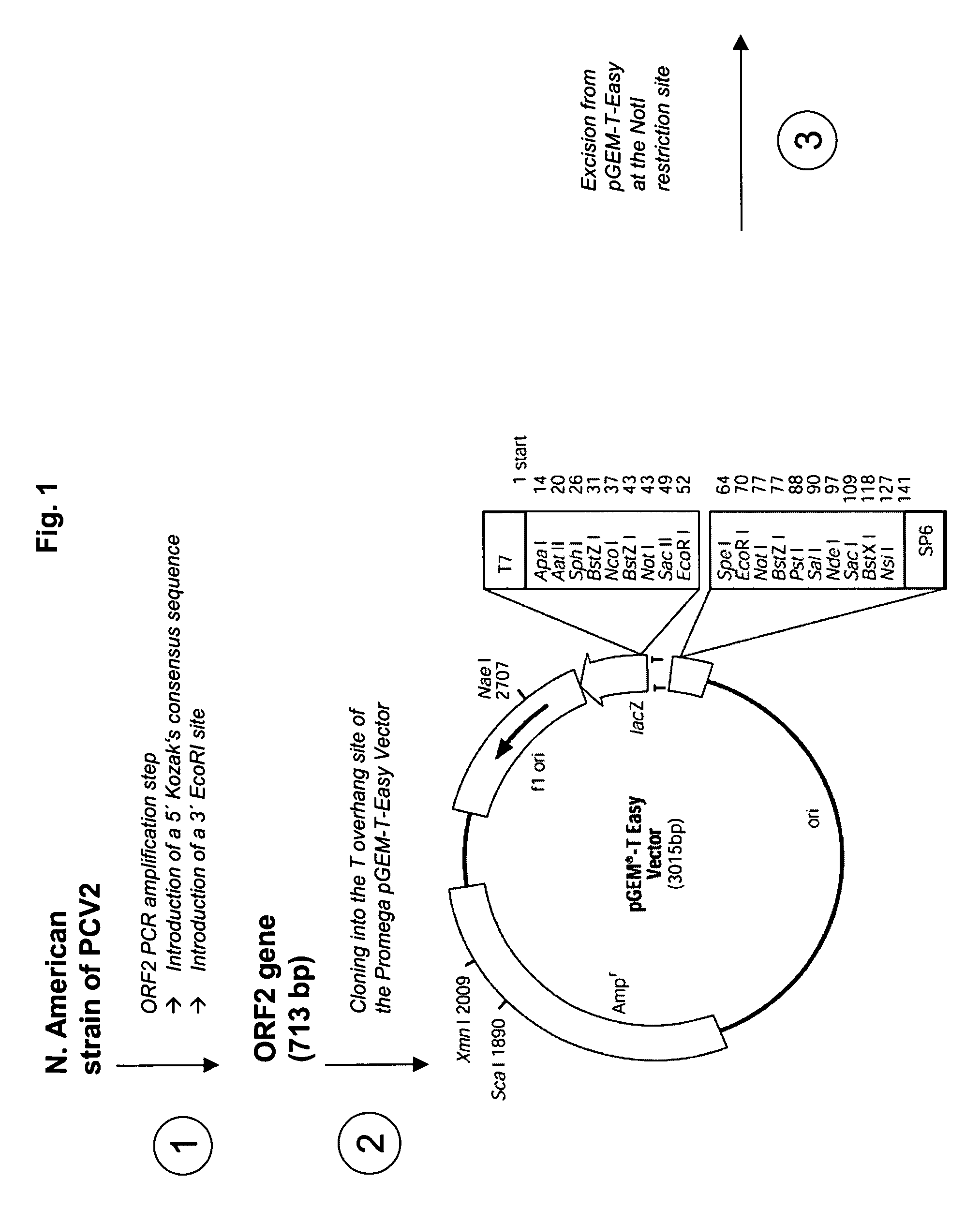
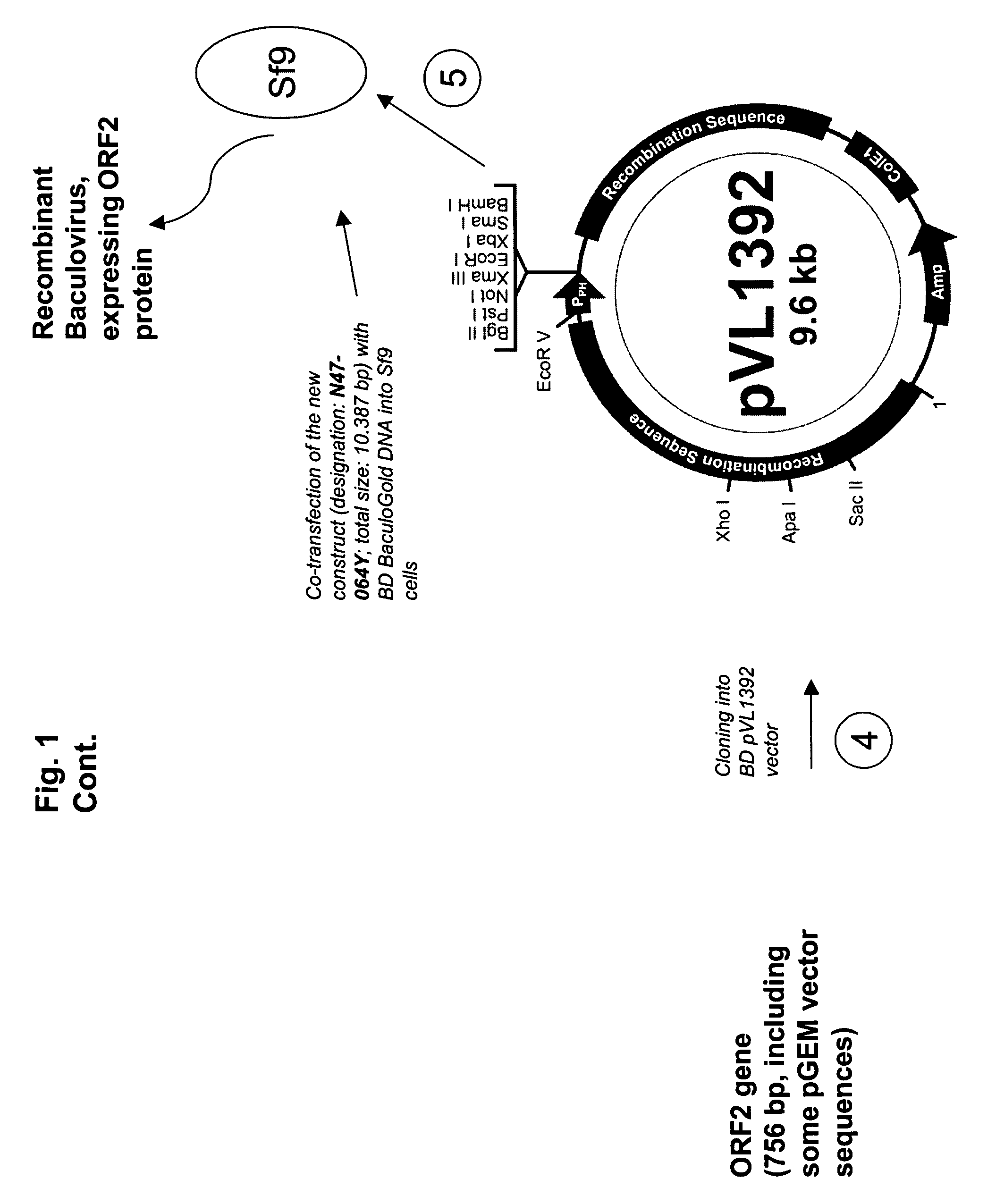
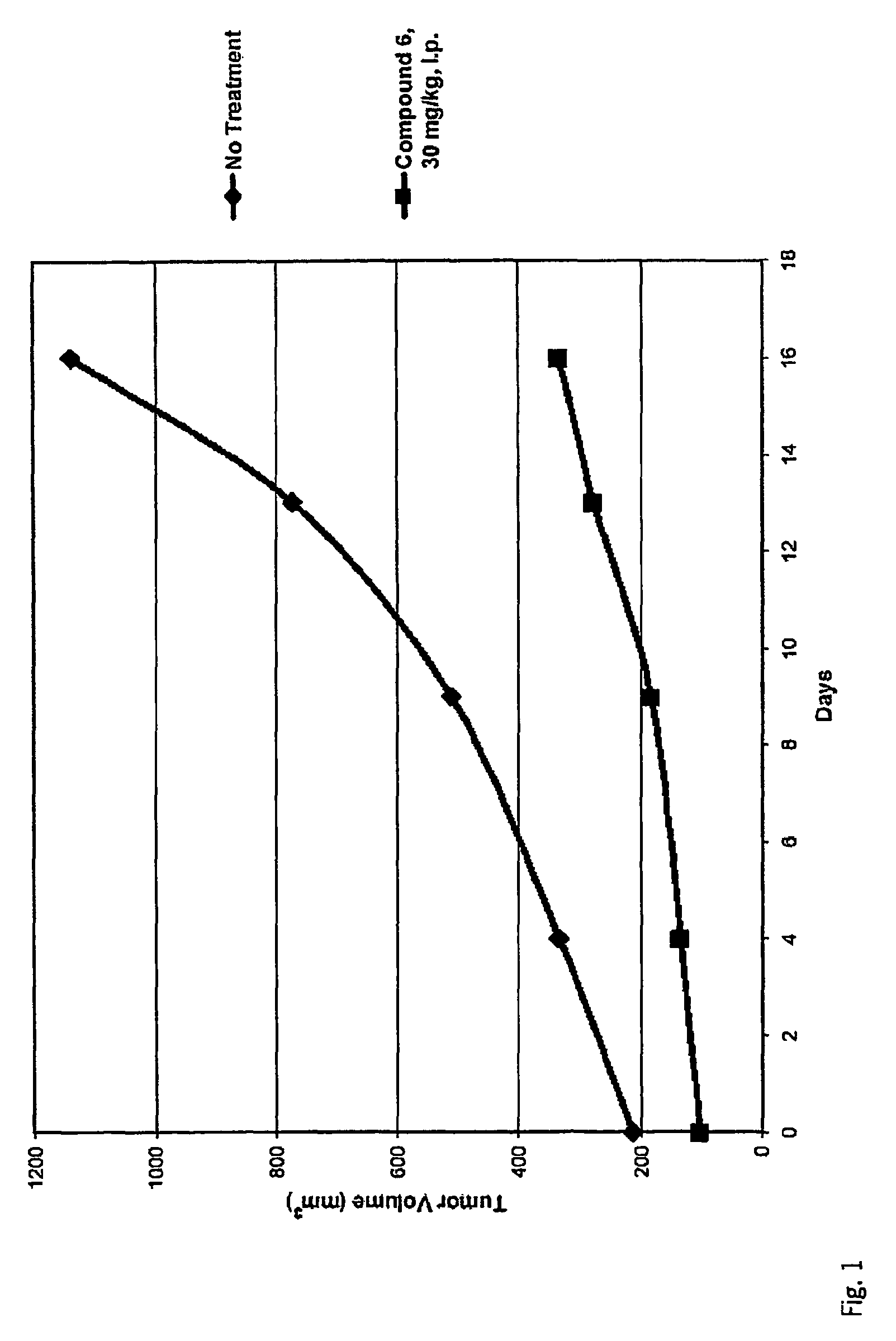
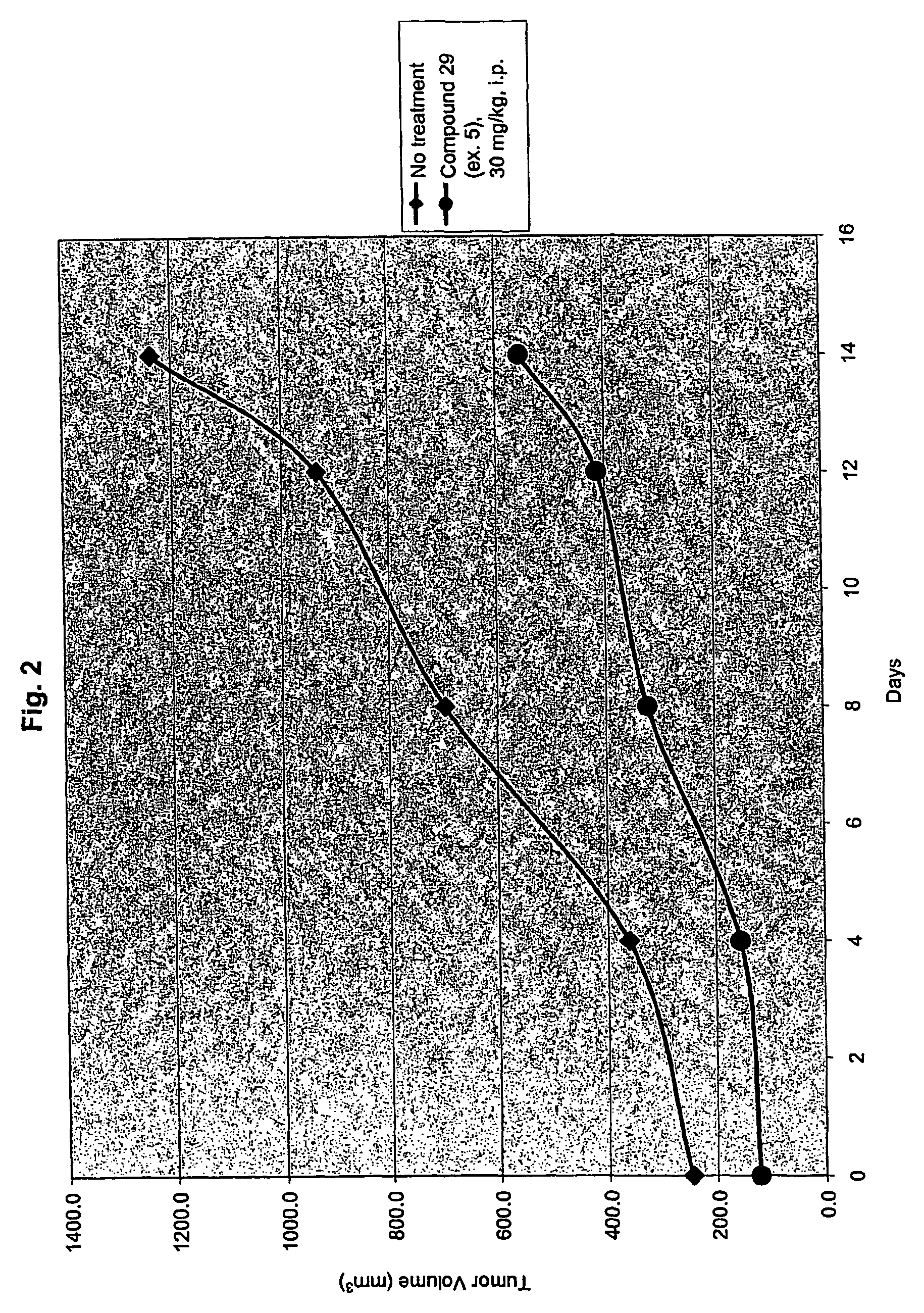
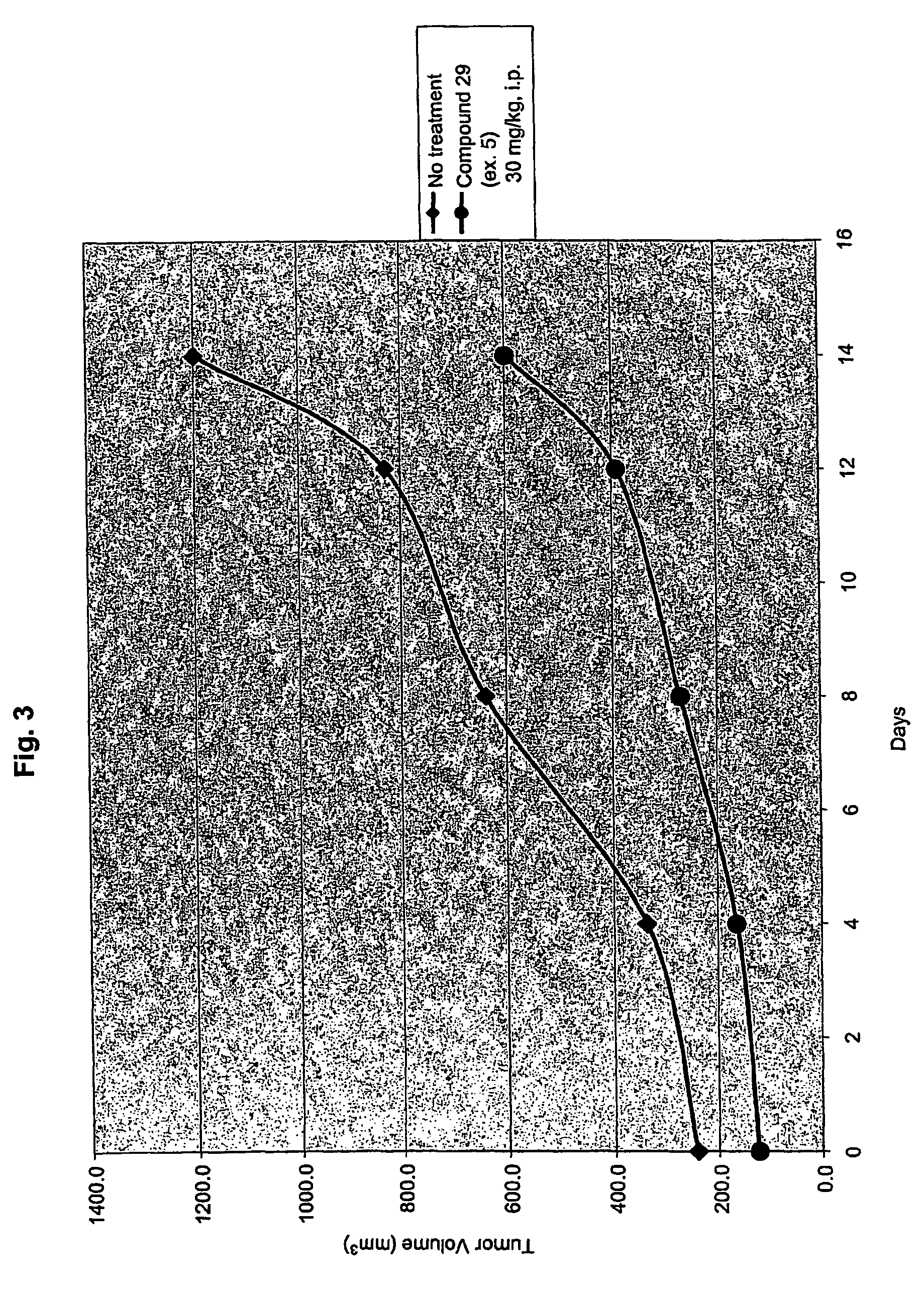
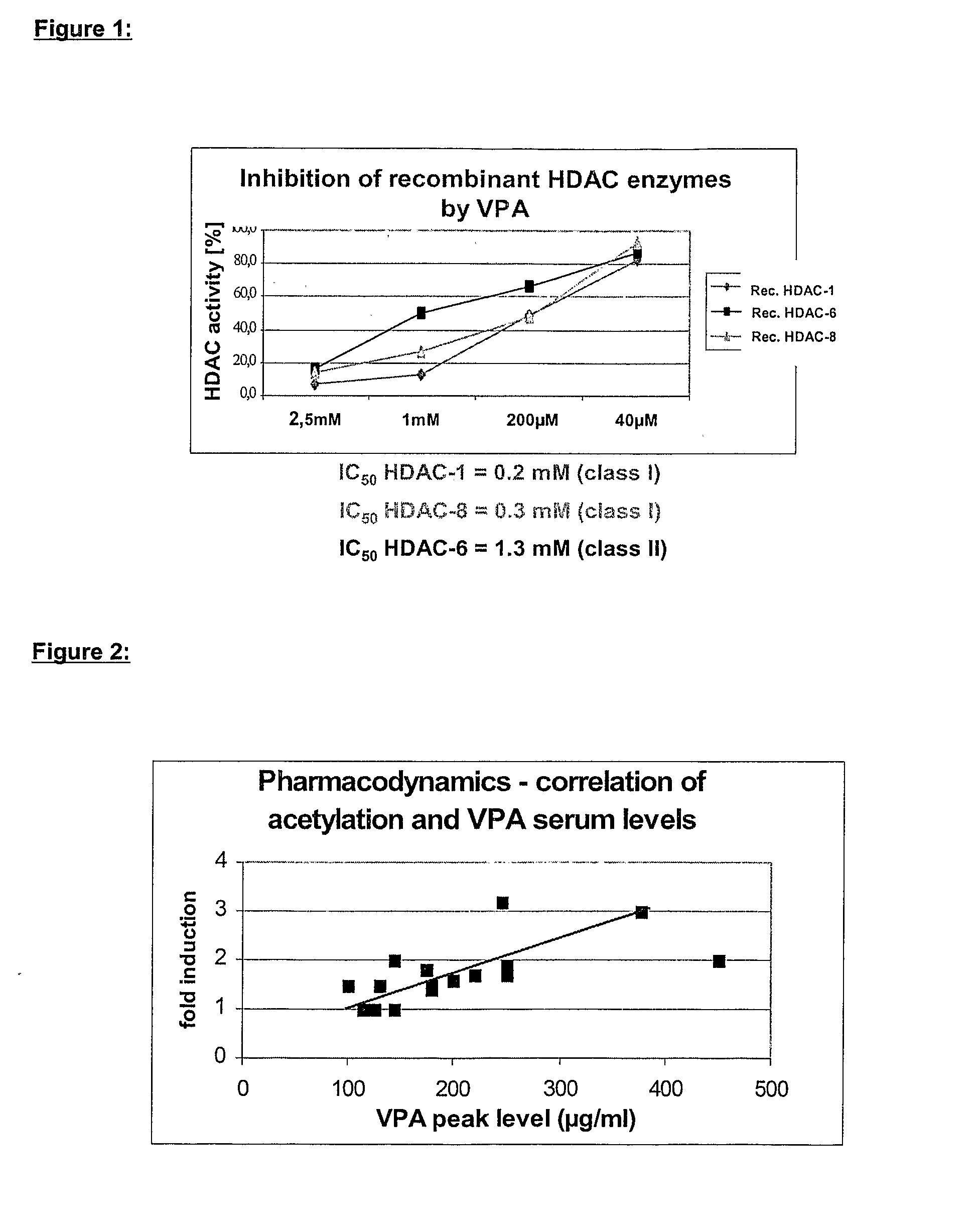
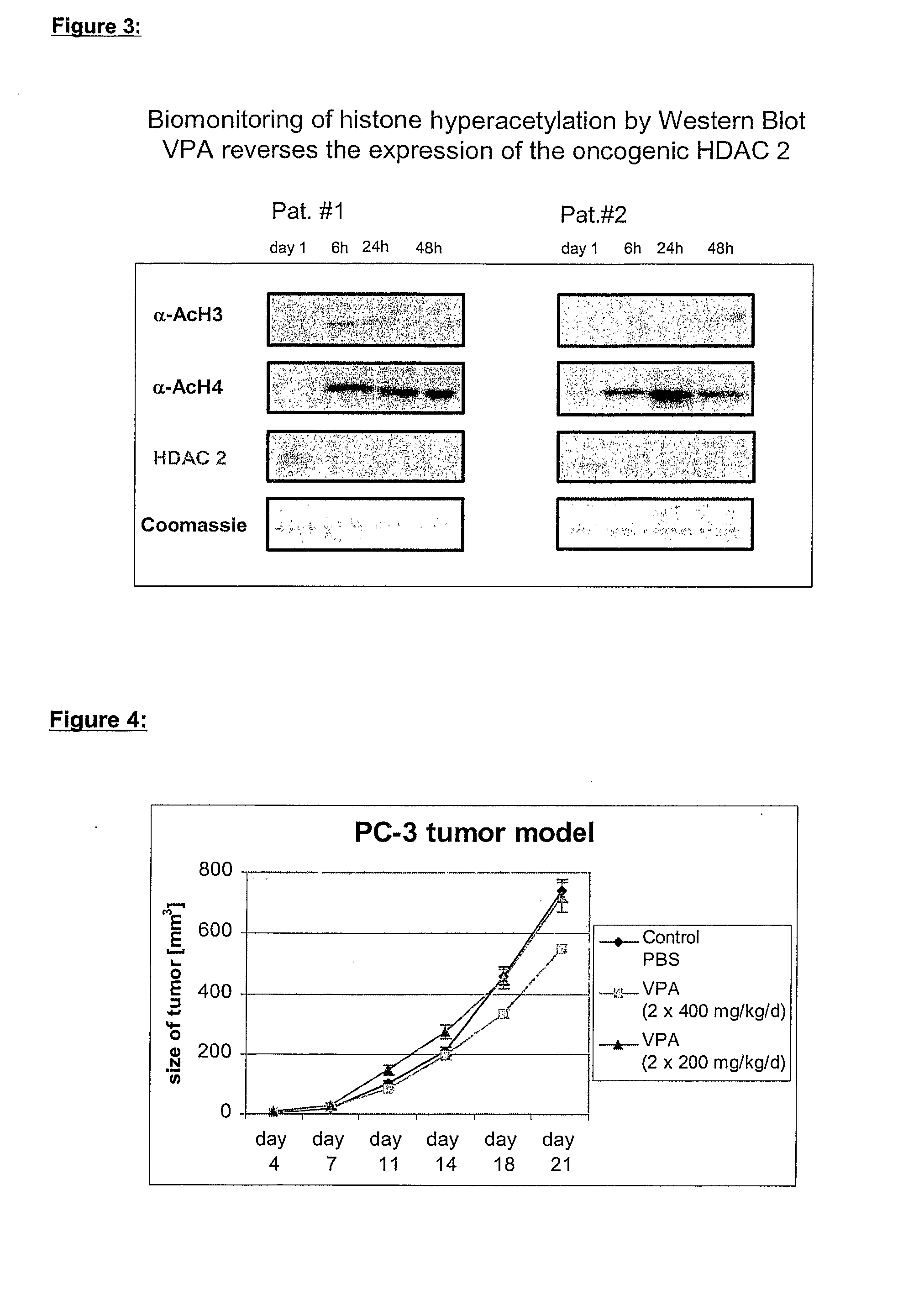
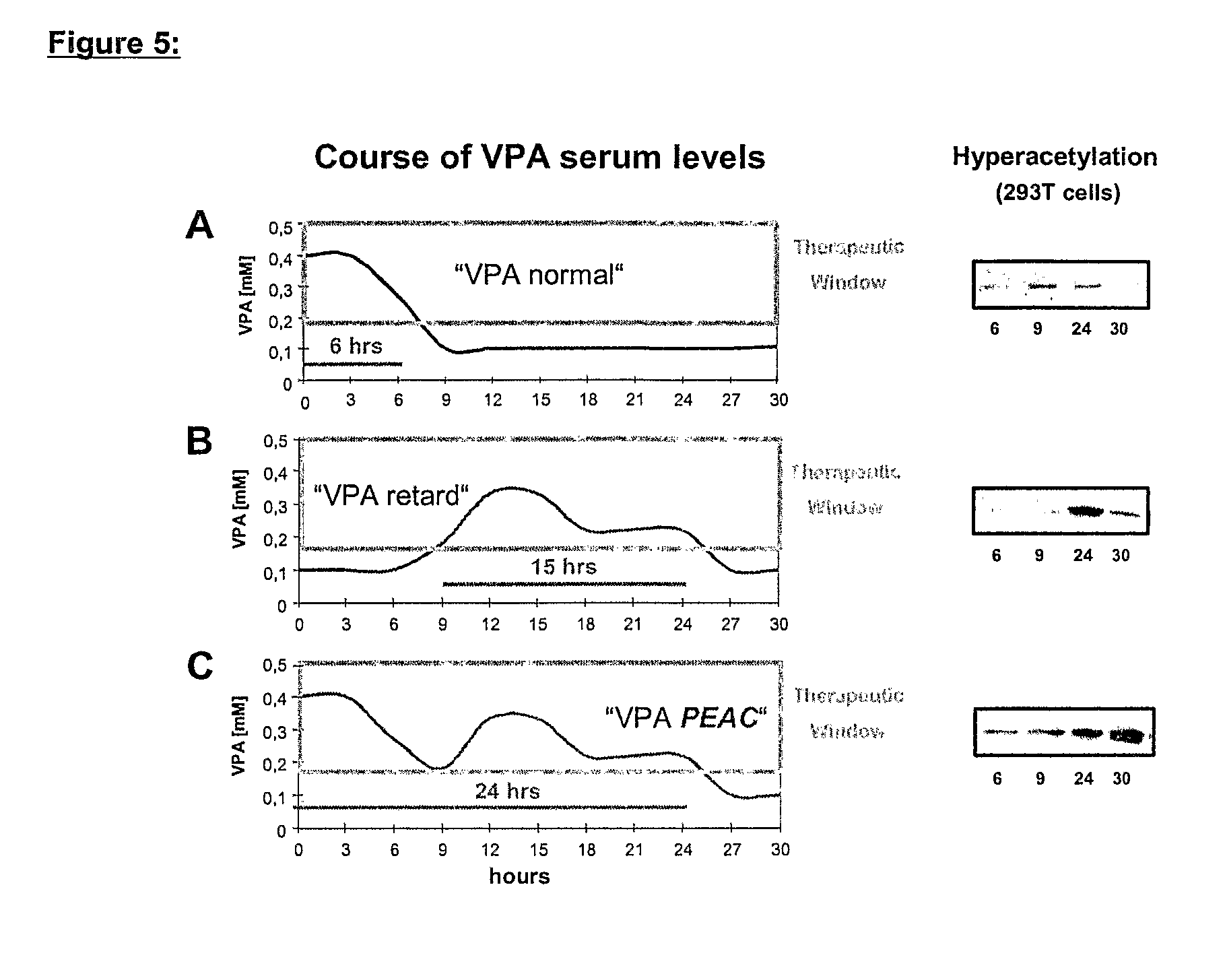
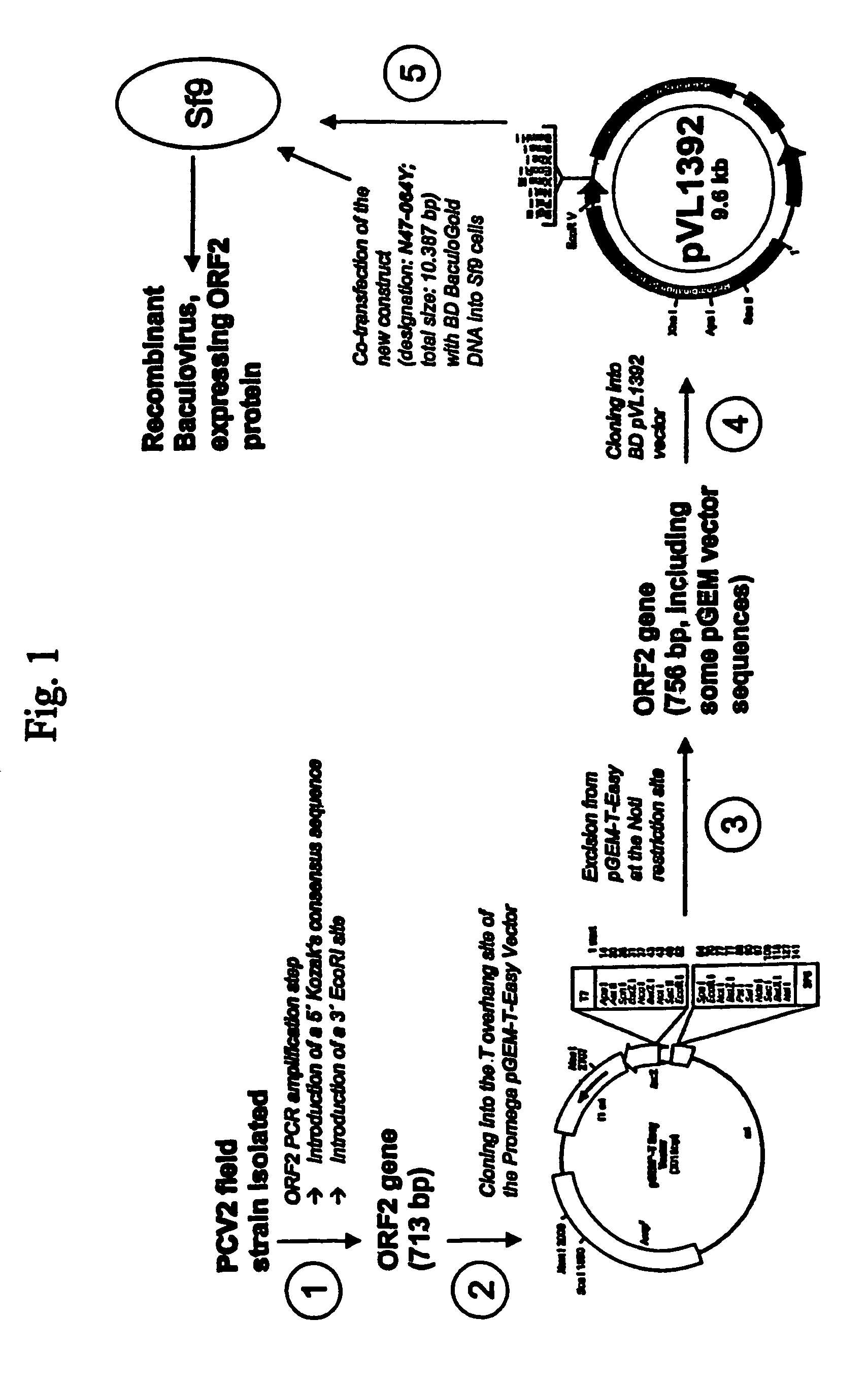
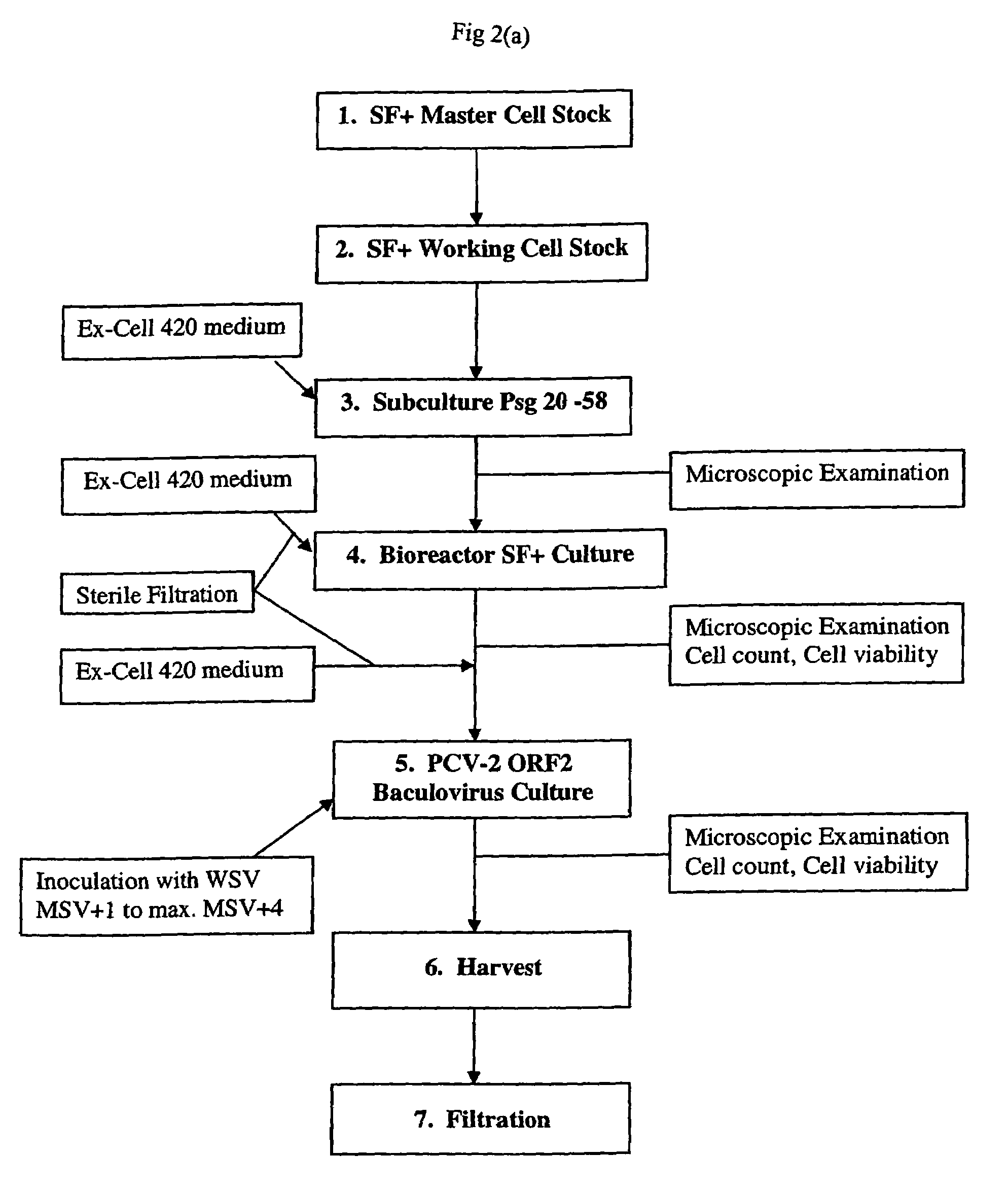
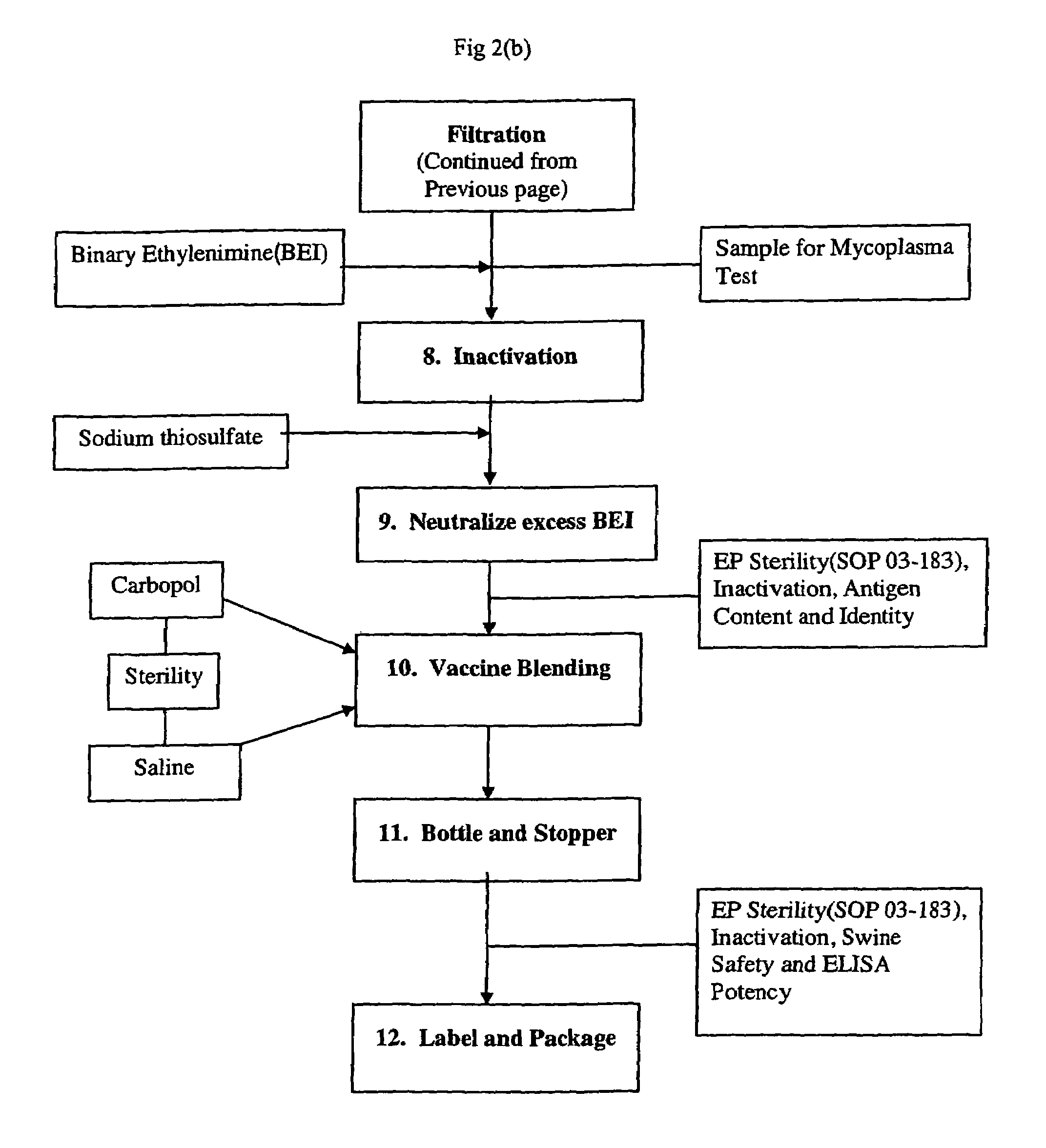

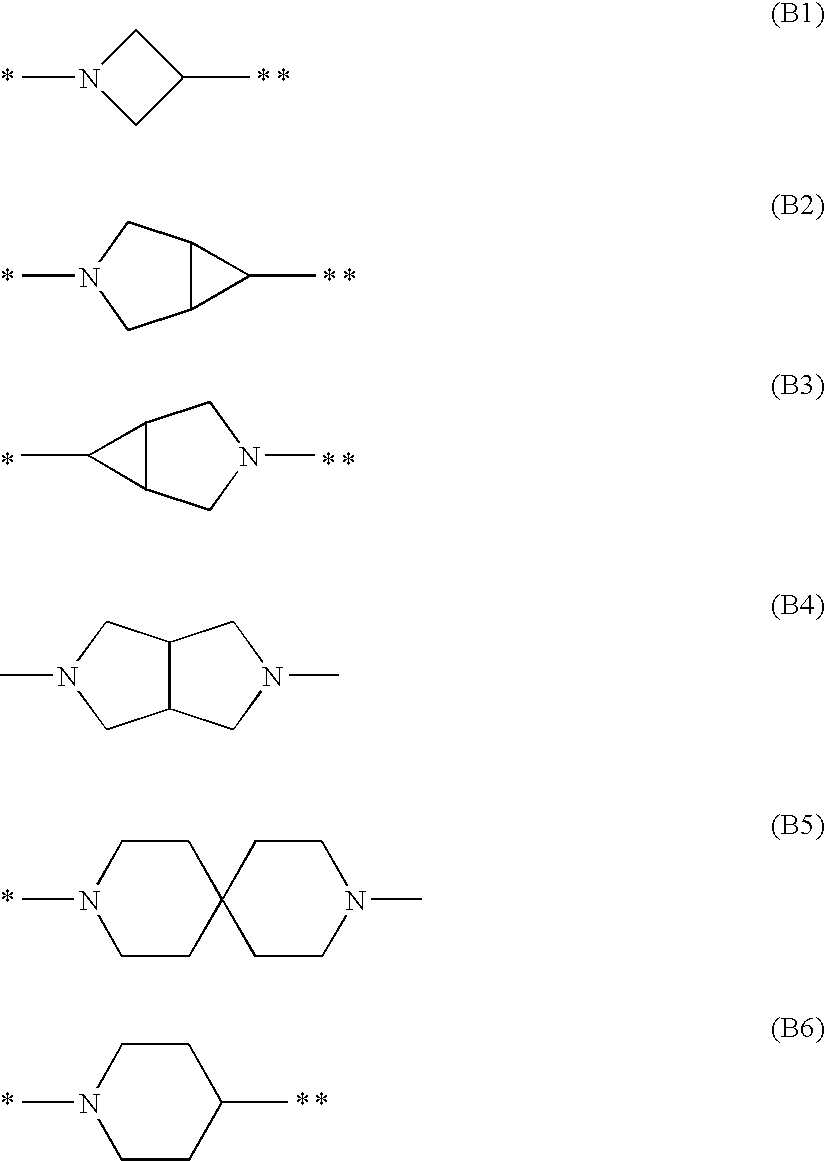

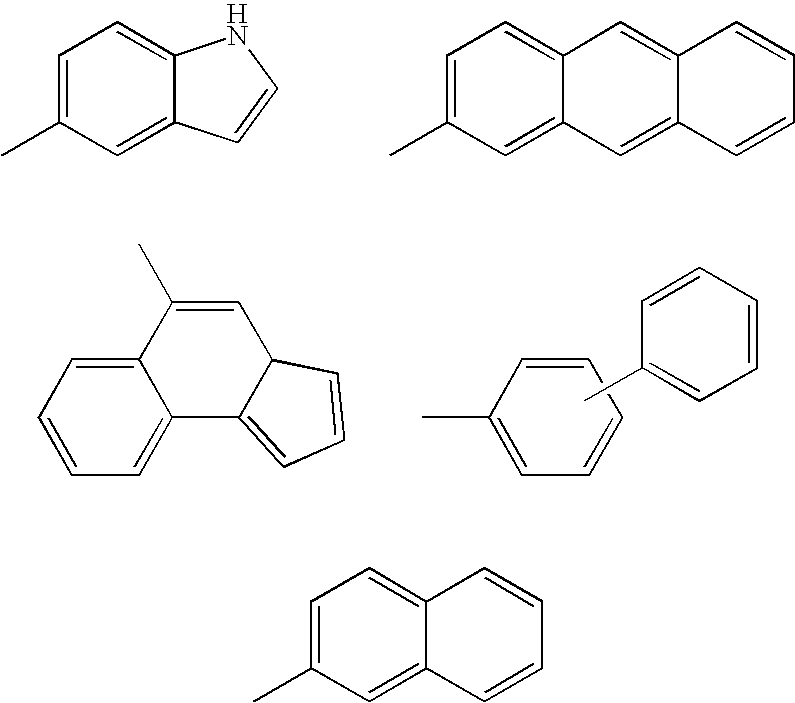
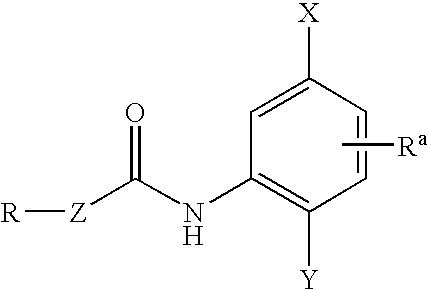
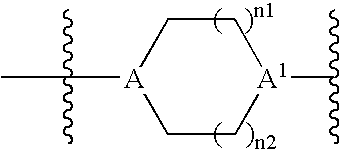

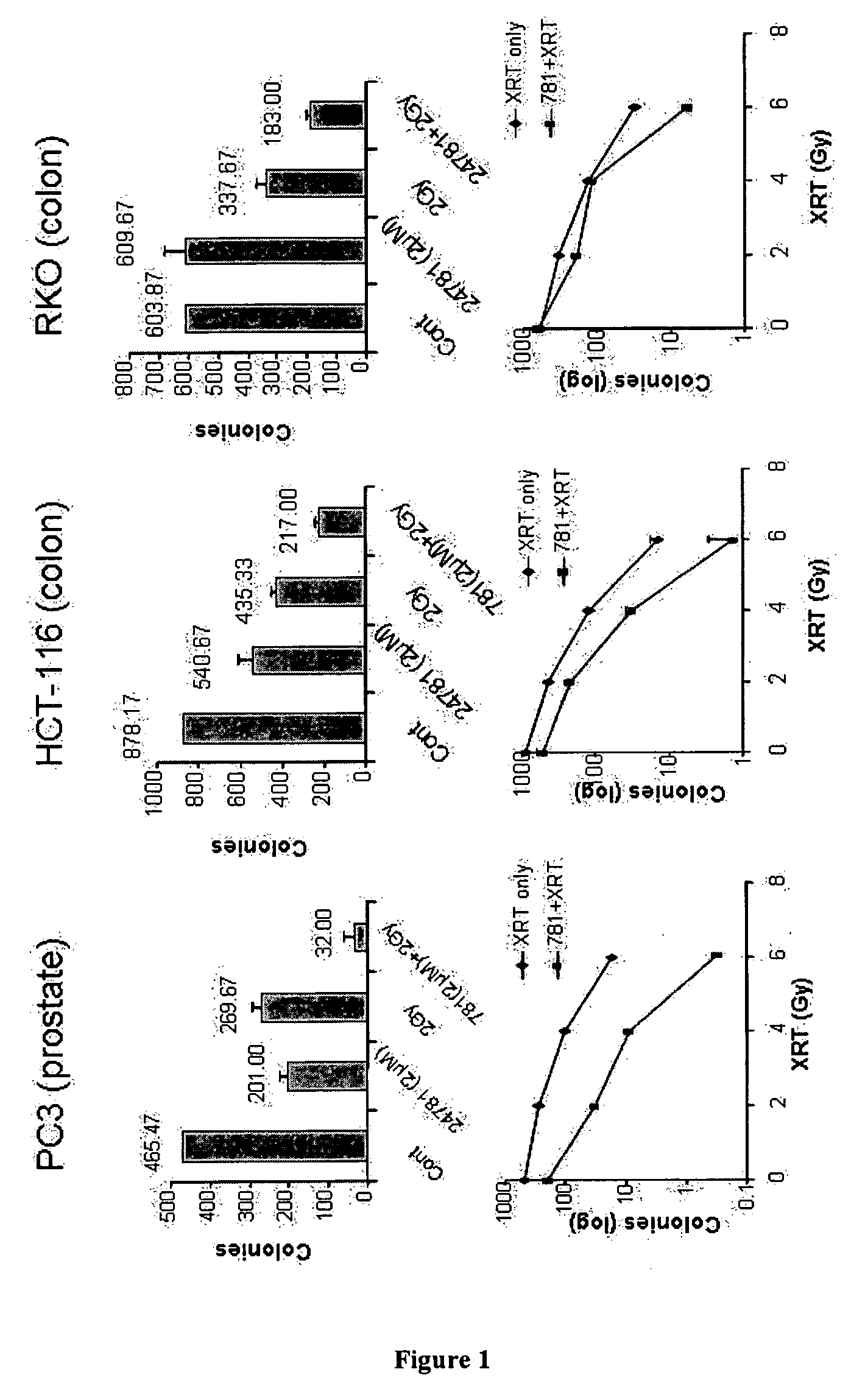




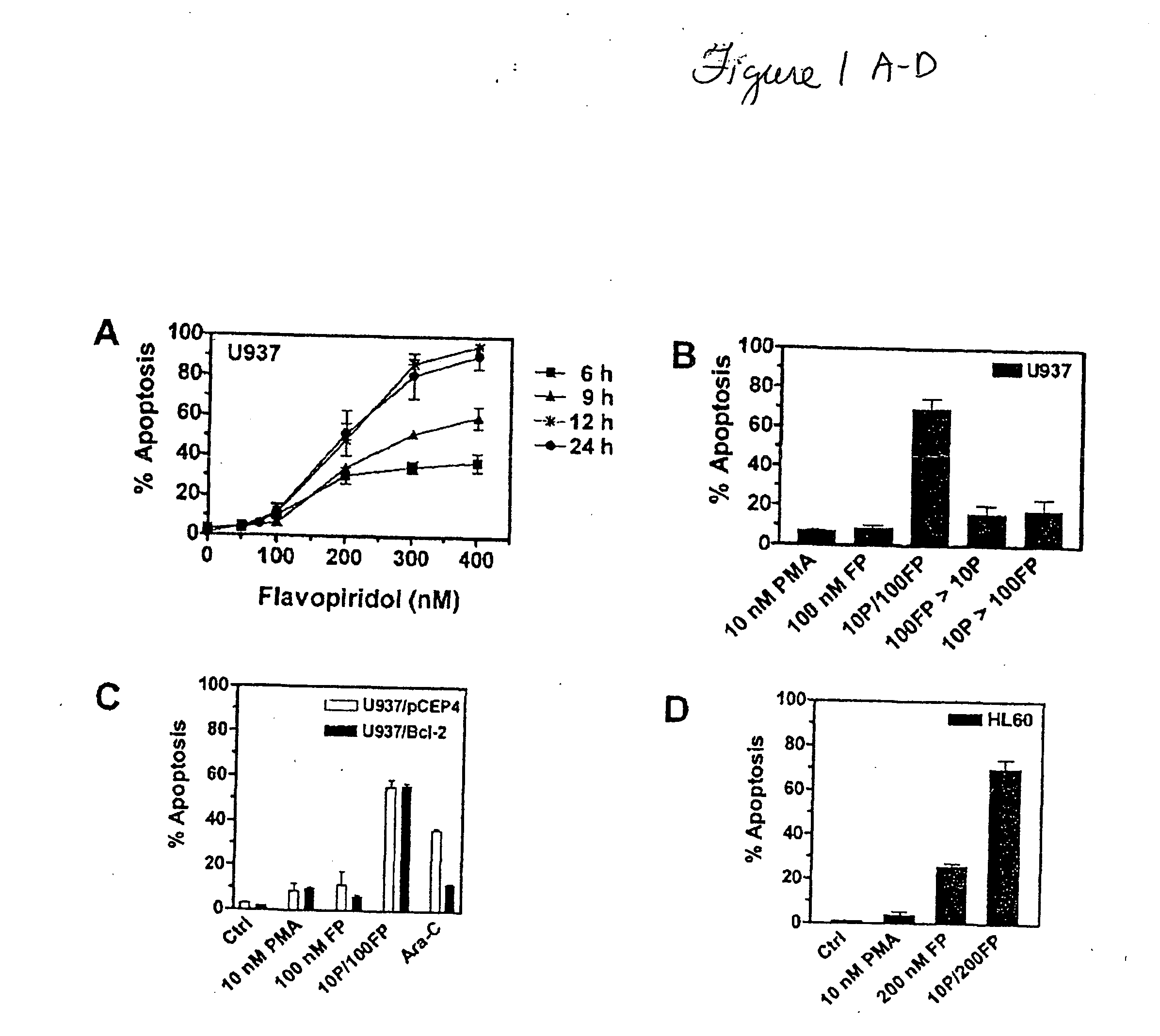
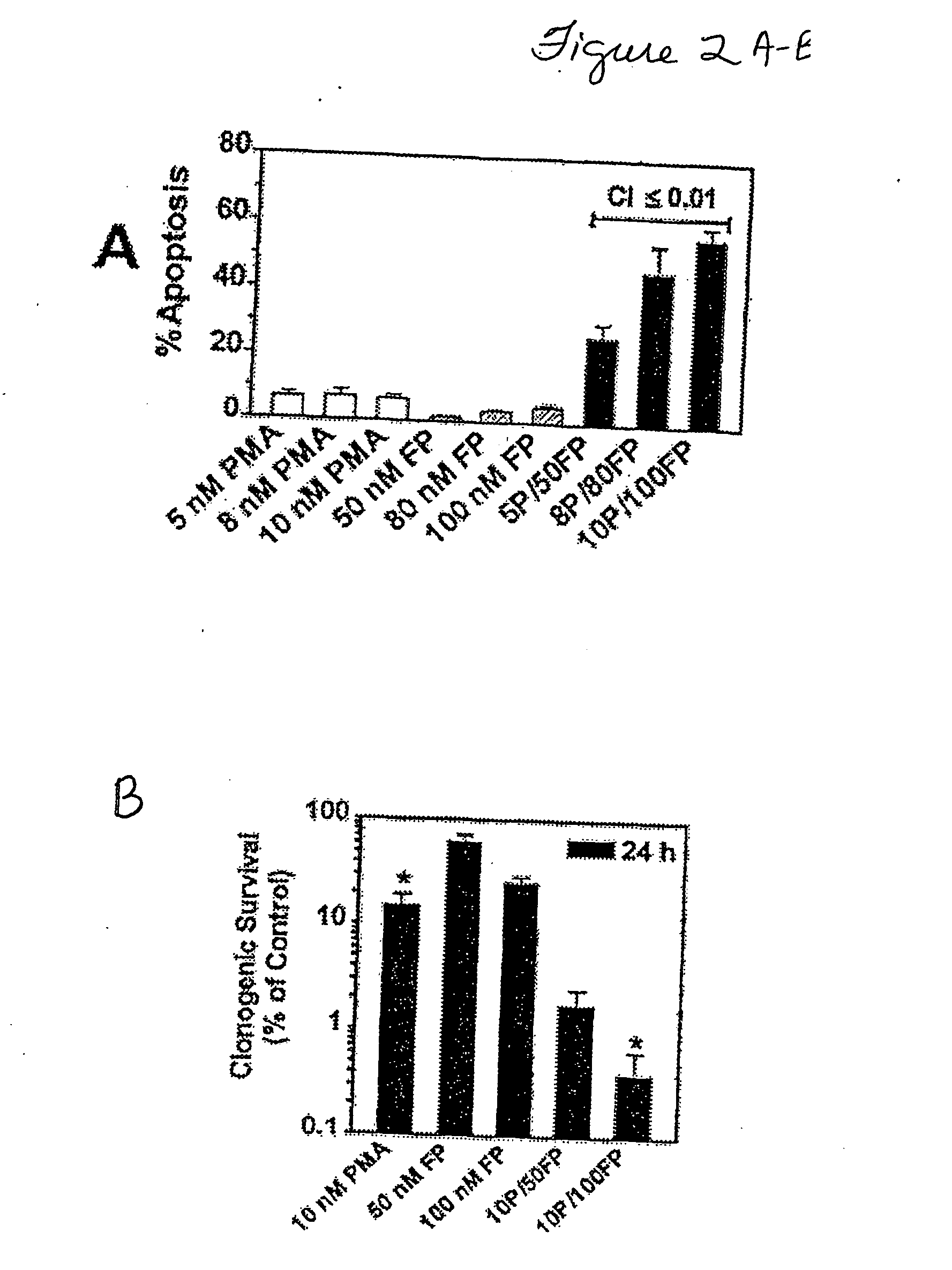
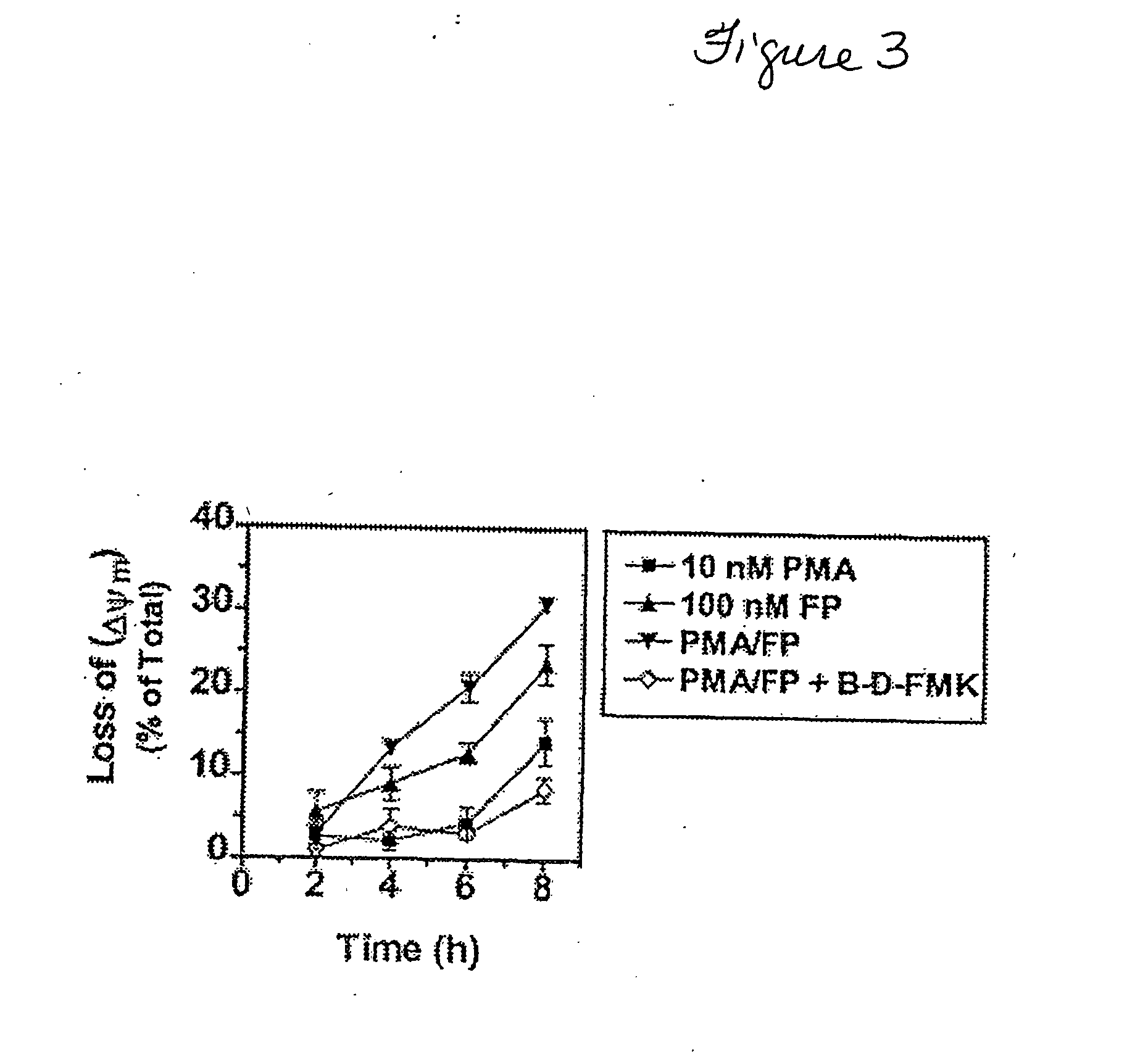
![Application of 2-([1,1'-biphenyl]-4-yl)-2-oxoethyl 4-((3-chloro-4-methylphenyl) amino)-4-oxobutanoate in preparing an LSD1 (lysine-specific demethylase 1) inhibitor medicament Application of 2-([1,1'-biphenyl]-4-yl)-2-oxoethyl 4-((3-chloro-4-methylphenyl) amino)-4-oxobutanoate in preparing an LSD1 (lysine-specific demethylase 1) inhibitor medicament](https://images-eureka-patsnap-com.libproxy1.nus.edu.sg/patent_img/7e706329-04e4-4b5b-b8c9-1a182cd2dbef/HSA0000102396500000011.PNG)
![Application of 2-([1,1'-biphenyl]-4-yl)-2-oxoethyl 4-((3-chloro-4-methylphenyl) amino)-4-oxobutanoate in preparing an LSD1 (lysine-specific demethylase 1) inhibitor medicament Application of 2-([1,1'-biphenyl]-4-yl)-2-oxoethyl 4-((3-chloro-4-methylphenyl) amino)-4-oxobutanoate in preparing an LSD1 (lysine-specific demethylase 1) inhibitor medicament](https://images-eureka-patsnap-com.libproxy1.nus.edu.sg/patent_img/7e706329-04e4-4b5b-b8c9-1a182cd2dbef/HSA0000102396500000012.PNG)
![Application of 2-([1,1'-biphenyl]-4-yl)-2-oxoethyl 4-((3-chloro-4-methylphenyl) amino)-4-oxobutanoate in preparing an LSD1 (lysine-specific demethylase 1) inhibitor medicament Application of 2-([1,1'-biphenyl]-4-yl)-2-oxoethyl 4-((3-chloro-4-methylphenyl) amino)-4-oxobutanoate in preparing an LSD1 (lysine-specific demethylase 1) inhibitor medicament](https://images-eureka-patsnap-com.libproxy1.nus.edu.sg/patent_img/7e706329-04e4-4b5b-b8c9-1a182cd2dbef/HSA0000102396500000013.PNG)
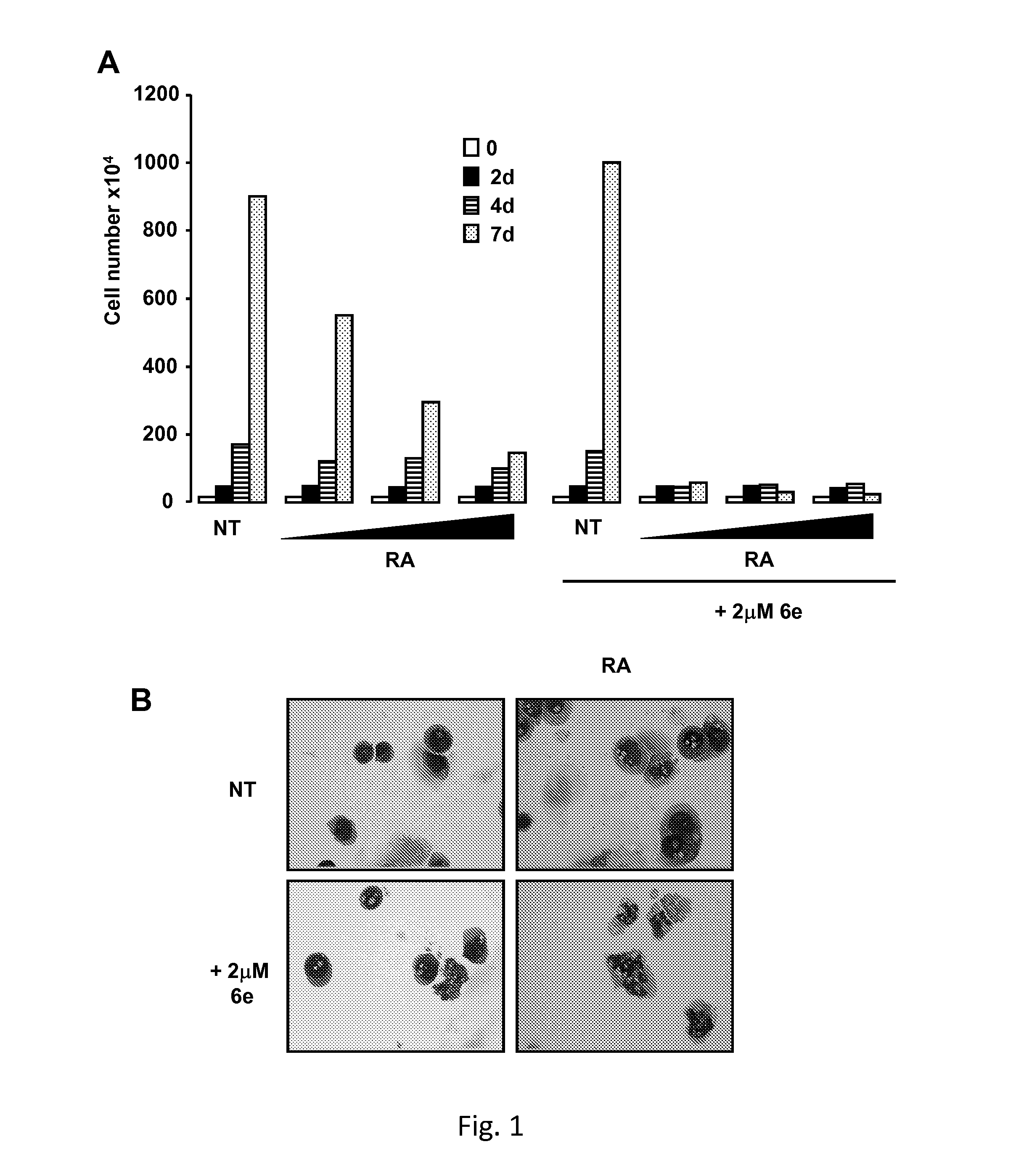
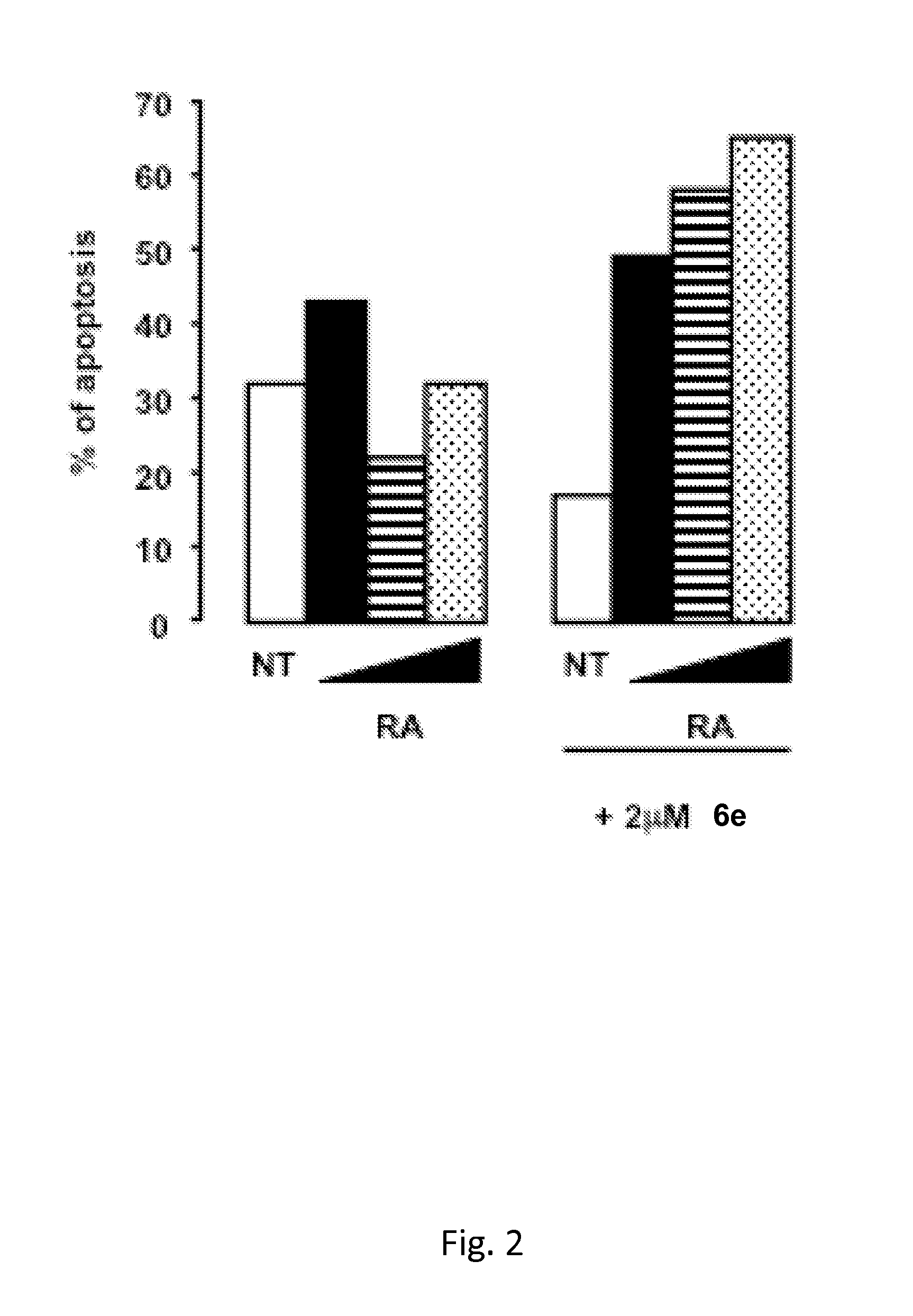
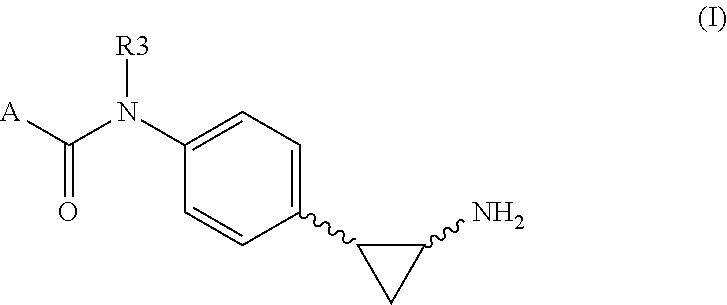
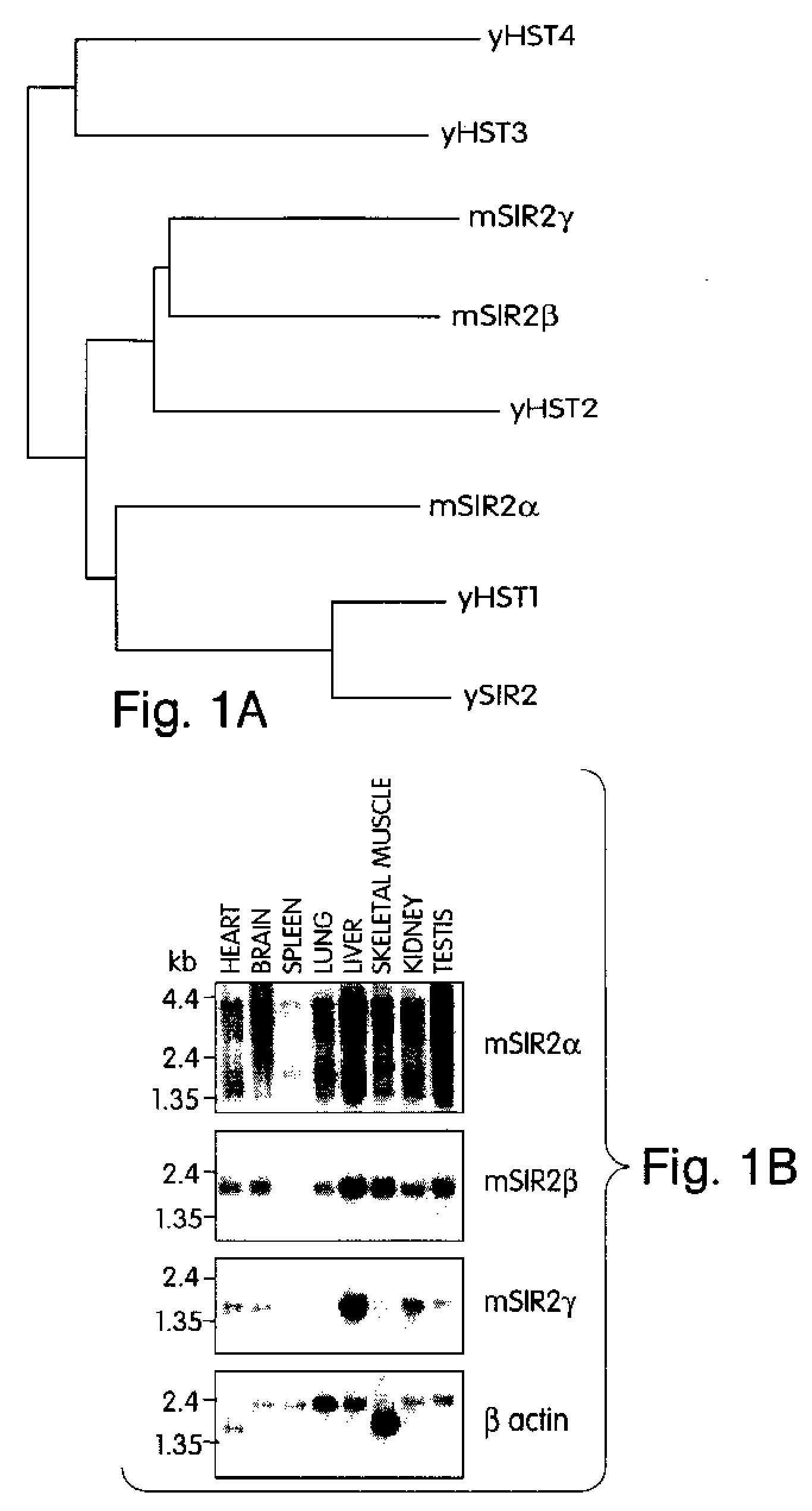
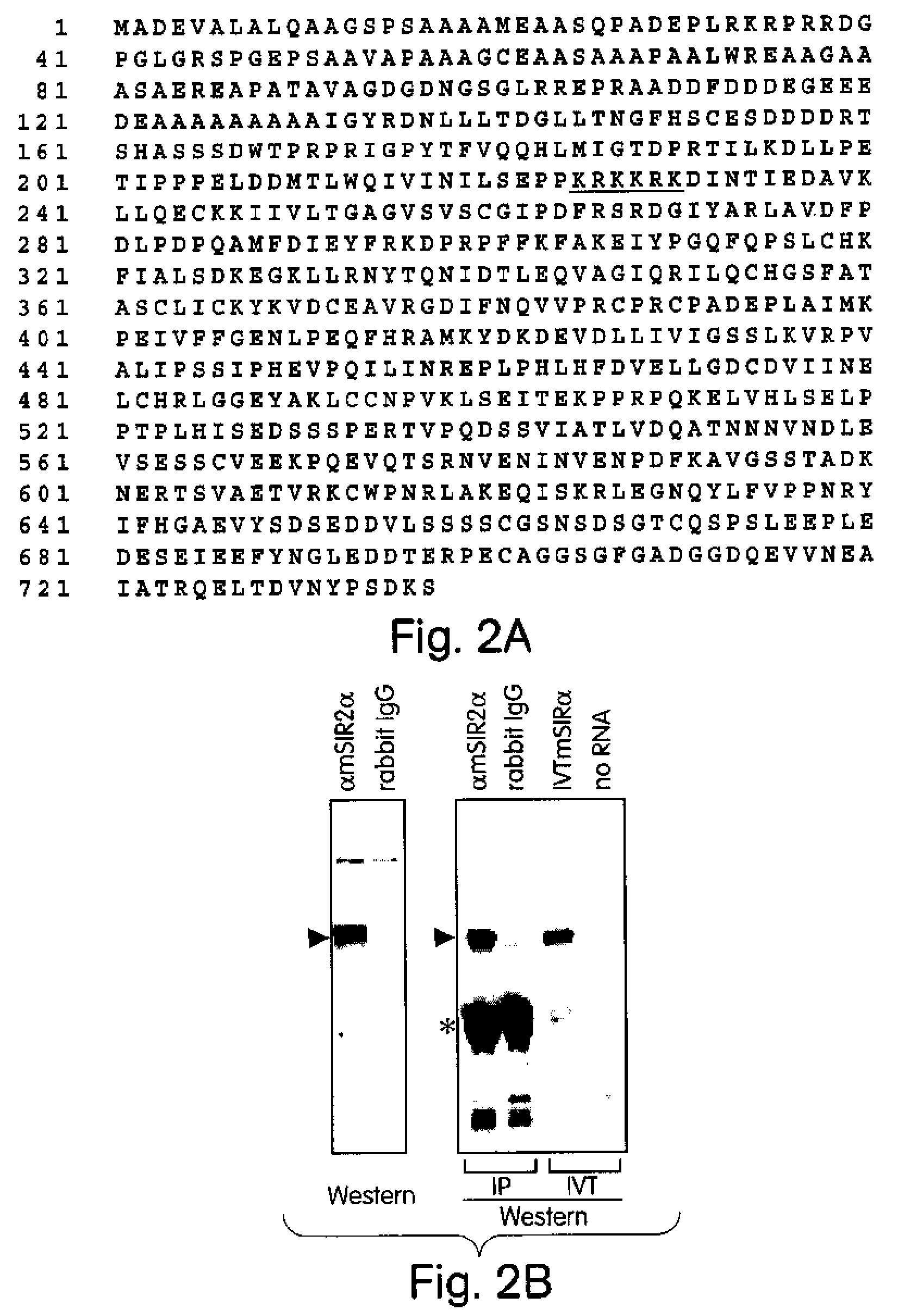
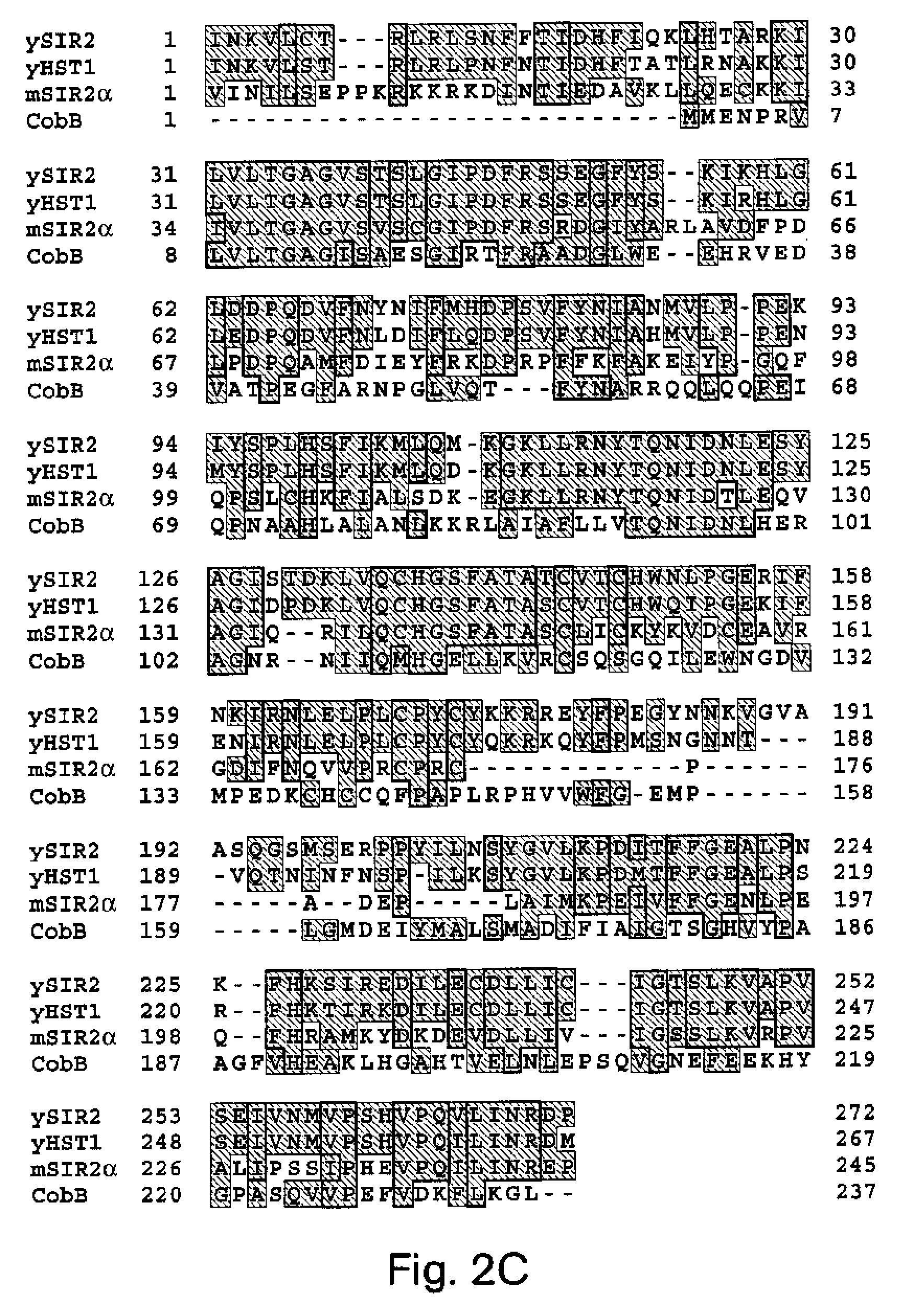
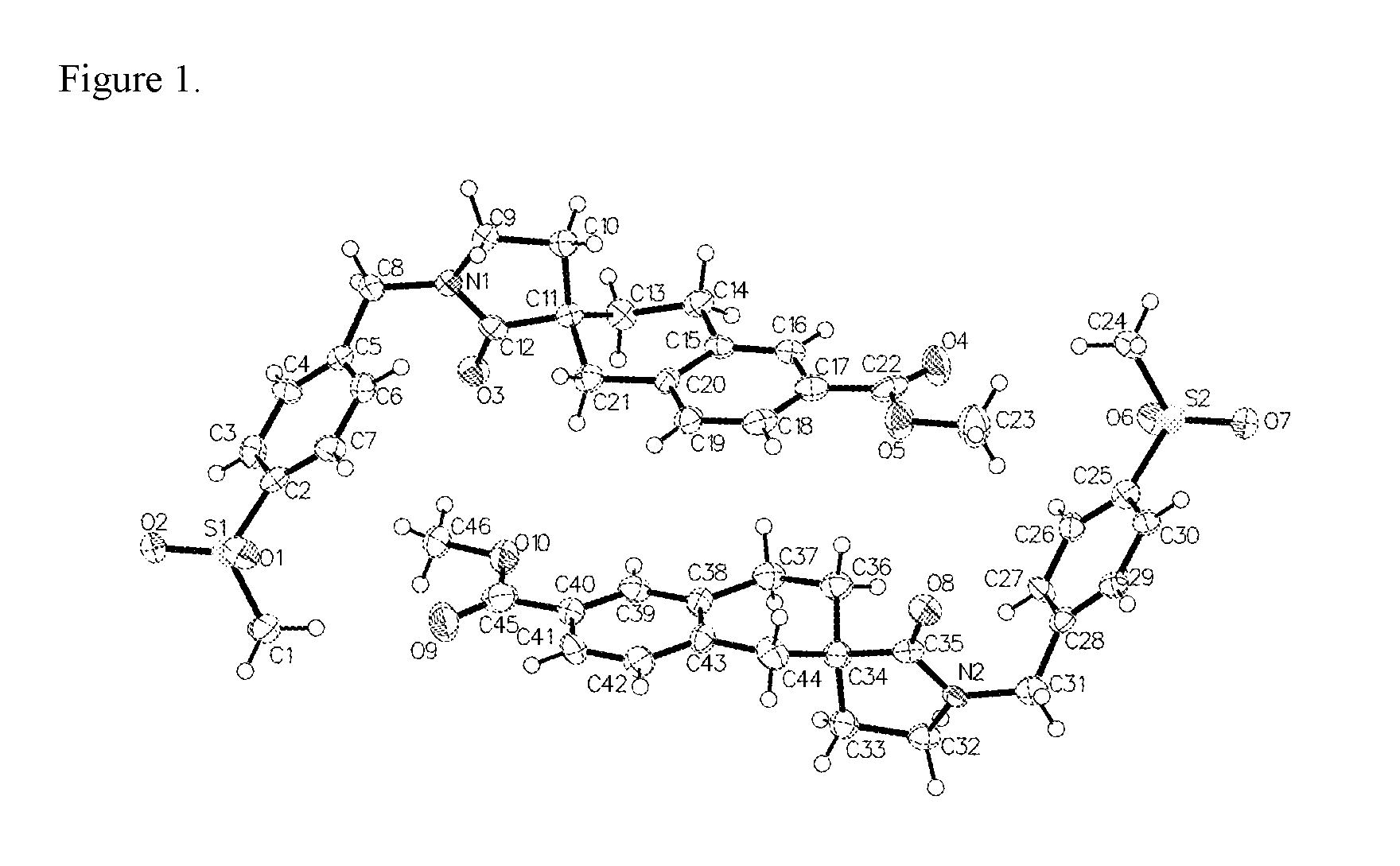
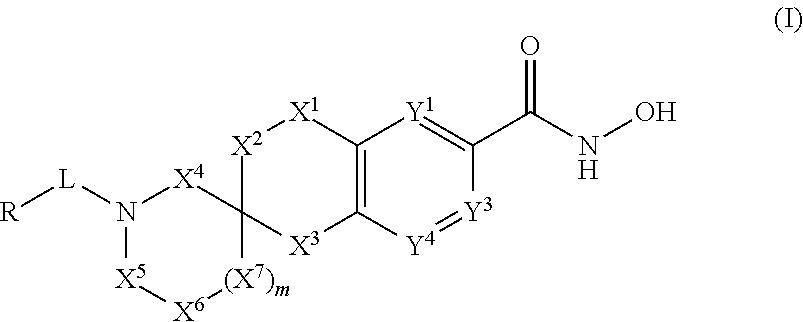
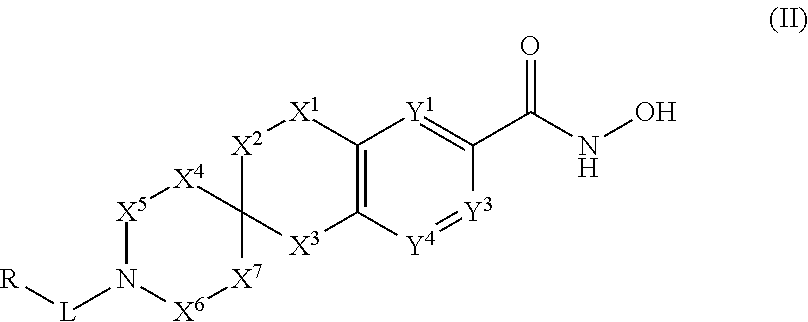
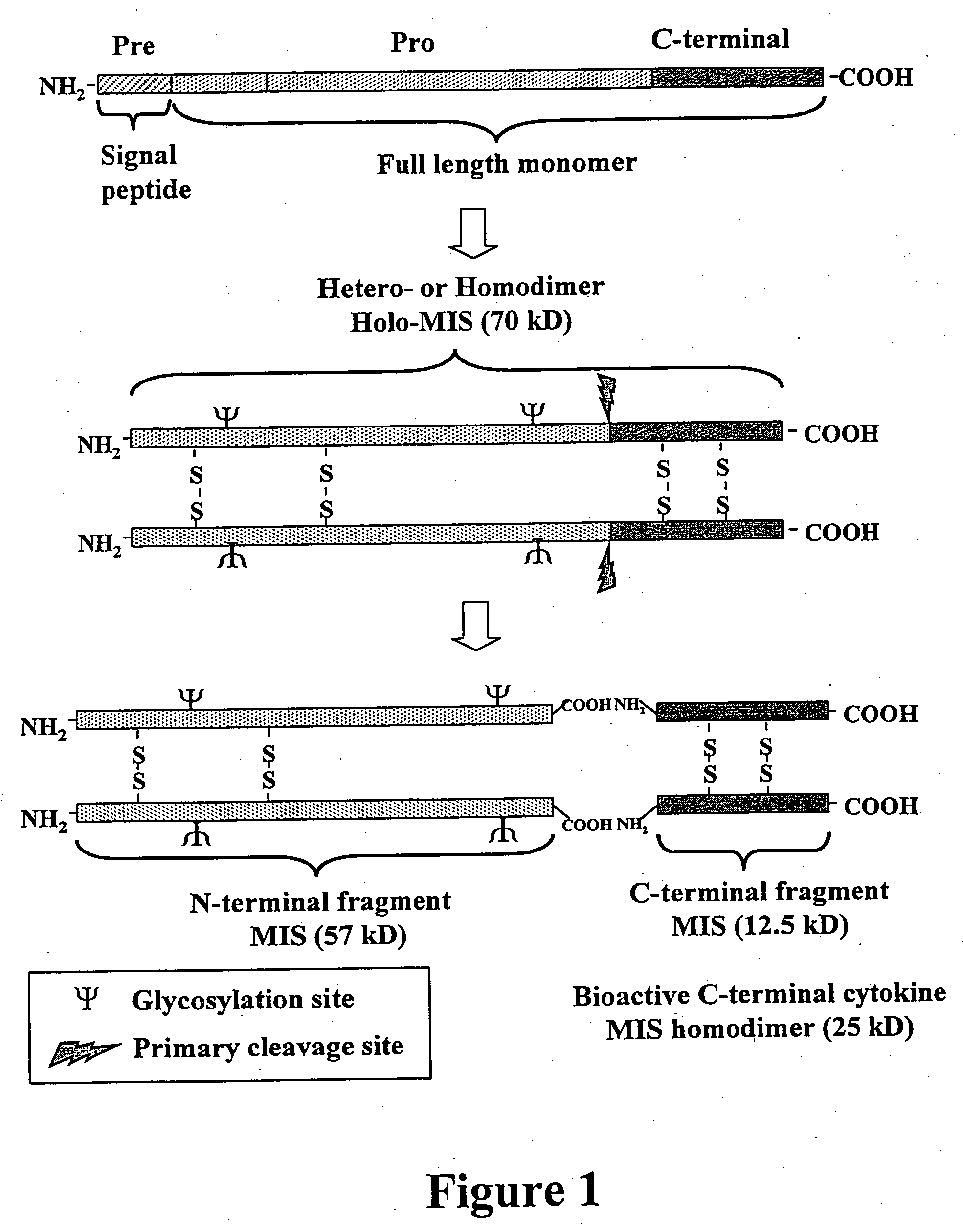
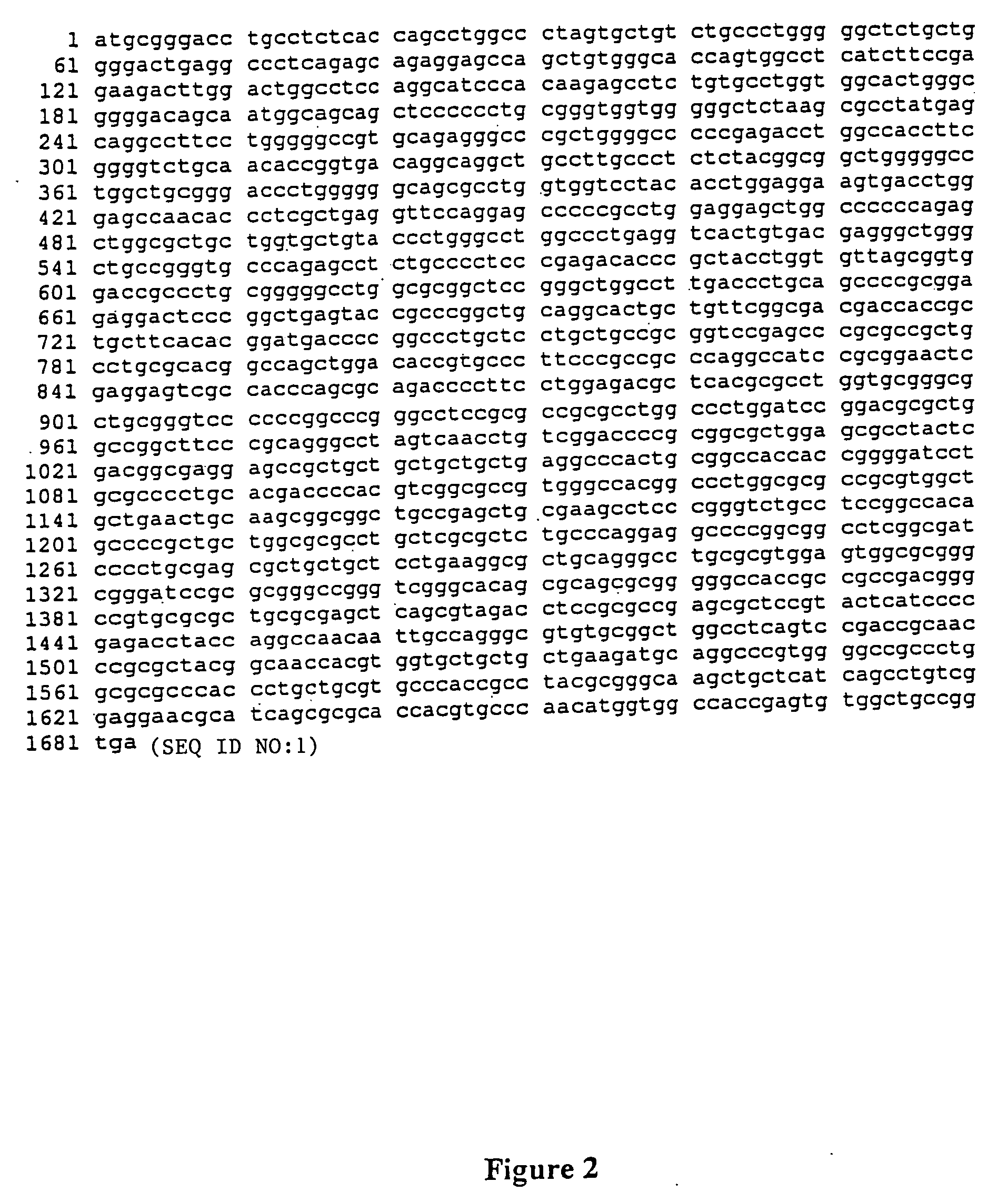
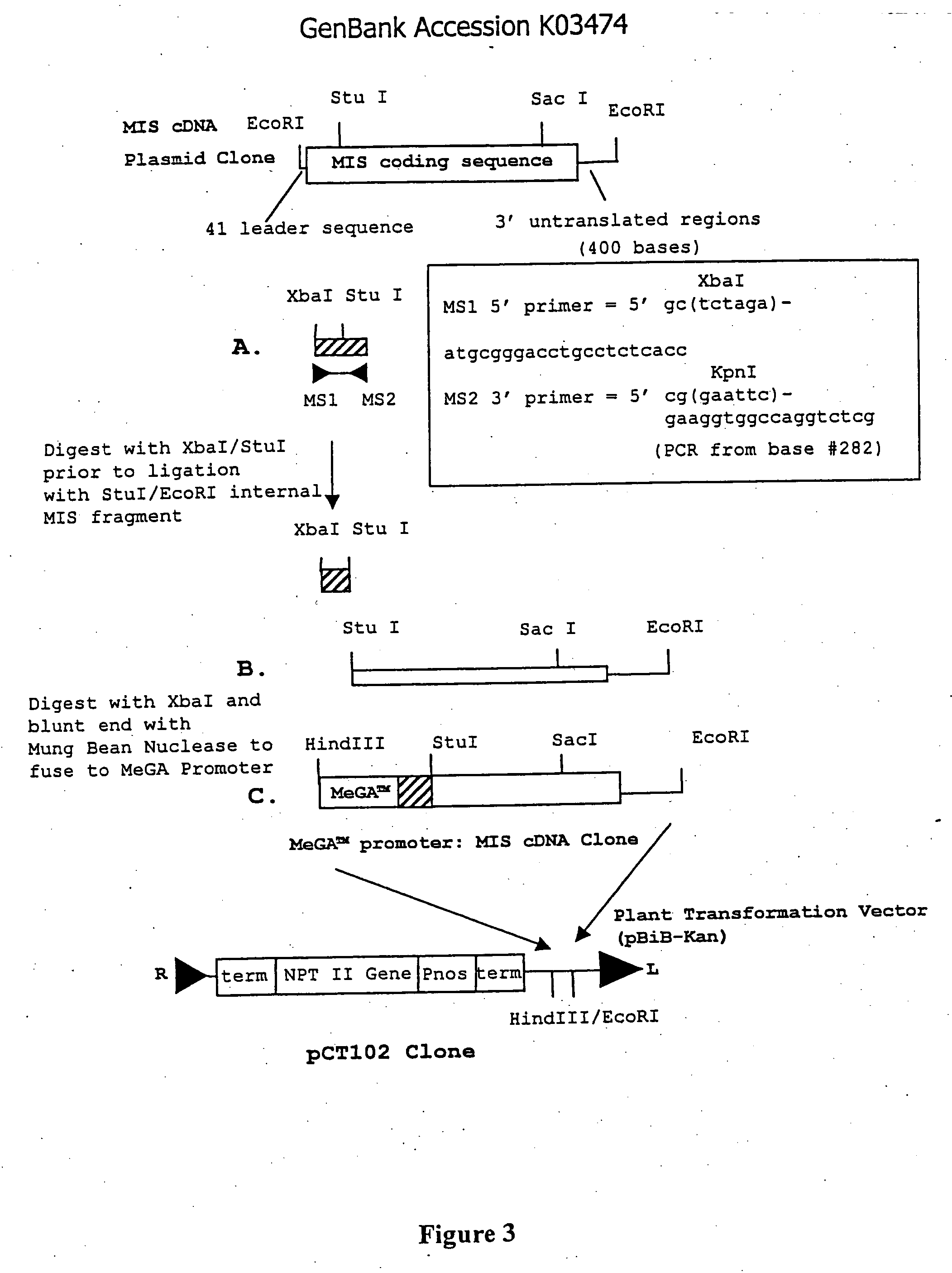
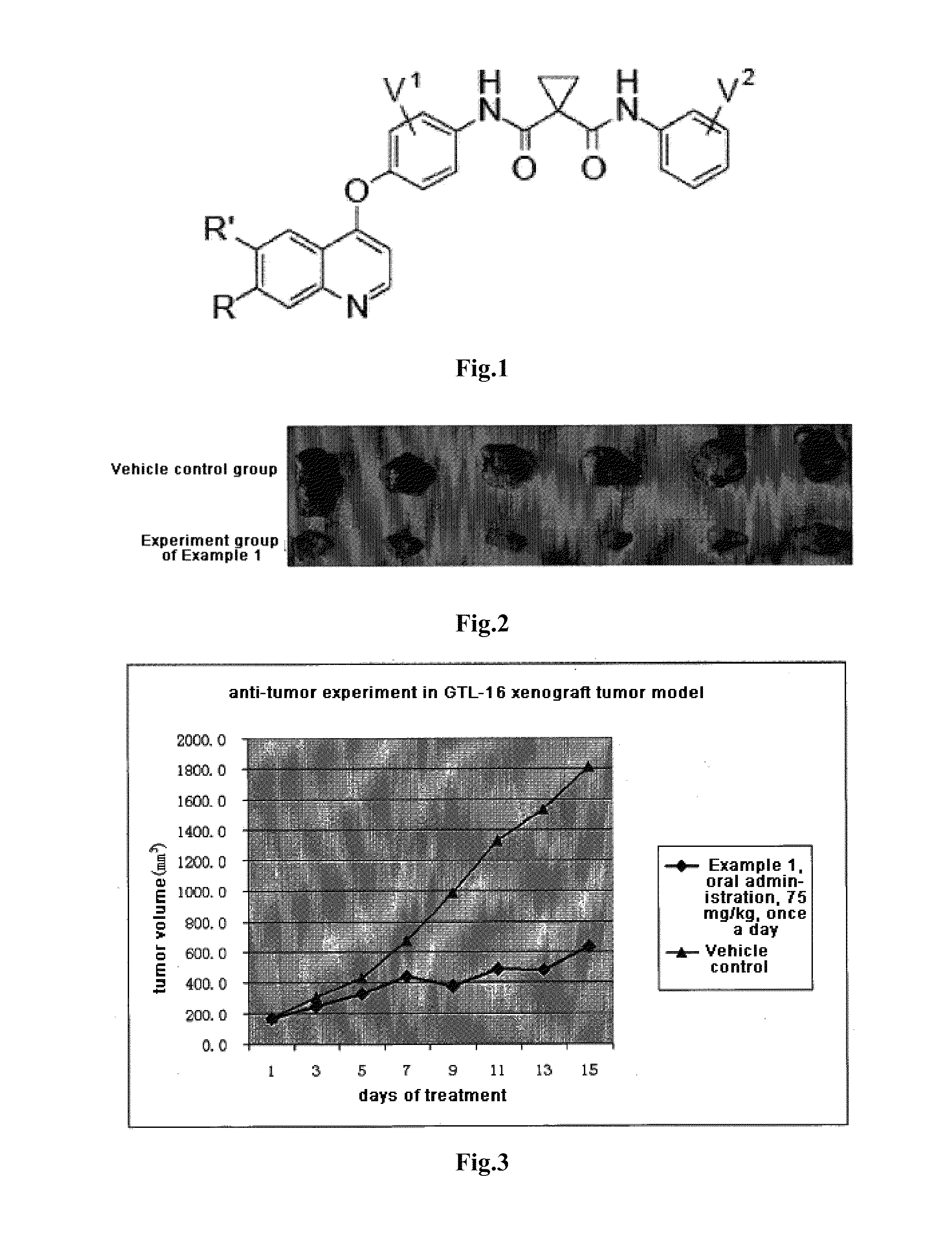
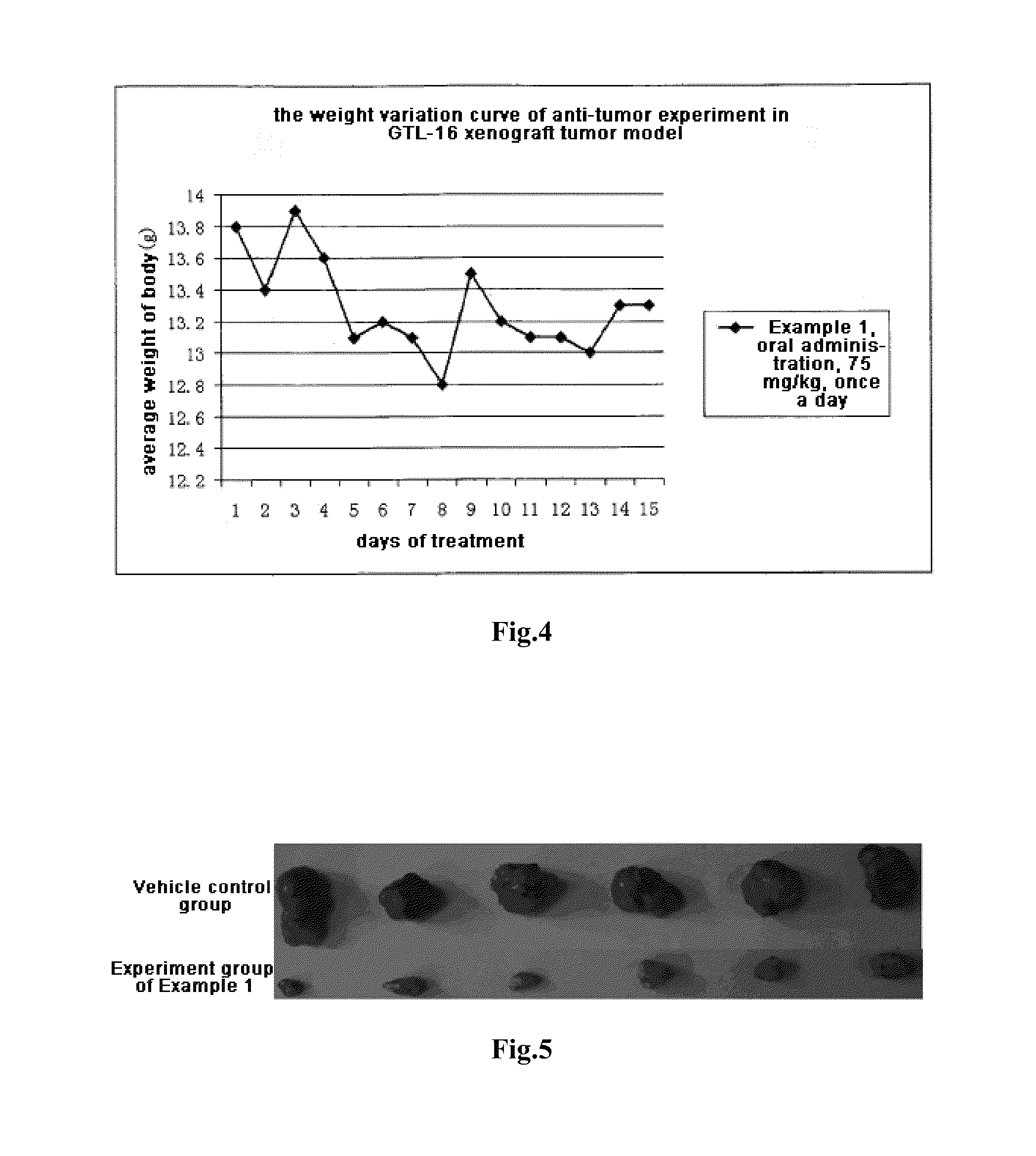
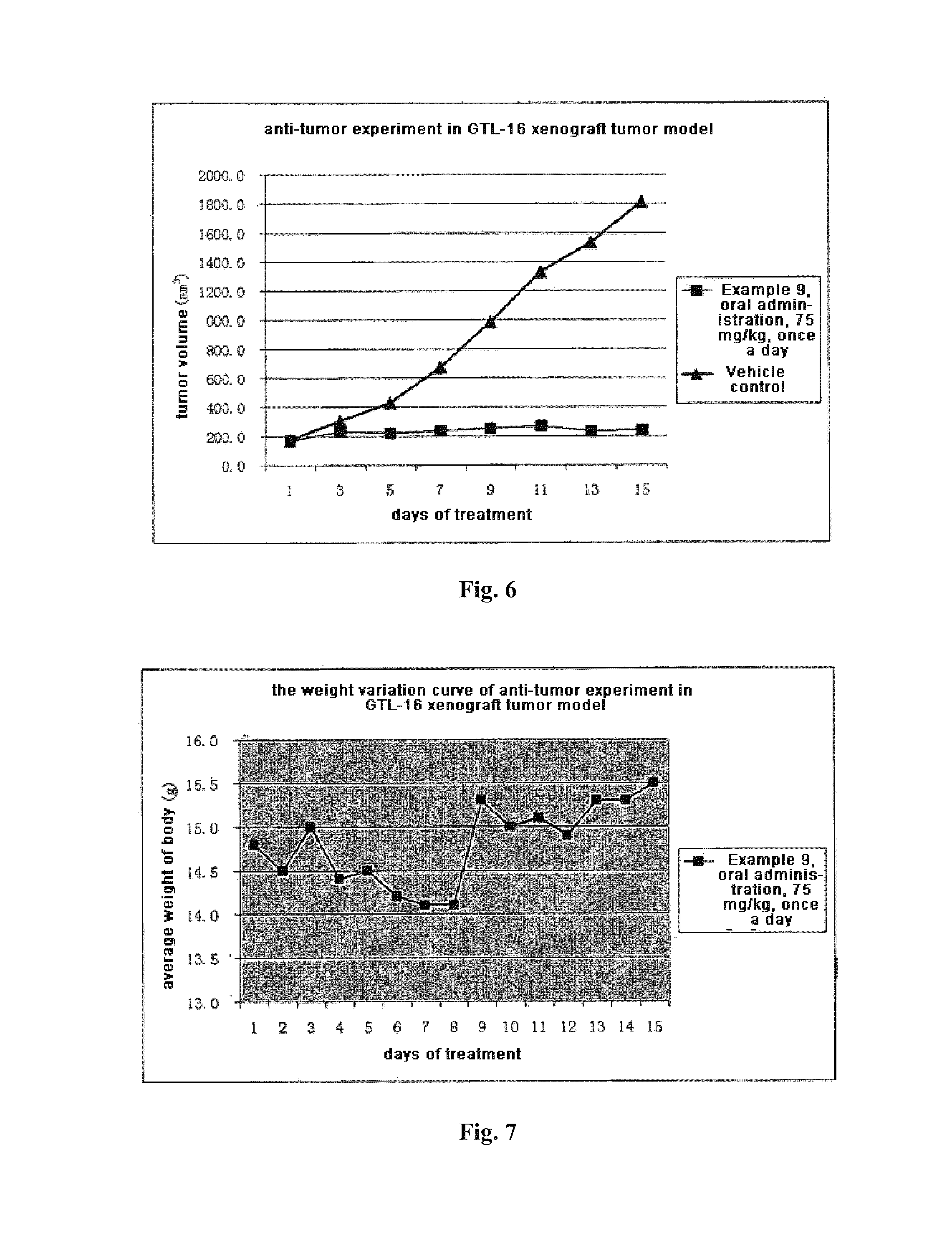
![3-alkyl-4-amido-bicyclic [4,5,0] hydroxamic acids as HDAC inhibitors 3-alkyl-4-amido-bicyclic [4,5,0] hydroxamic acids as HDAC inhibitors](https://images-eureka-patsnap-com.libproxy1.nus.edu.sg/patent_img/b31837b1-af5c-47fc-b00f-34bbda87ea97/US20160222028A1-20160804-C00001.PNG)
![3-alkyl-4-amido-bicyclic [4,5,0] hydroxamic acids as HDAC inhibitors 3-alkyl-4-amido-bicyclic [4,5,0] hydroxamic acids as HDAC inhibitors](https://images-eureka-patsnap-com.libproxy1.nus.edu.sg/patent_img/b31837b1-af5c-47fc-b00f-34bbda87ea97/US20160222028A1-20160804-C00002.PNG)
![3-alkyl-4-amido-bicyclic [4,5,0] hydroxamic acids as HDAC inhibitors 3-alkyl-4-amido-bicyclic [4,5,0] hydroxamic acids as HDAC inhibitors](https://images-eureka-patsnap-com.libproxy1.nus.edu.sg/patent_img/b31837b1-af5c-47fc-b00f-34bbda87ea97/US20160222028A1-20160804-C00003.PNG)
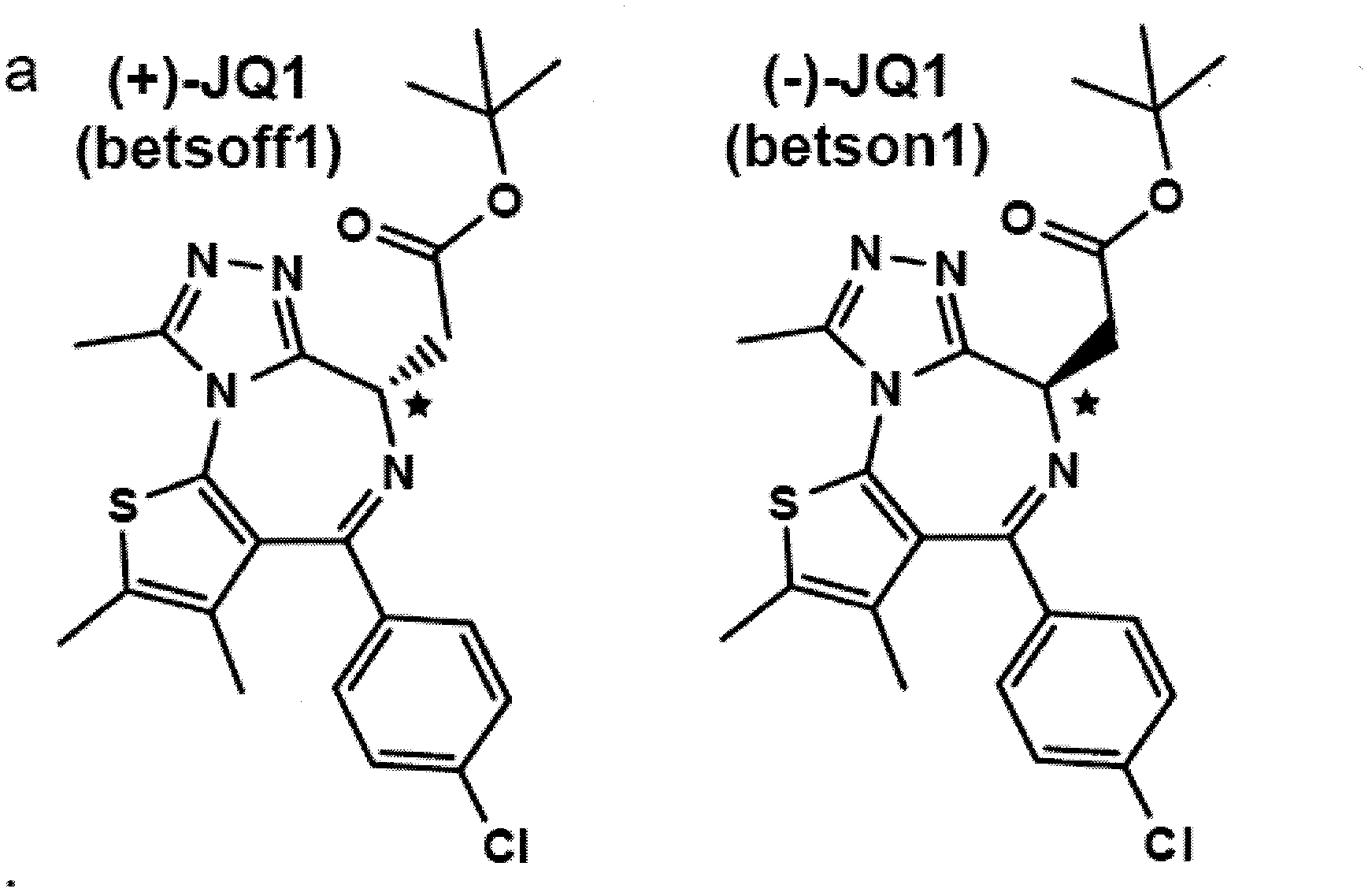
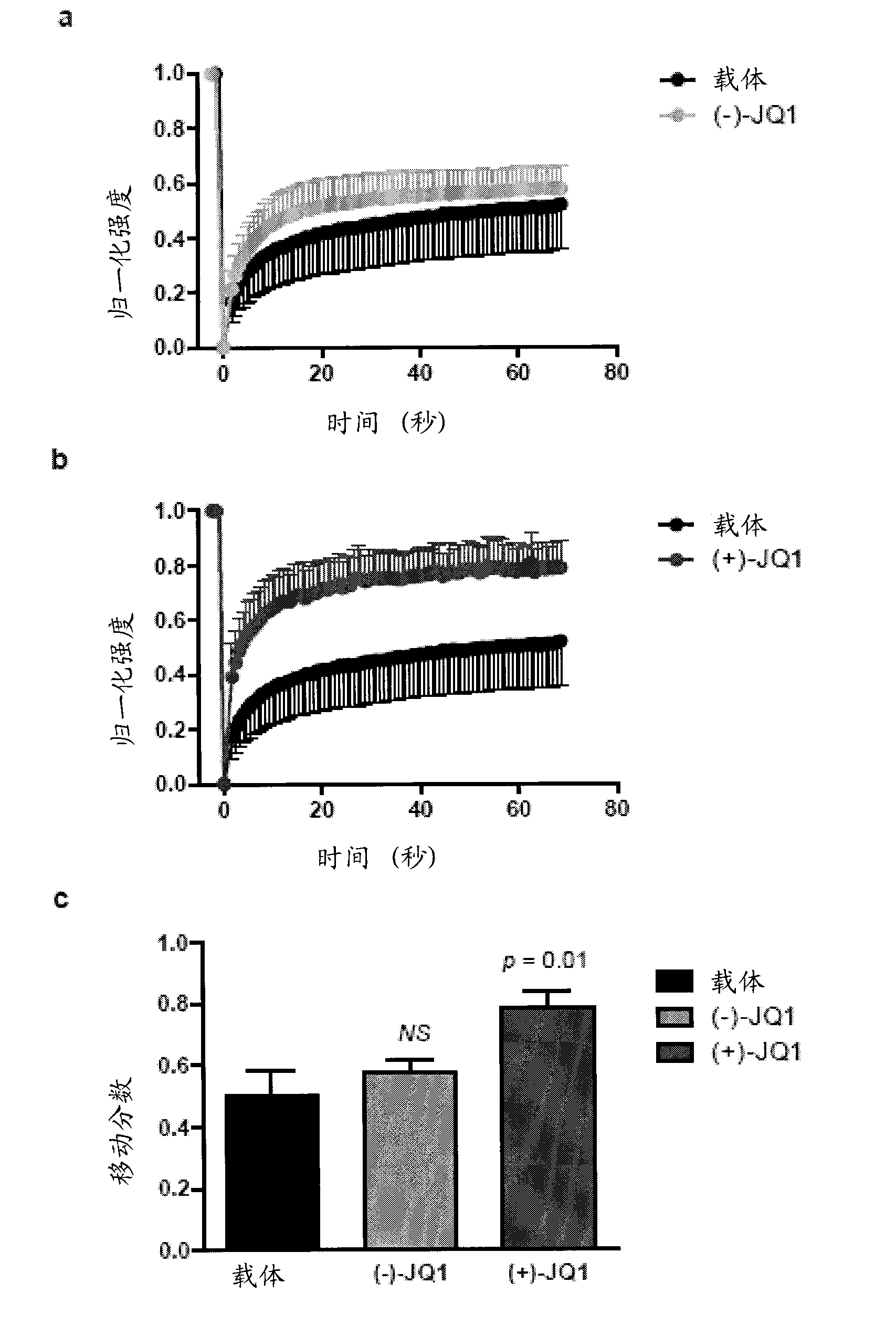
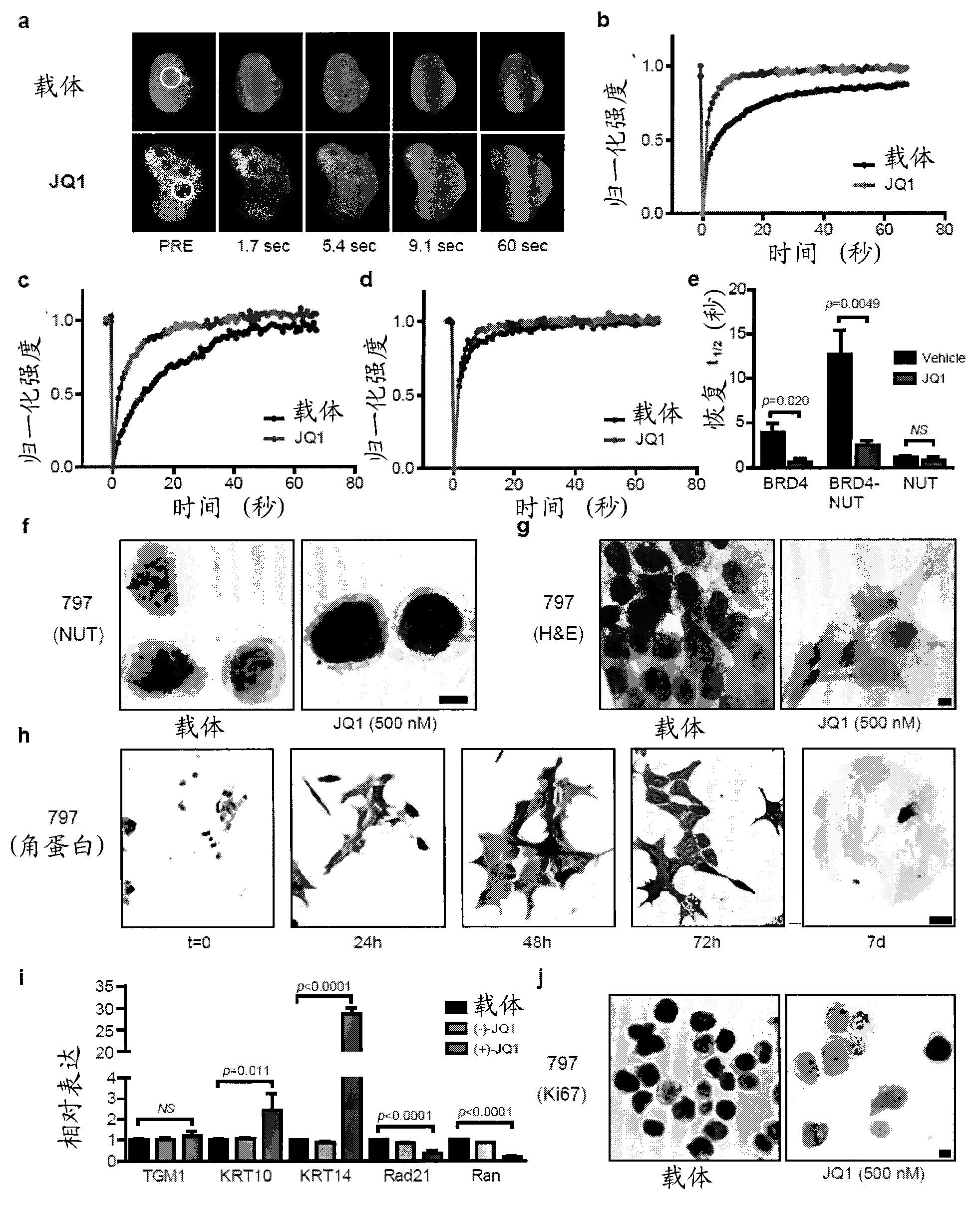
![3-alkyl bicyclic [4,5,0] hydroxamic acids as HDAC inhibitors 3-alkyl bicyclic [4,5,0] hydroxamic acids as HDAC inhibitors](https://images-eureka-patsnap-com.libproxy1.nus.edu.sg/patent_img/386a7737-e24b-423f-80c4-039885e4580e/US20160221972A1-20160804-C00001.PNG)
![3-alkyl bicyclic [4,5,0] hydroxamic acids as HDAC inhibitors 3-alkyl bicyclic [4,5,0] hydroxamic acids as HDAC inhibitors](https://images-eureka-patsnap-com.libproxy1.nus.edu.sg/patent_img/386a7737-e24b-423f-80c4-039885e4580e/US20160221972A1-20160804-C00002.PNG)
![3-alkyl bicyclic [4,5,0] hydroxamic acids as HDAC inhibitors 3-alkyl bicyclic [4,5,0] hydroxamic acids as HDAC inhibitors](https://images-eureka-patsnap-com.libproxy1.nus.edu.sg/patent_img/386a7737-e24b-423f-80c4-039885e4580e/US20160221972A1-20160804-C00003.PNG)
